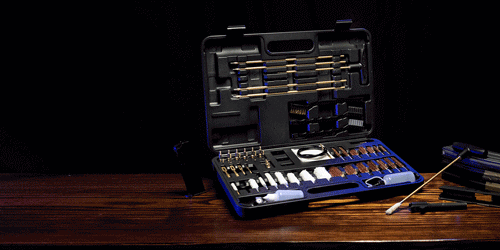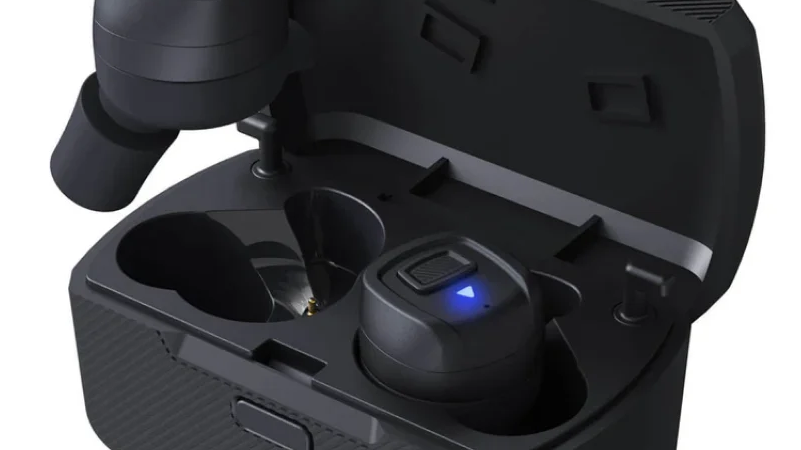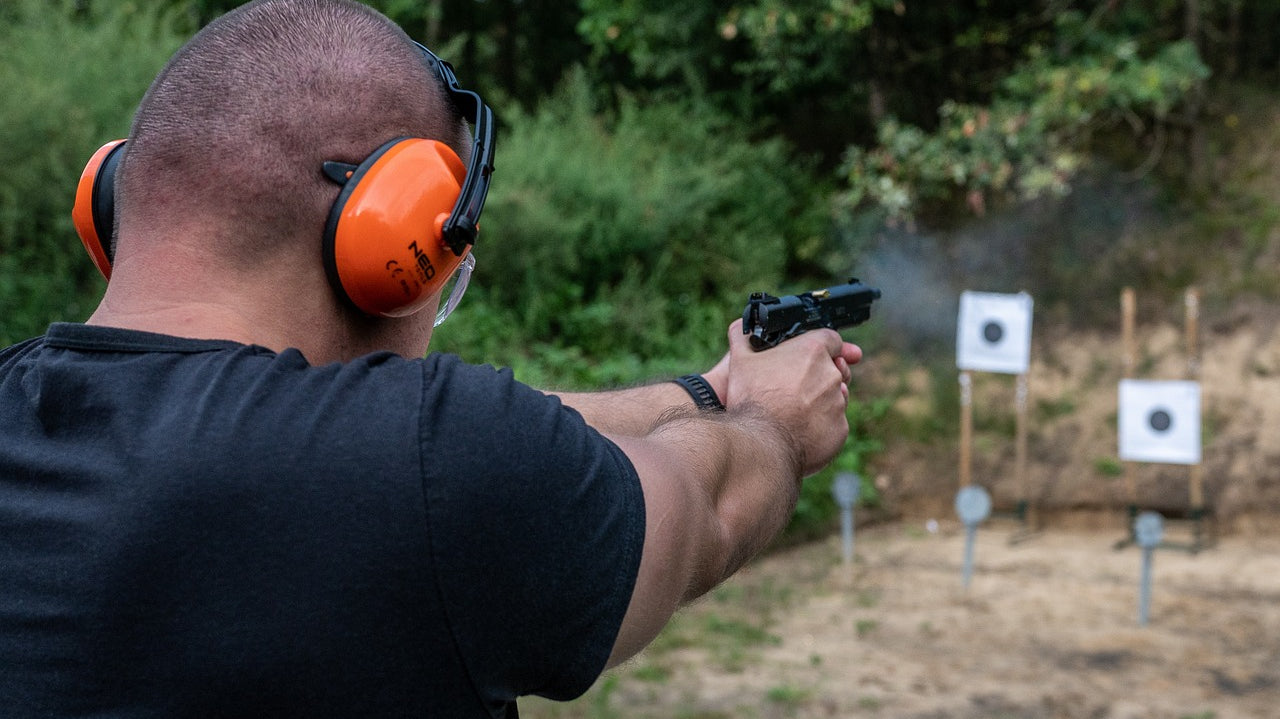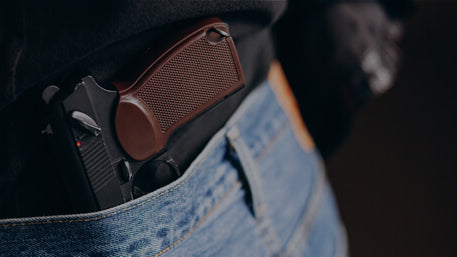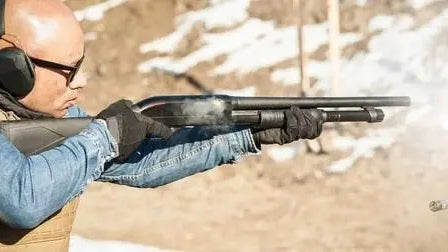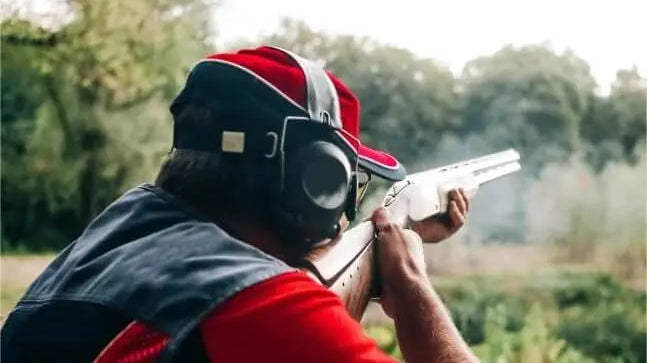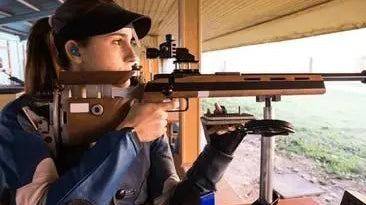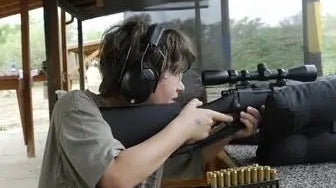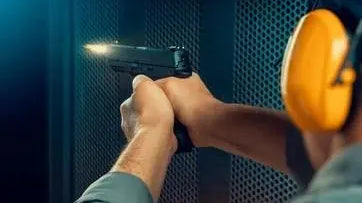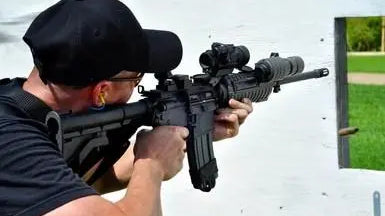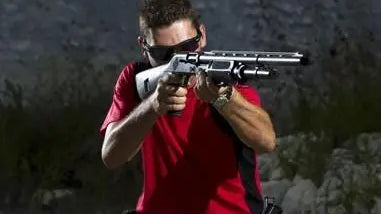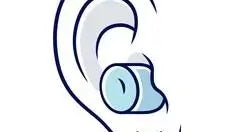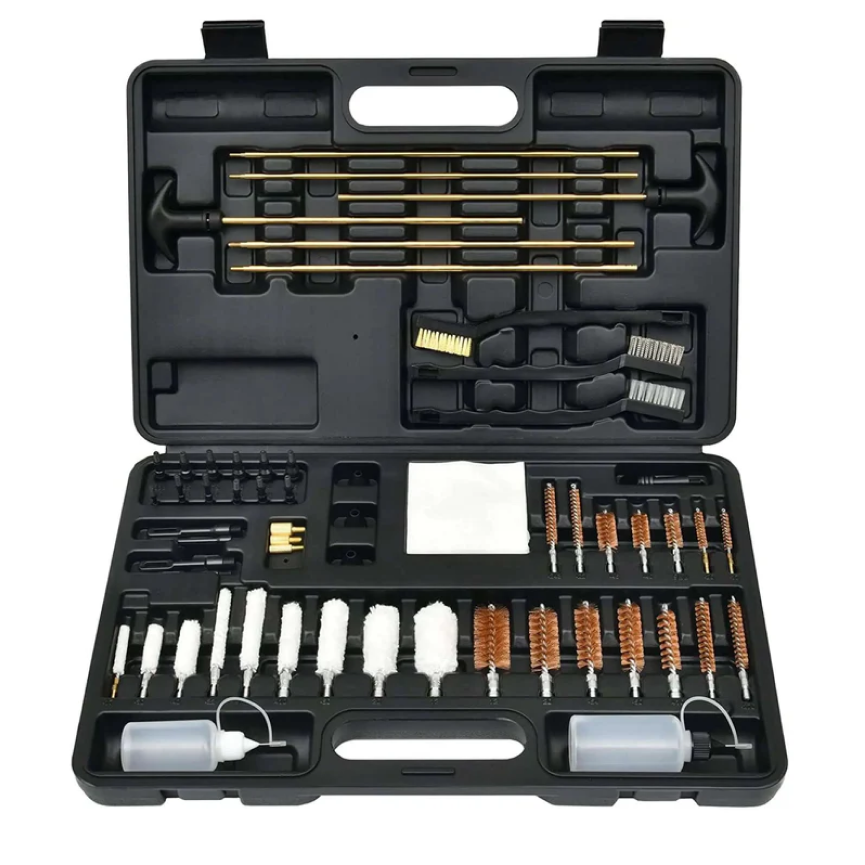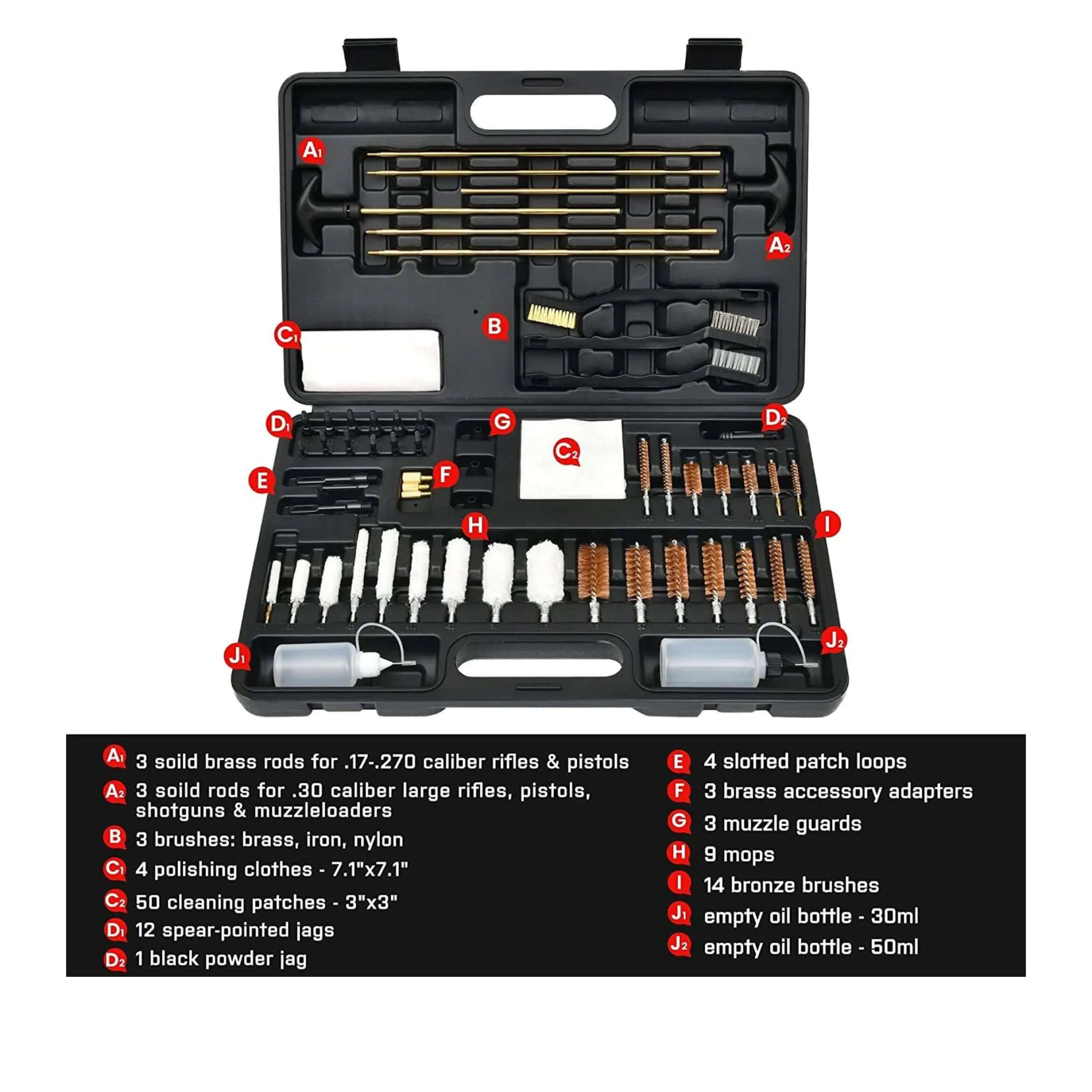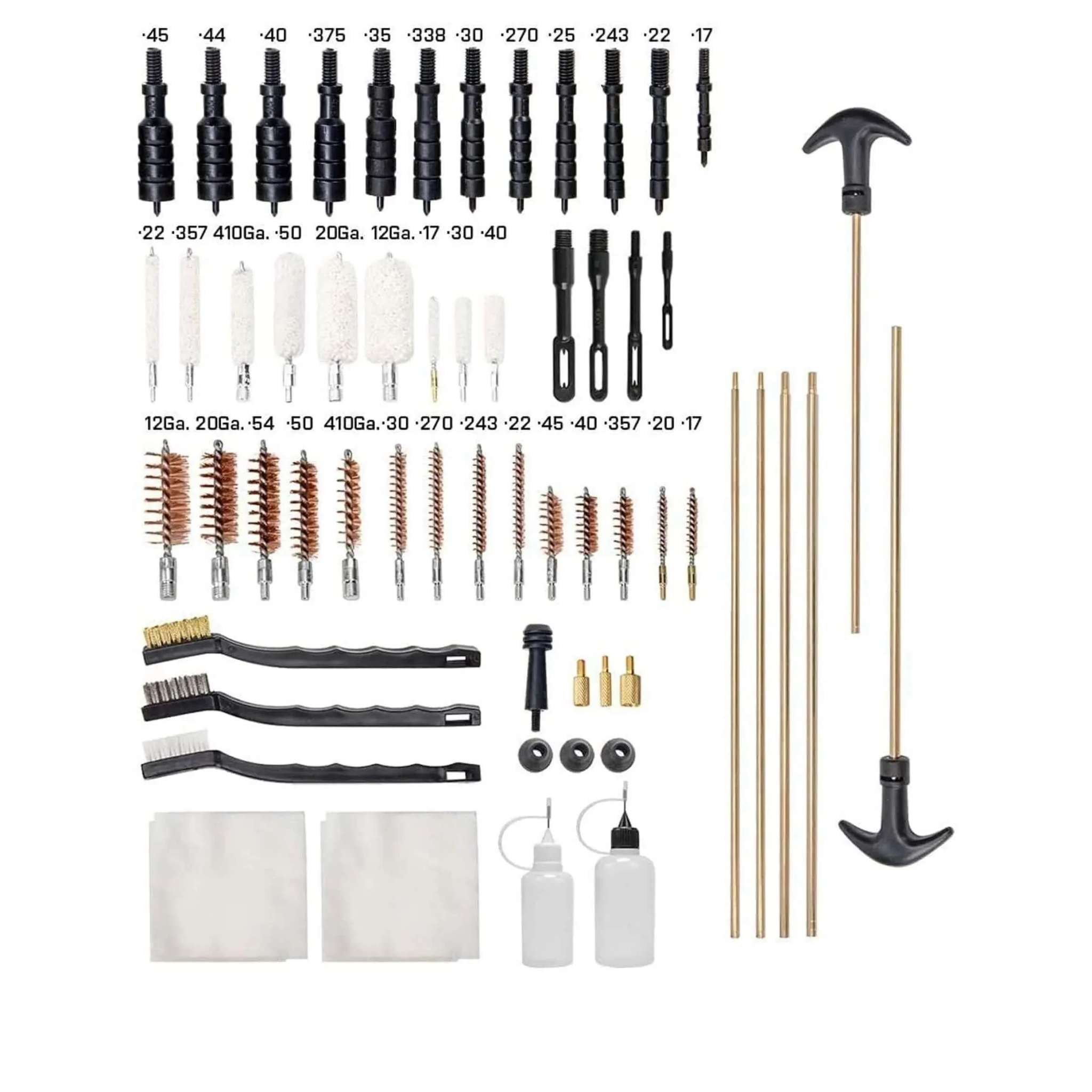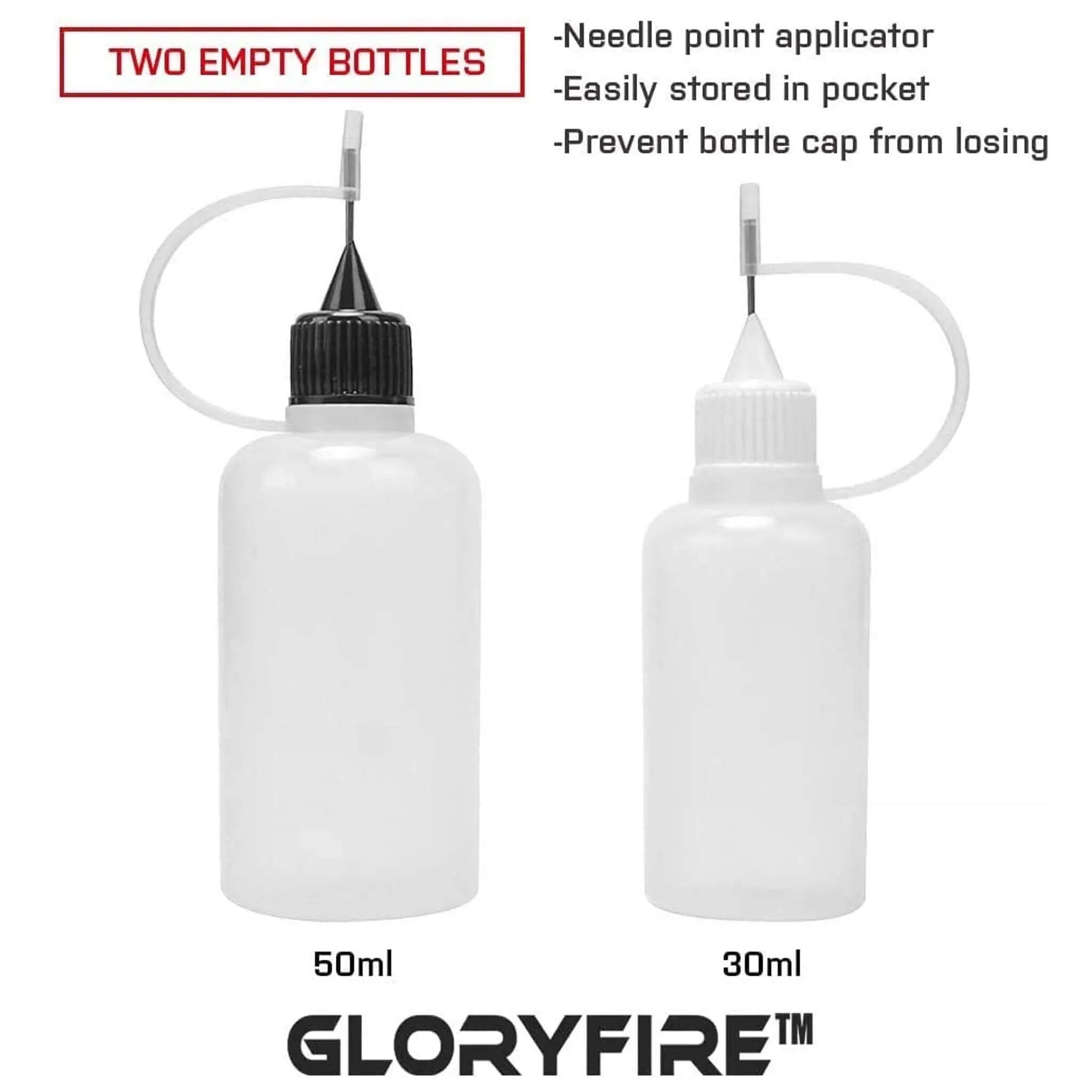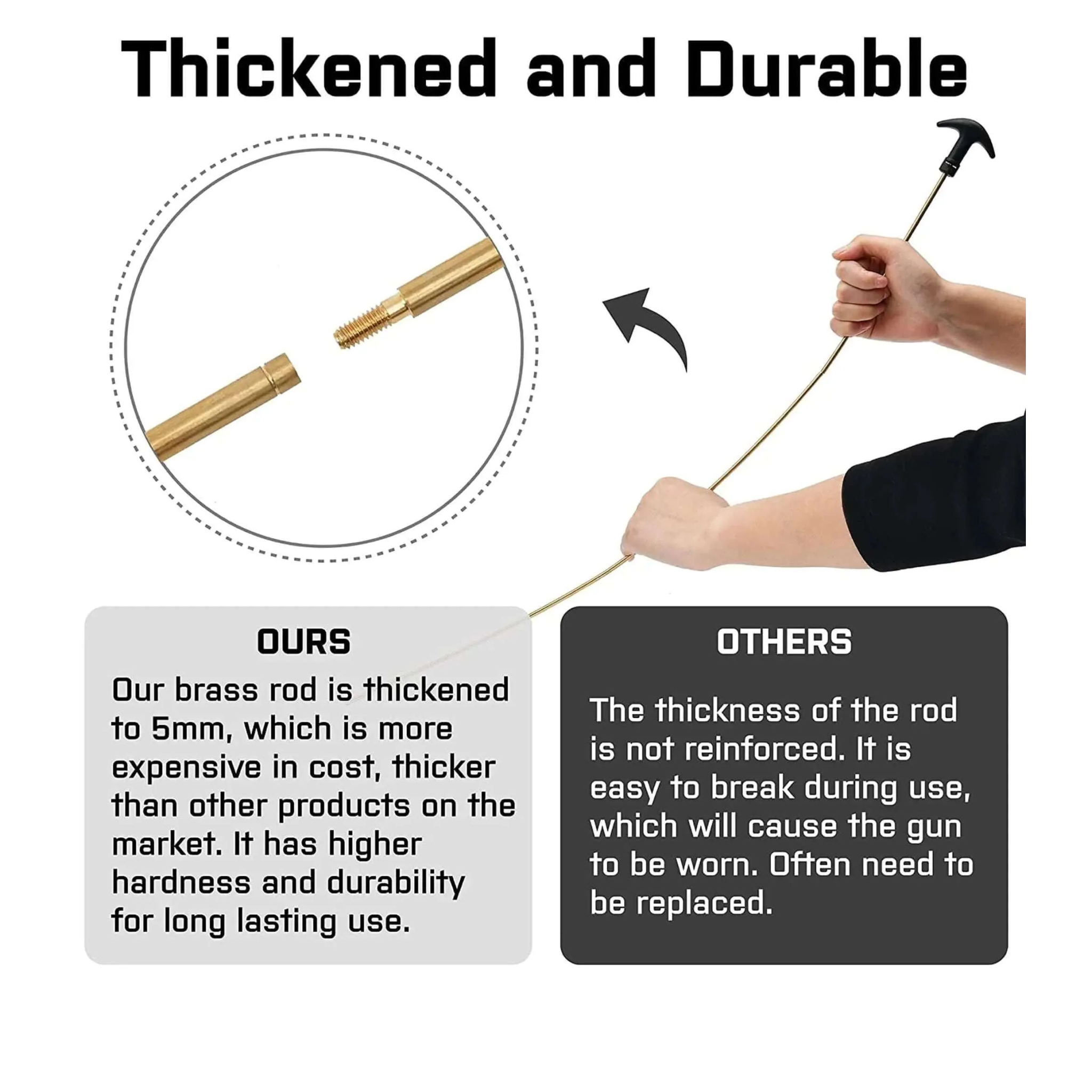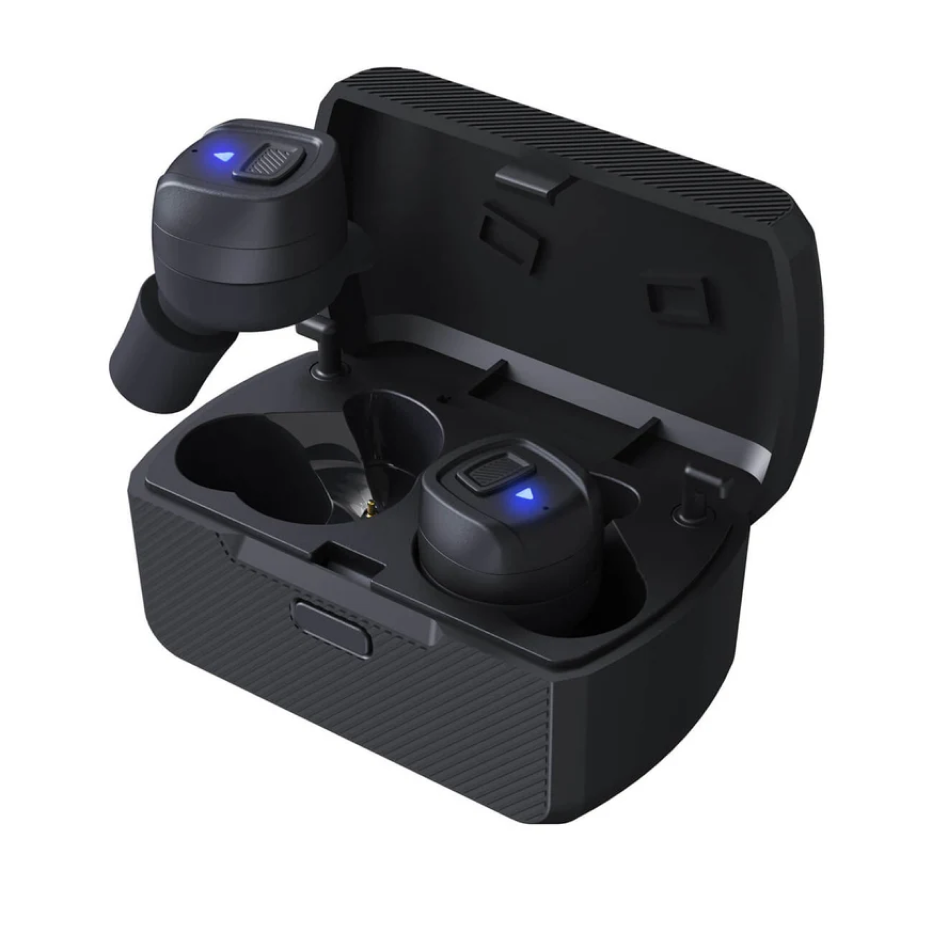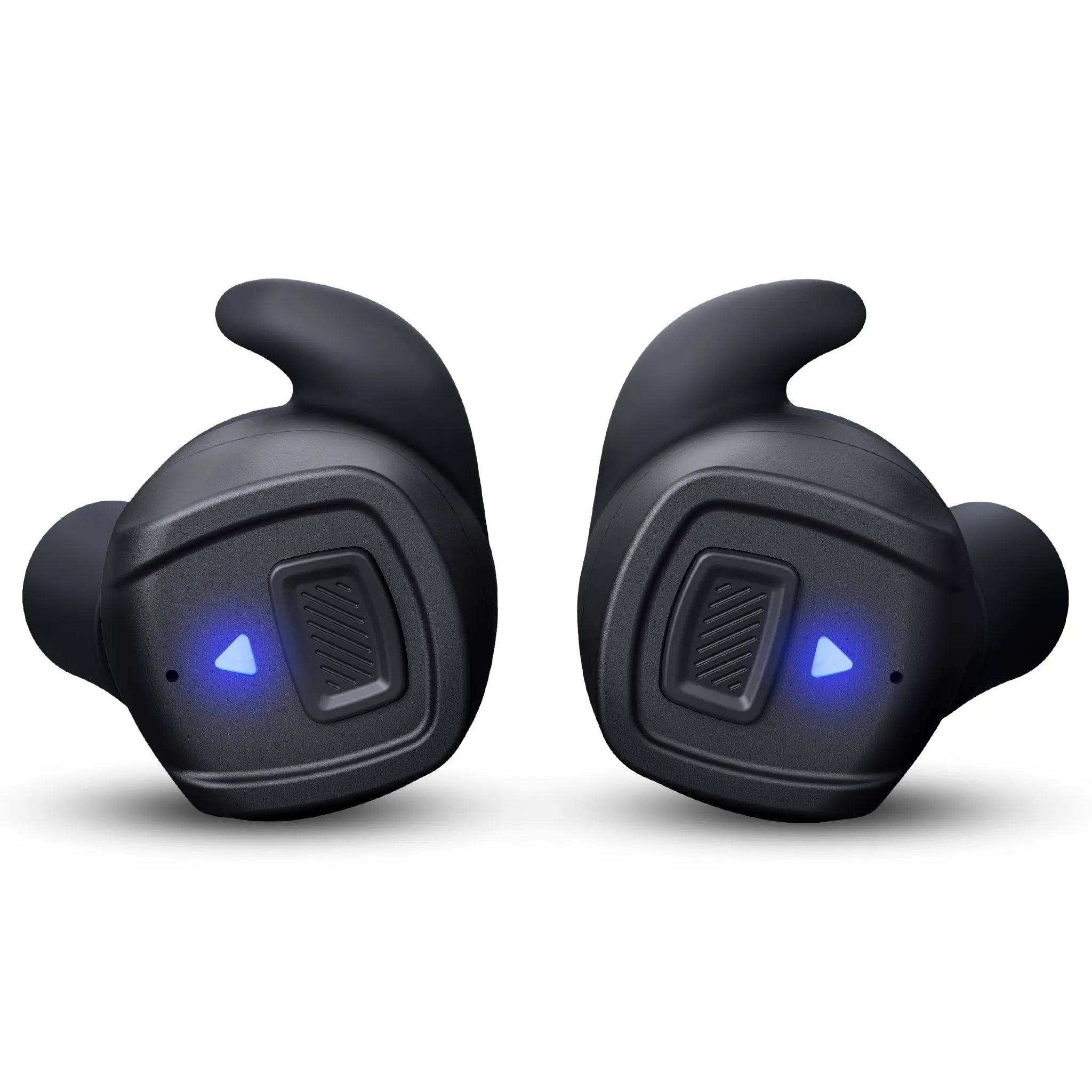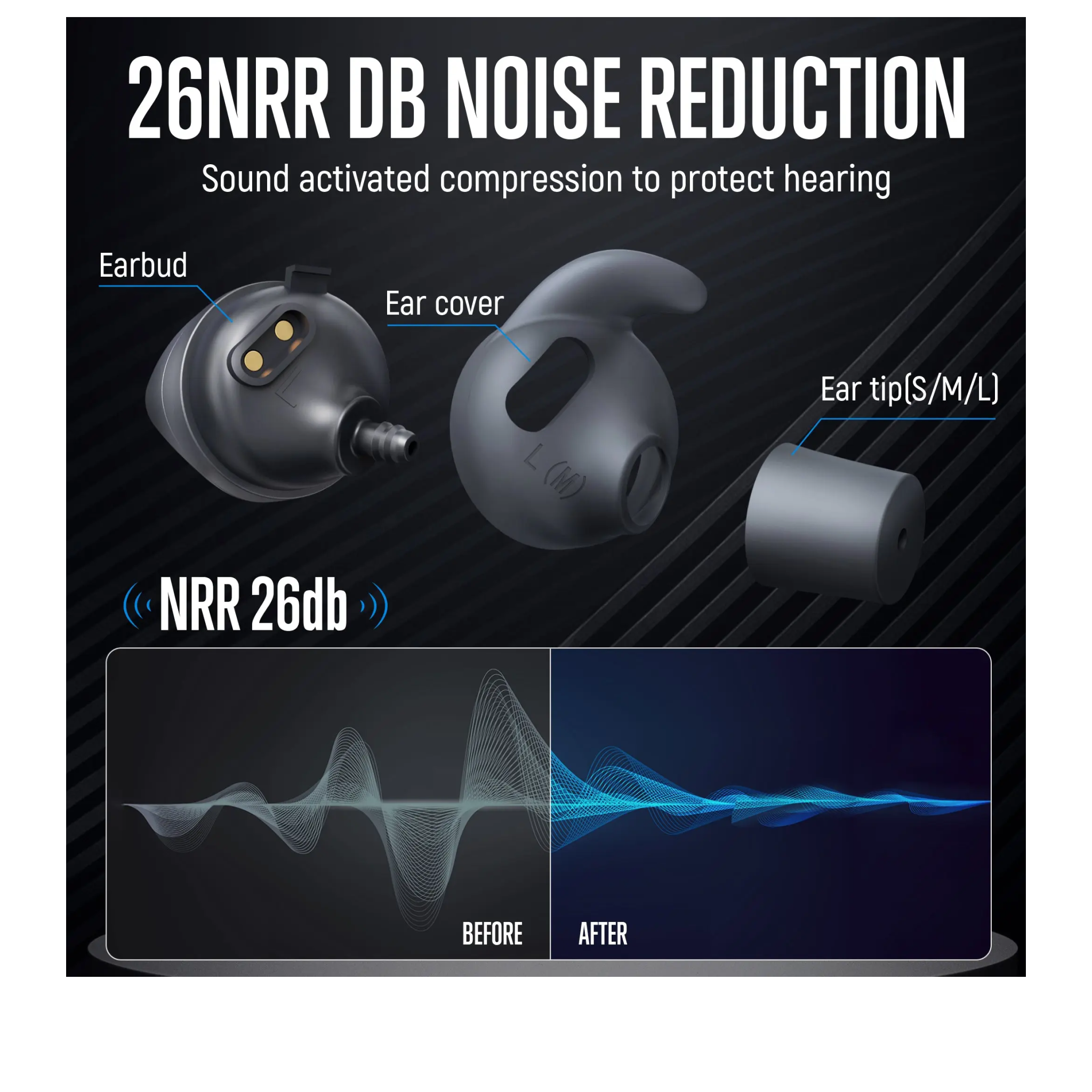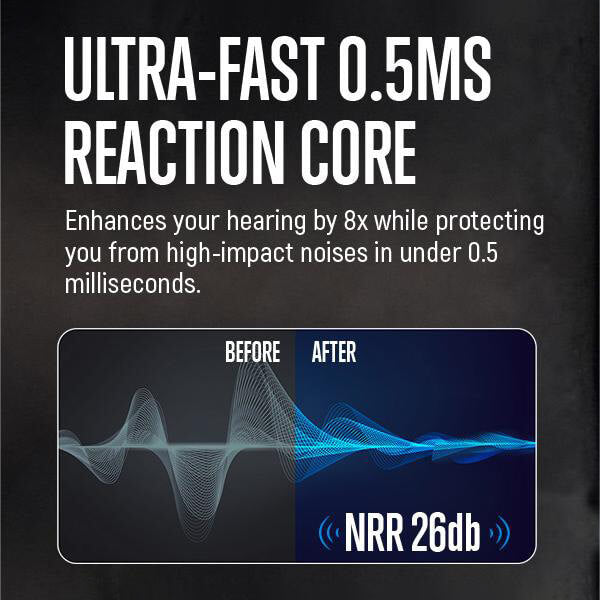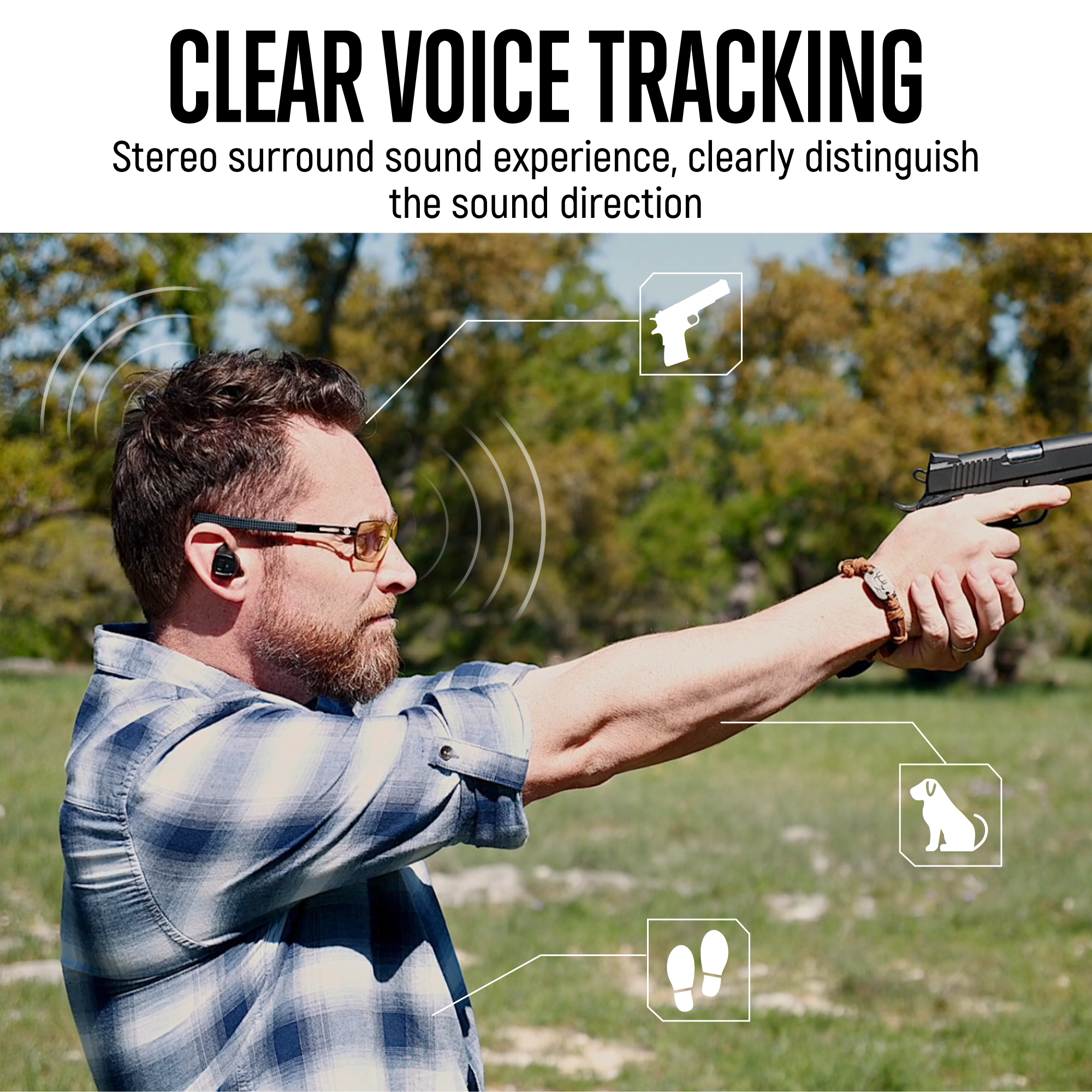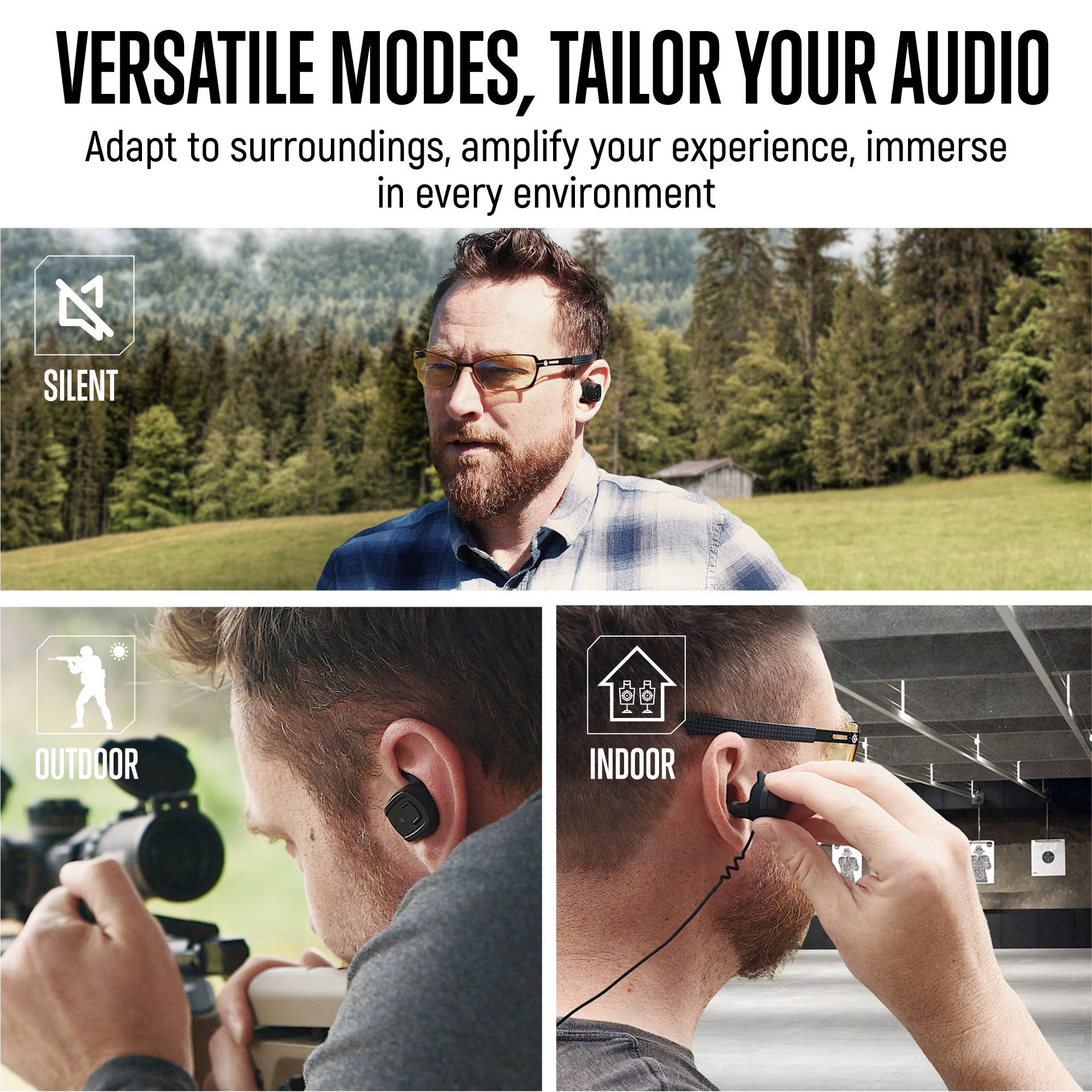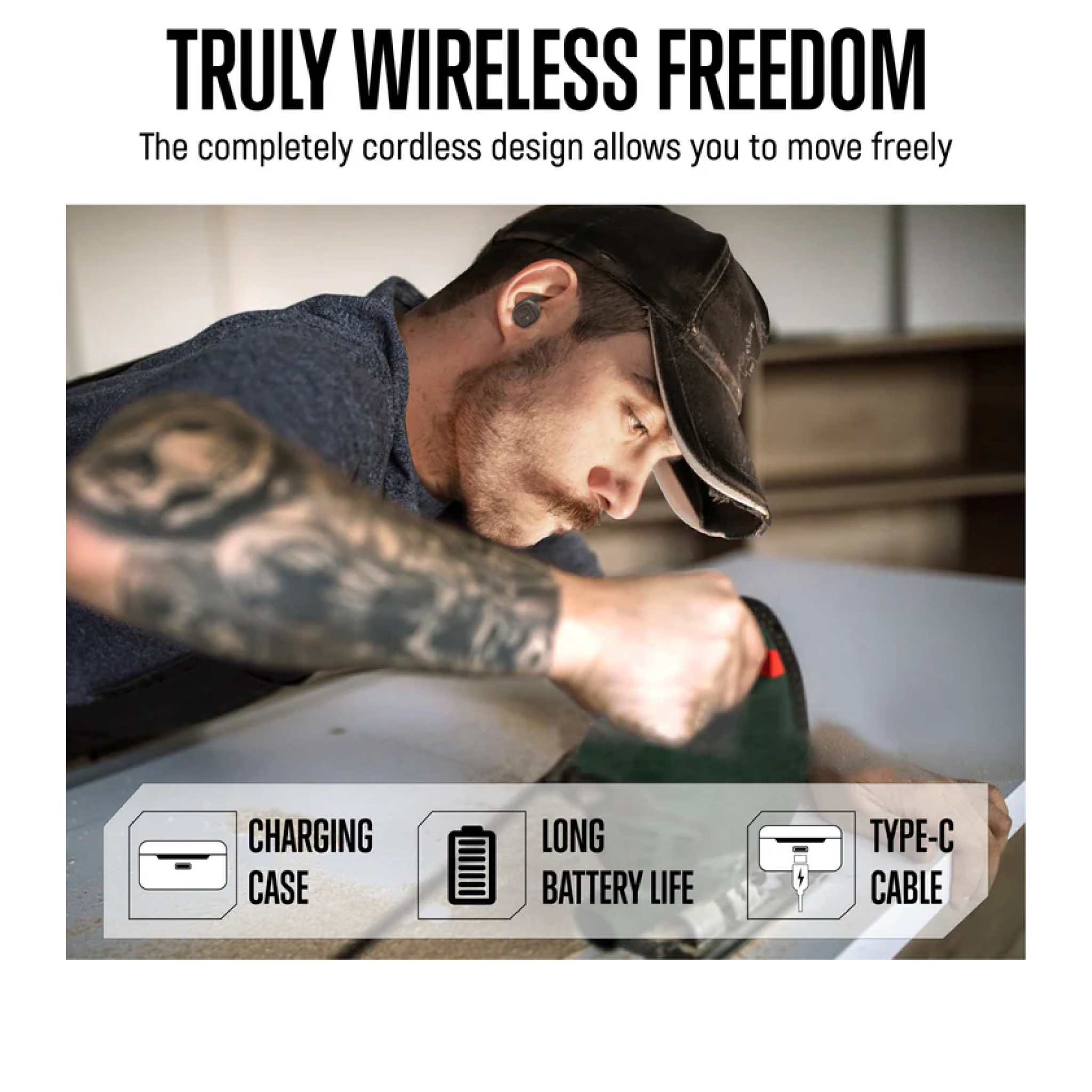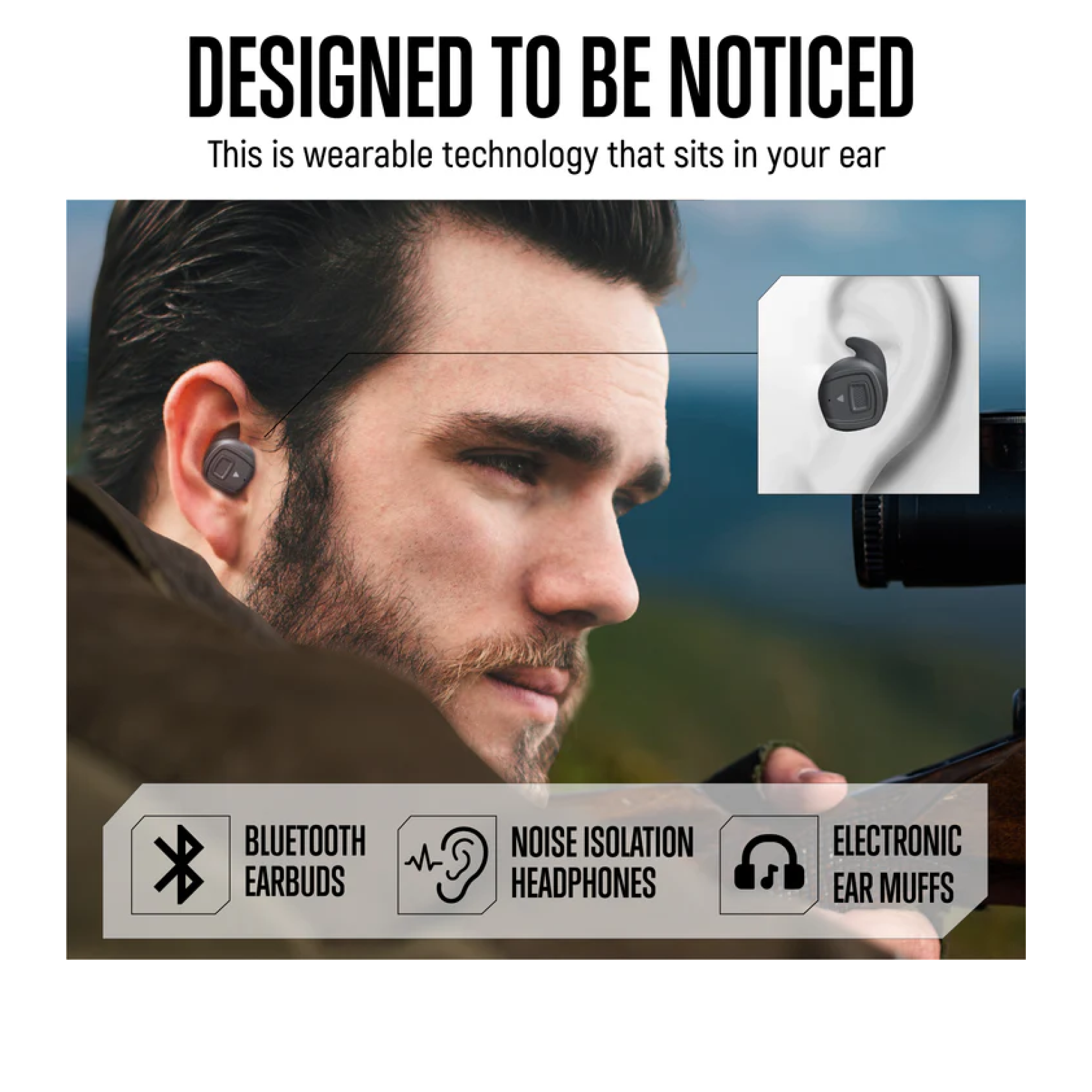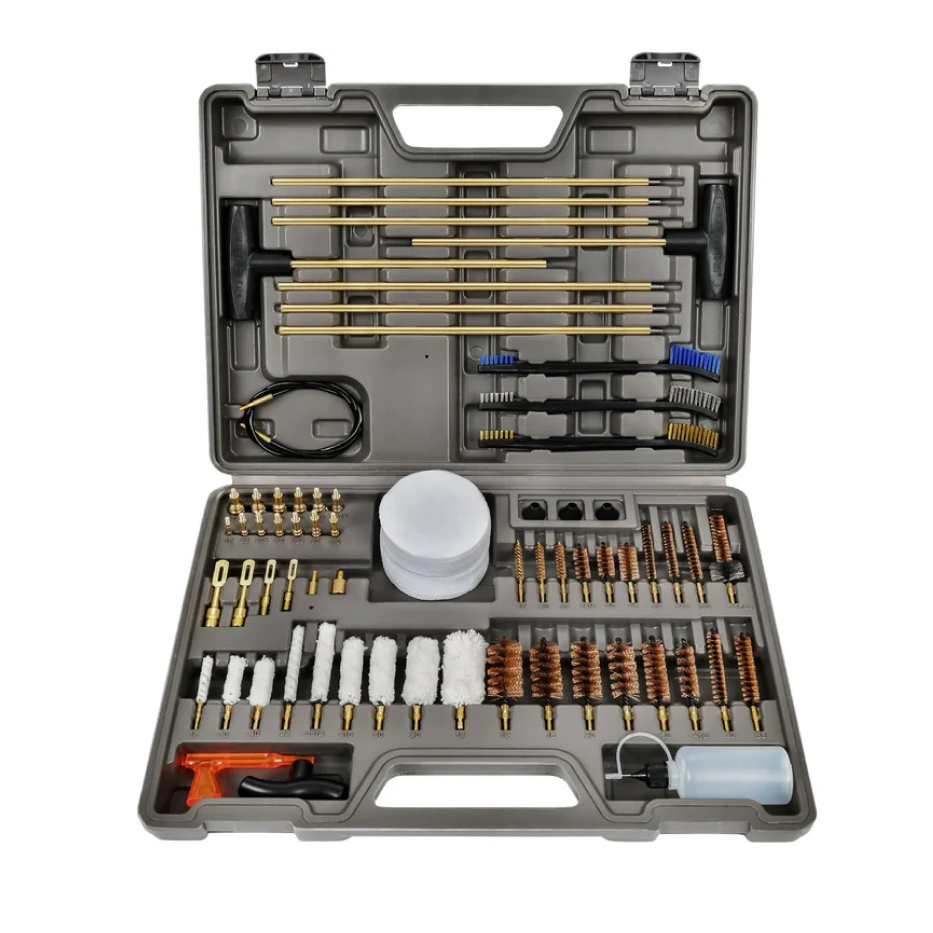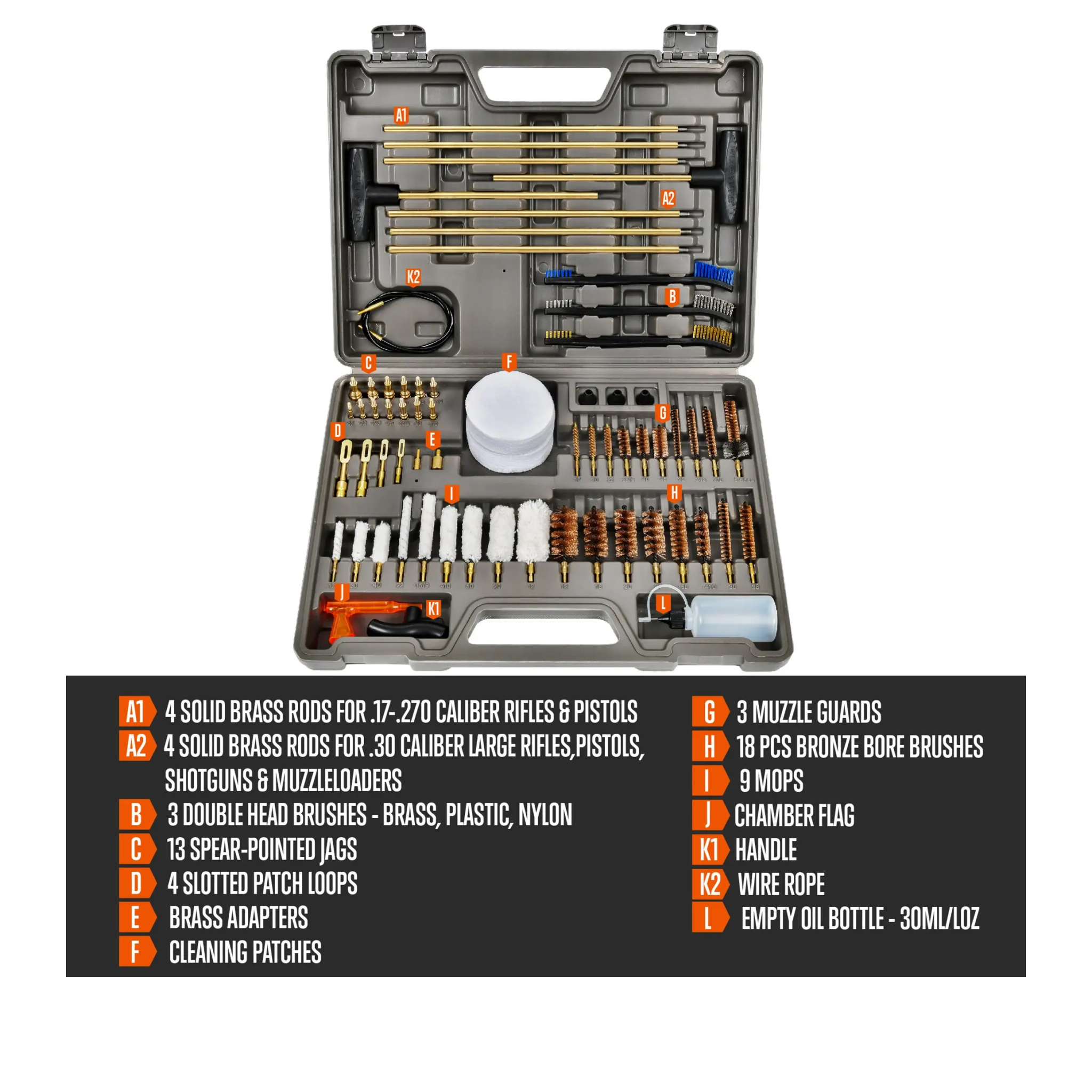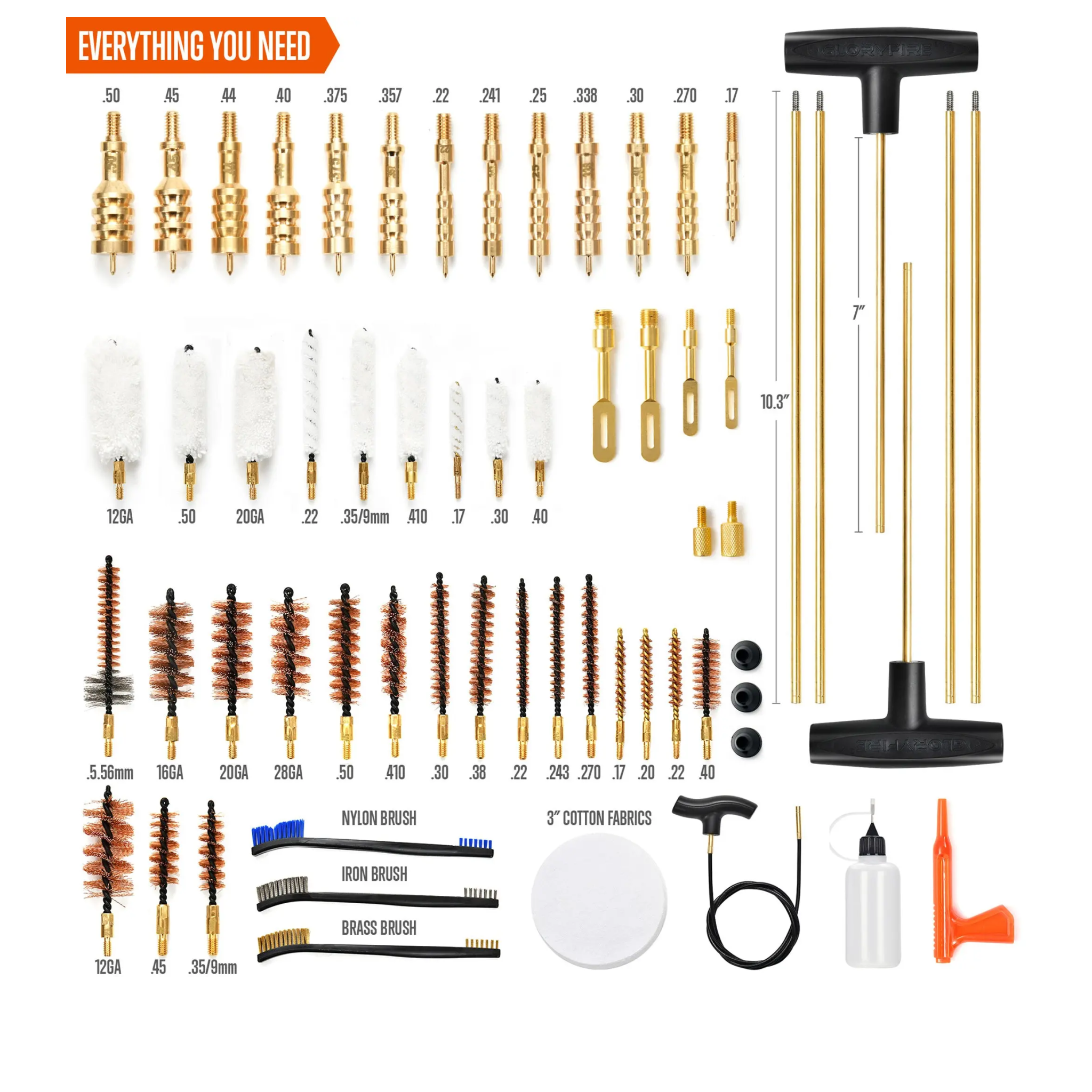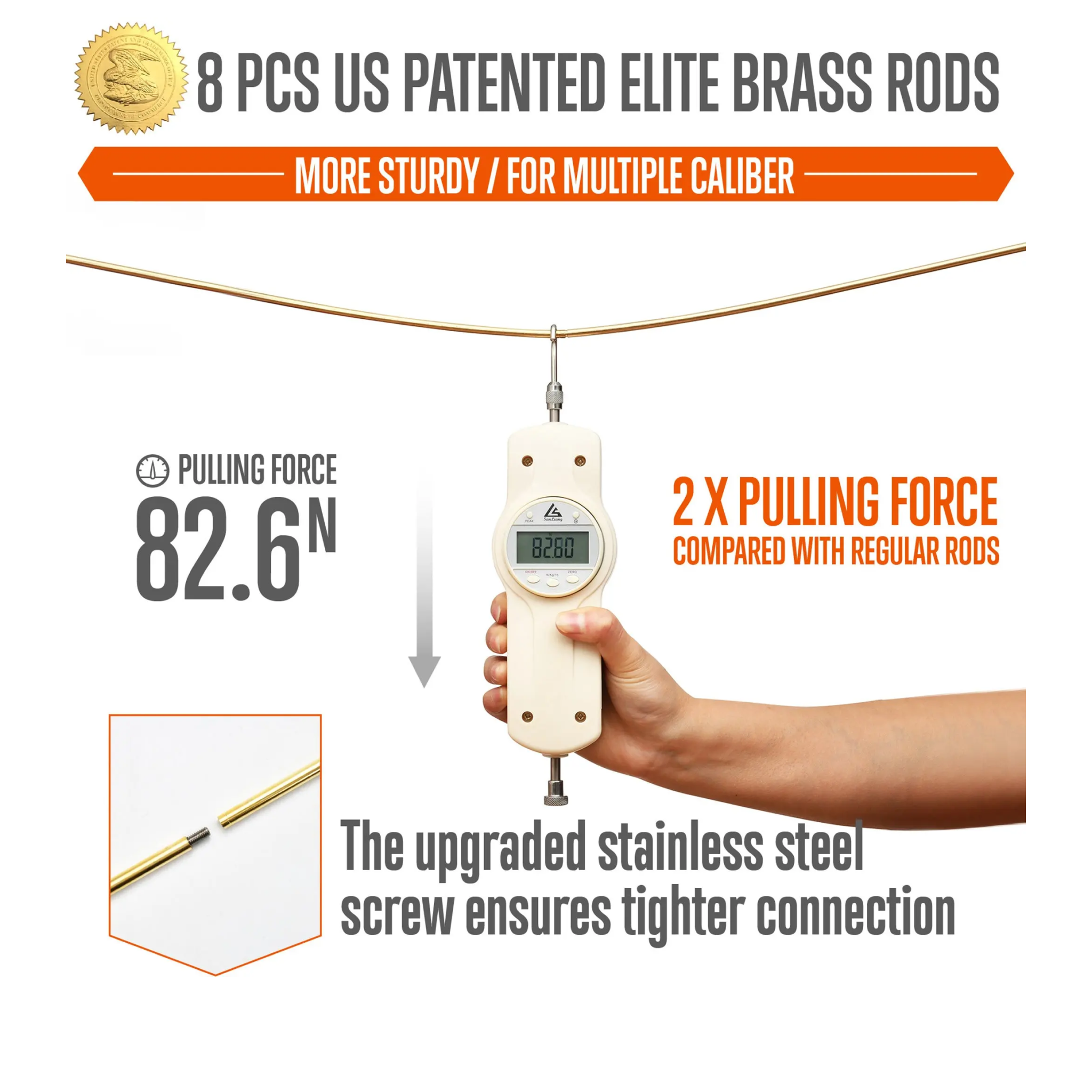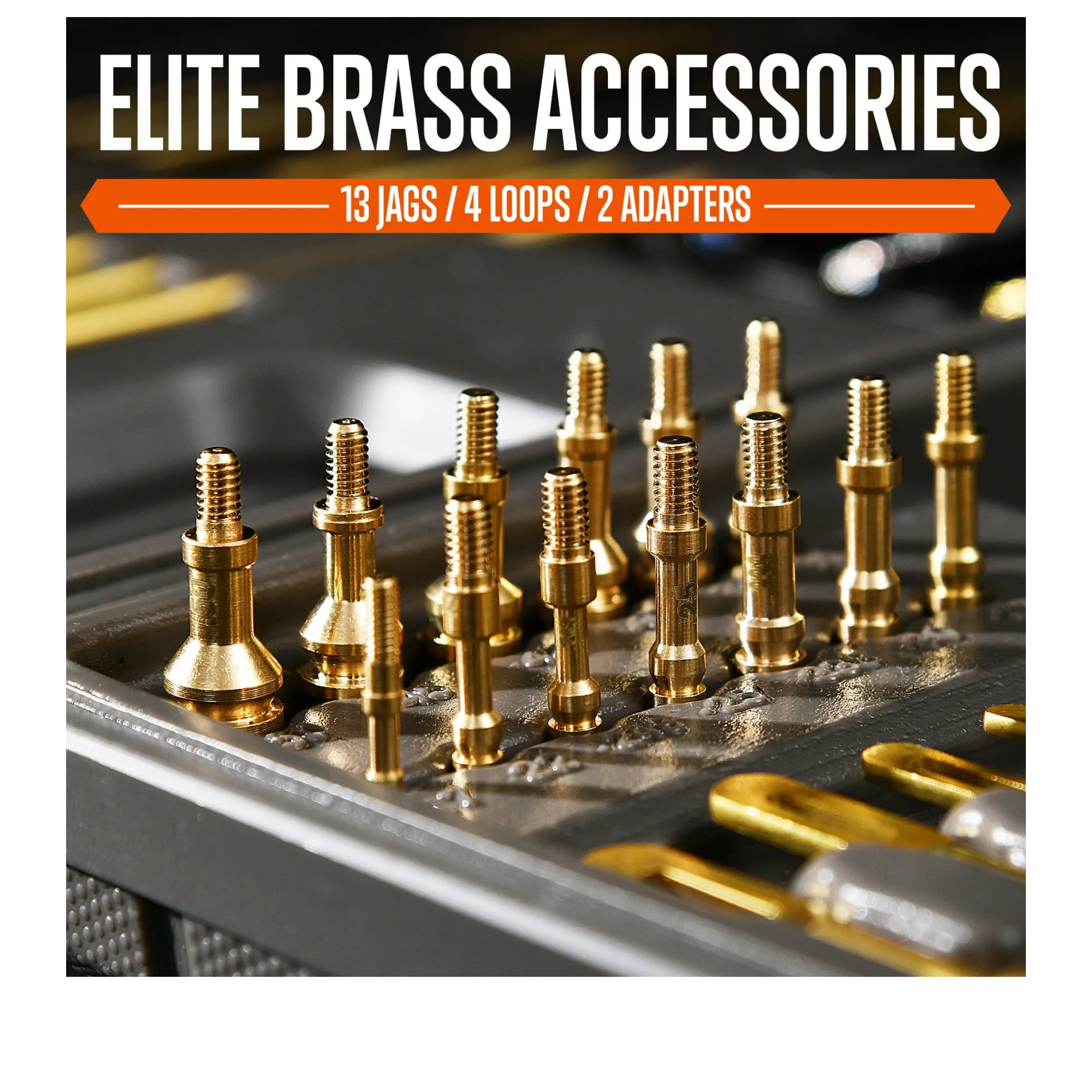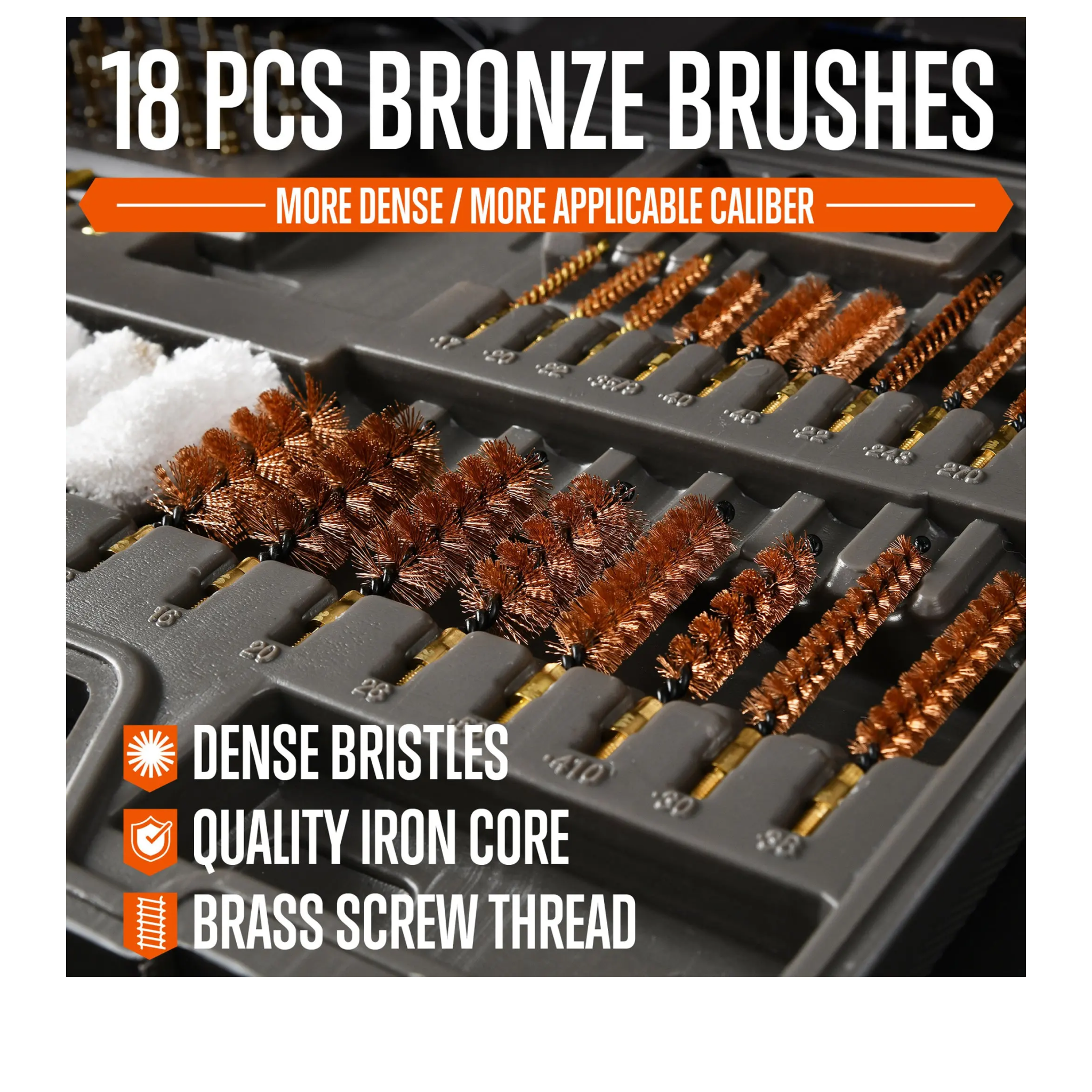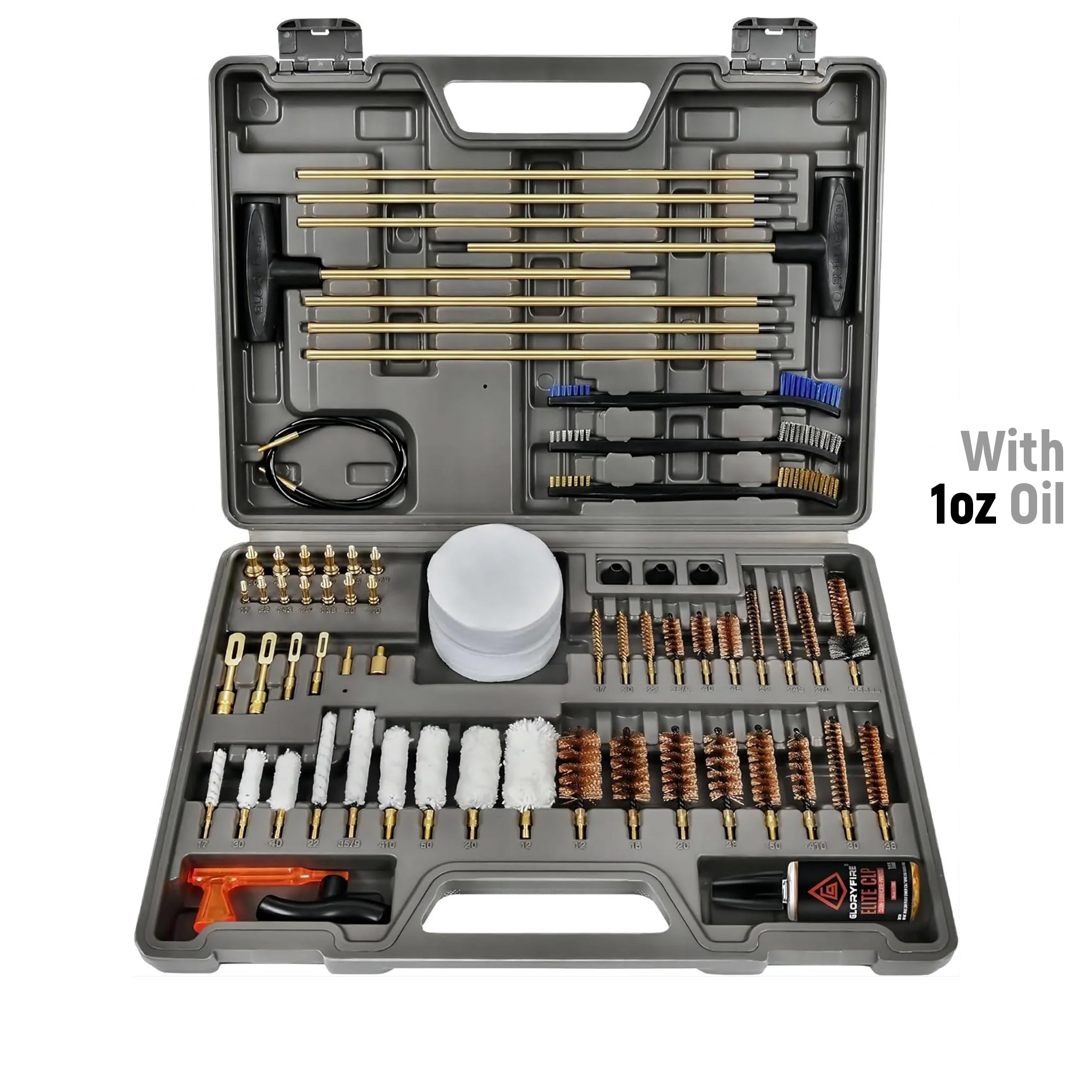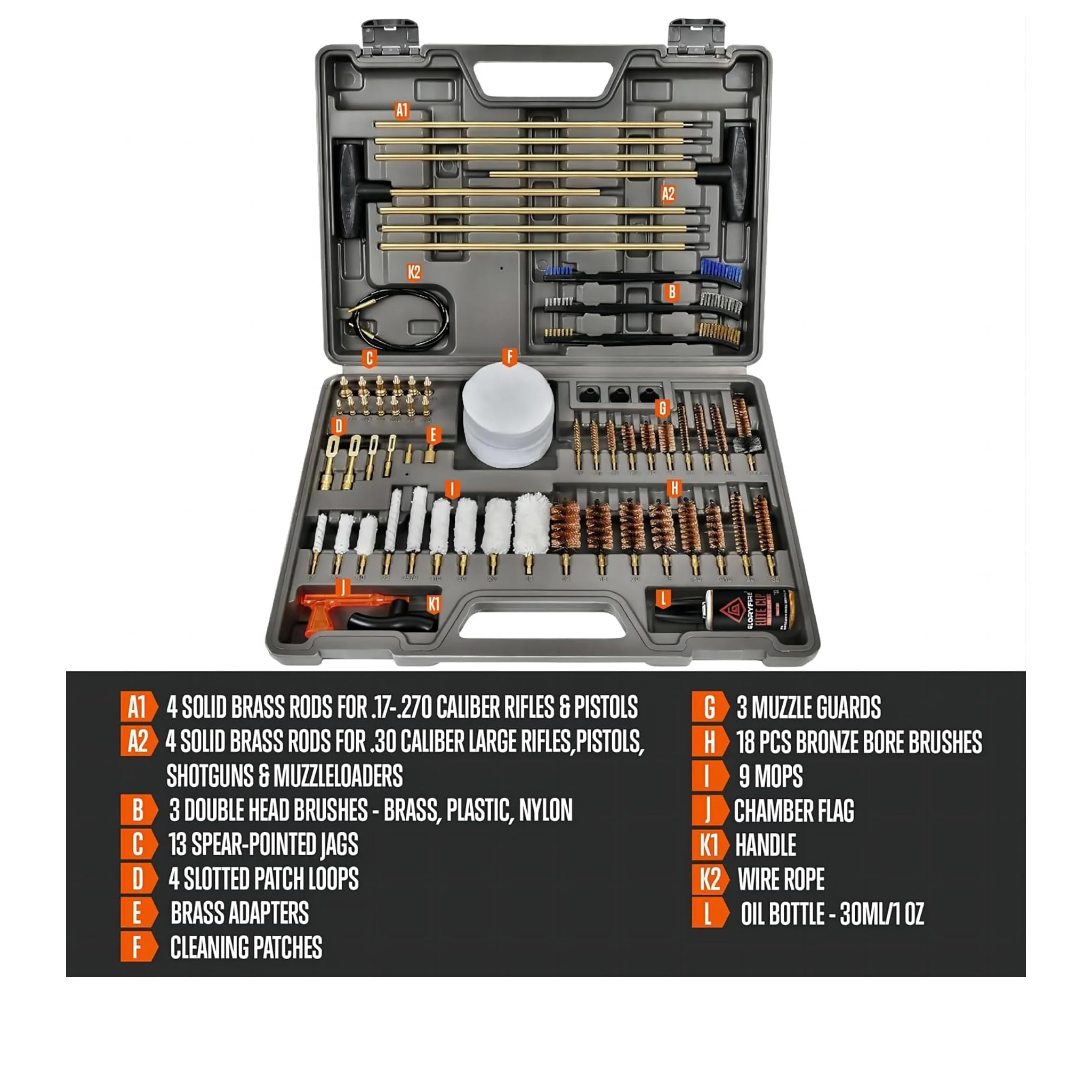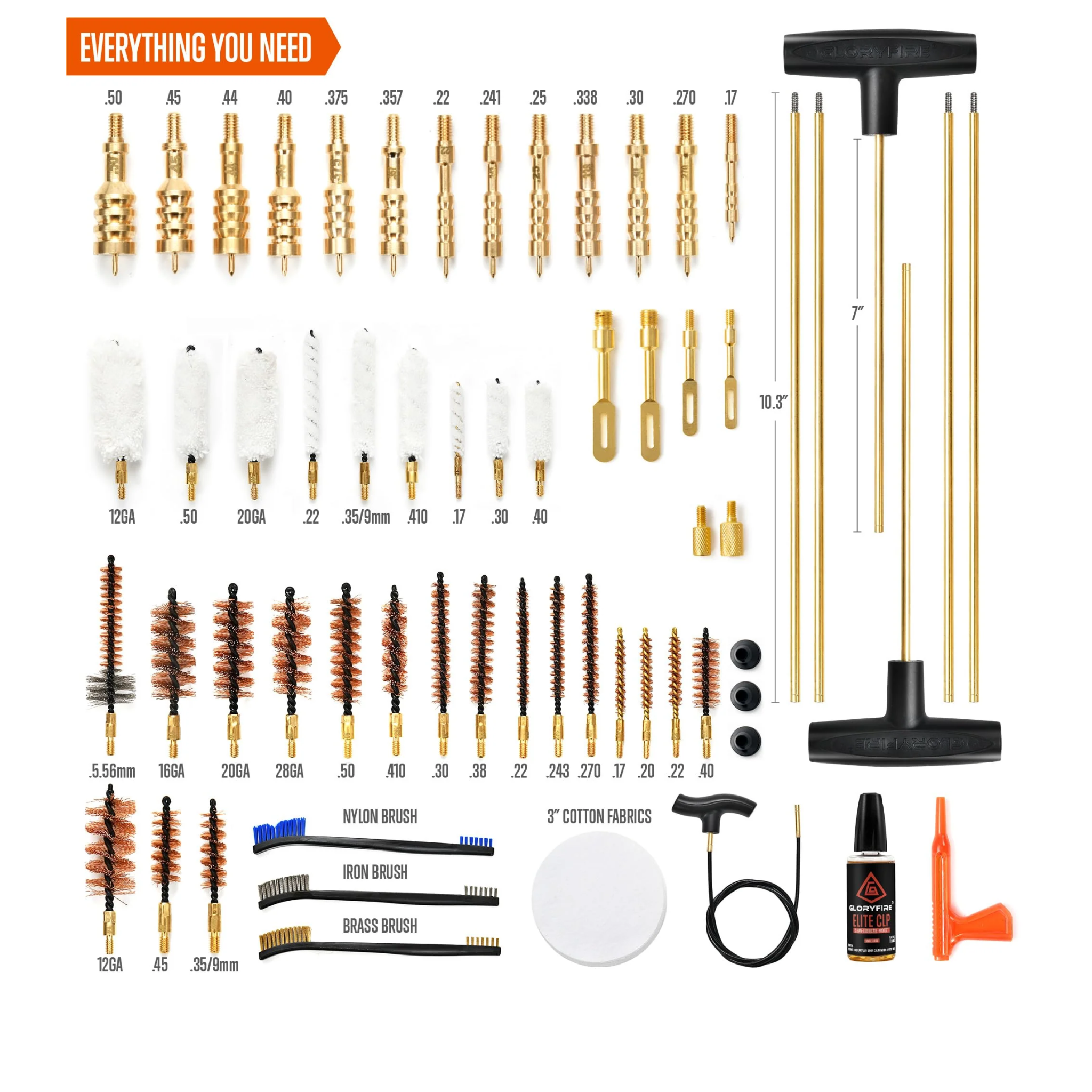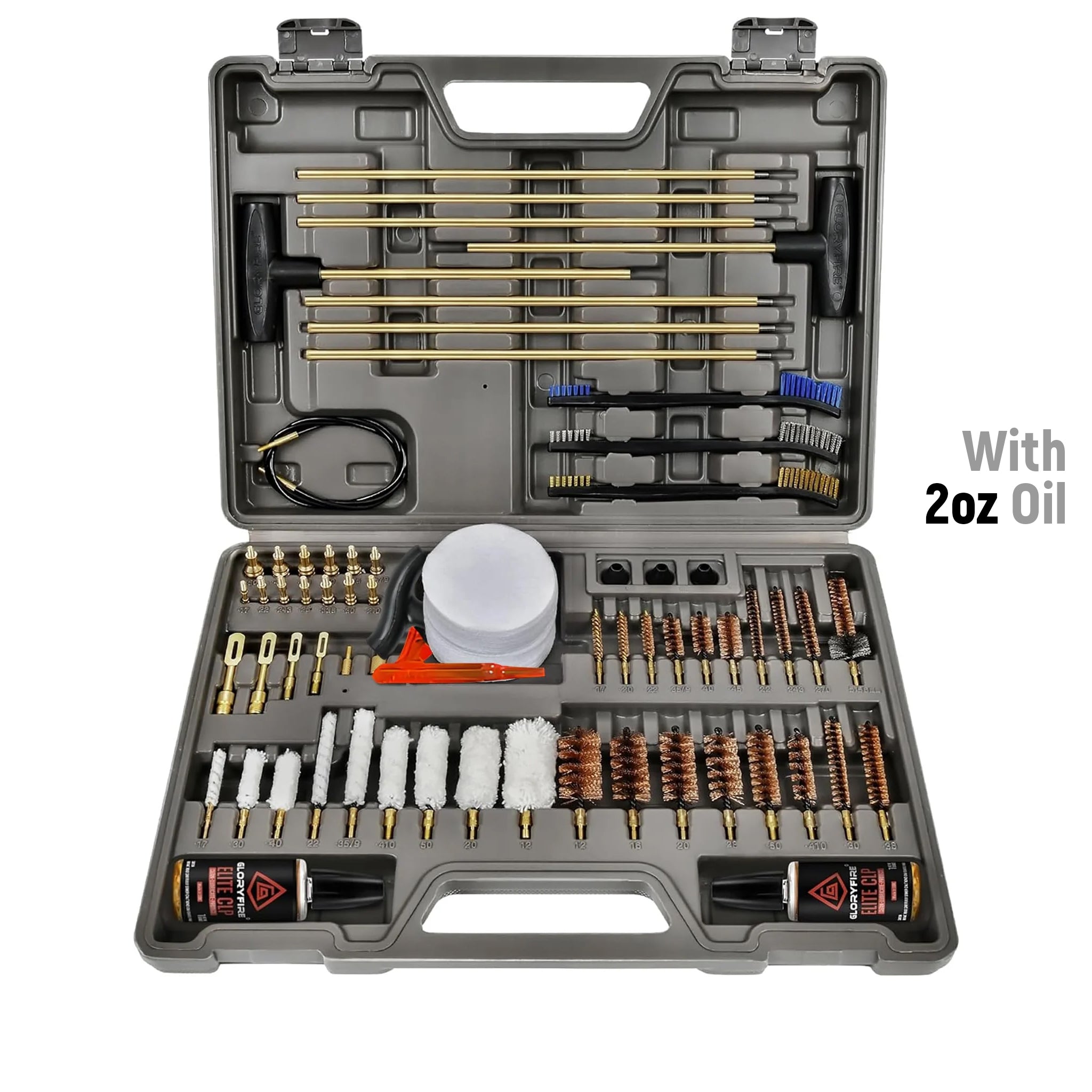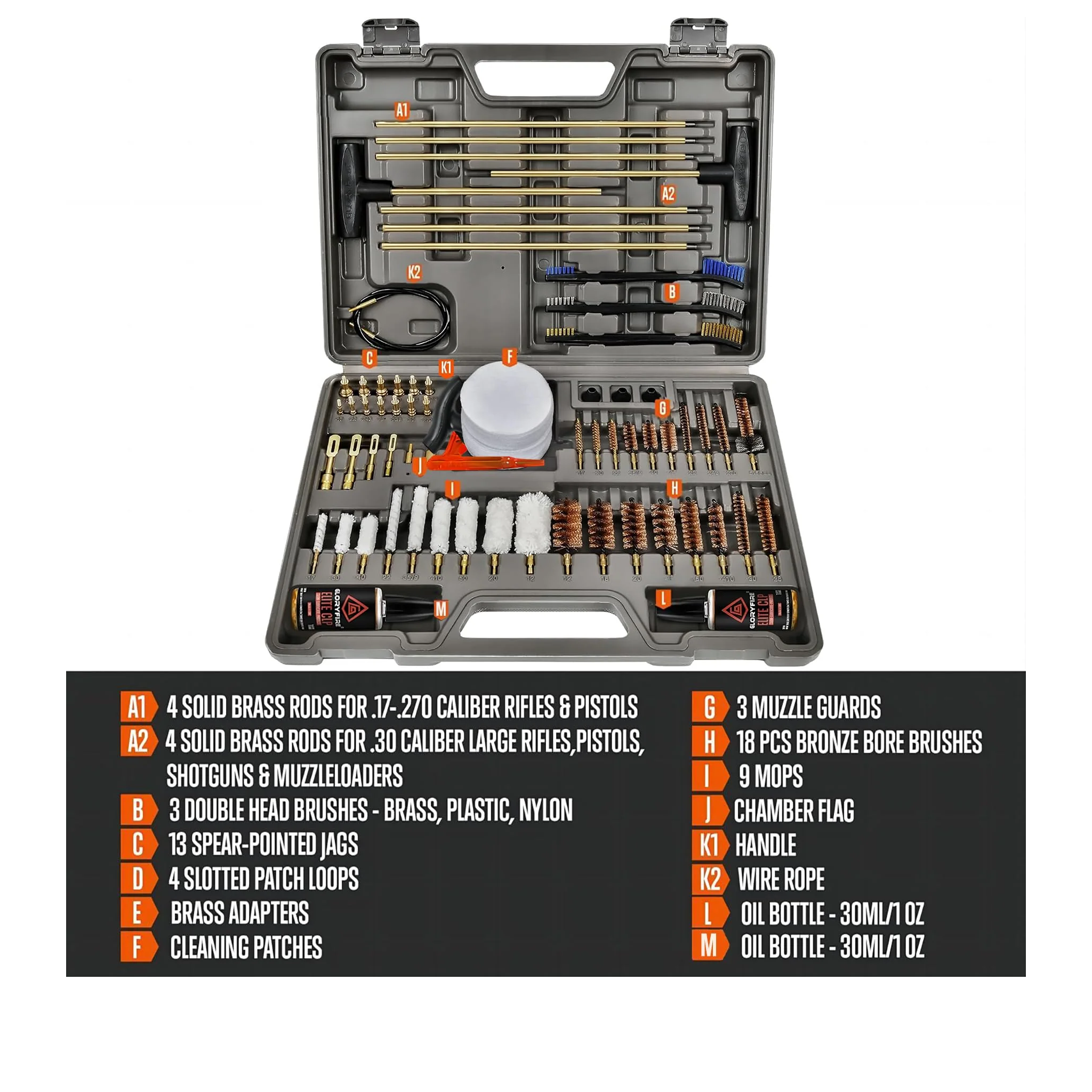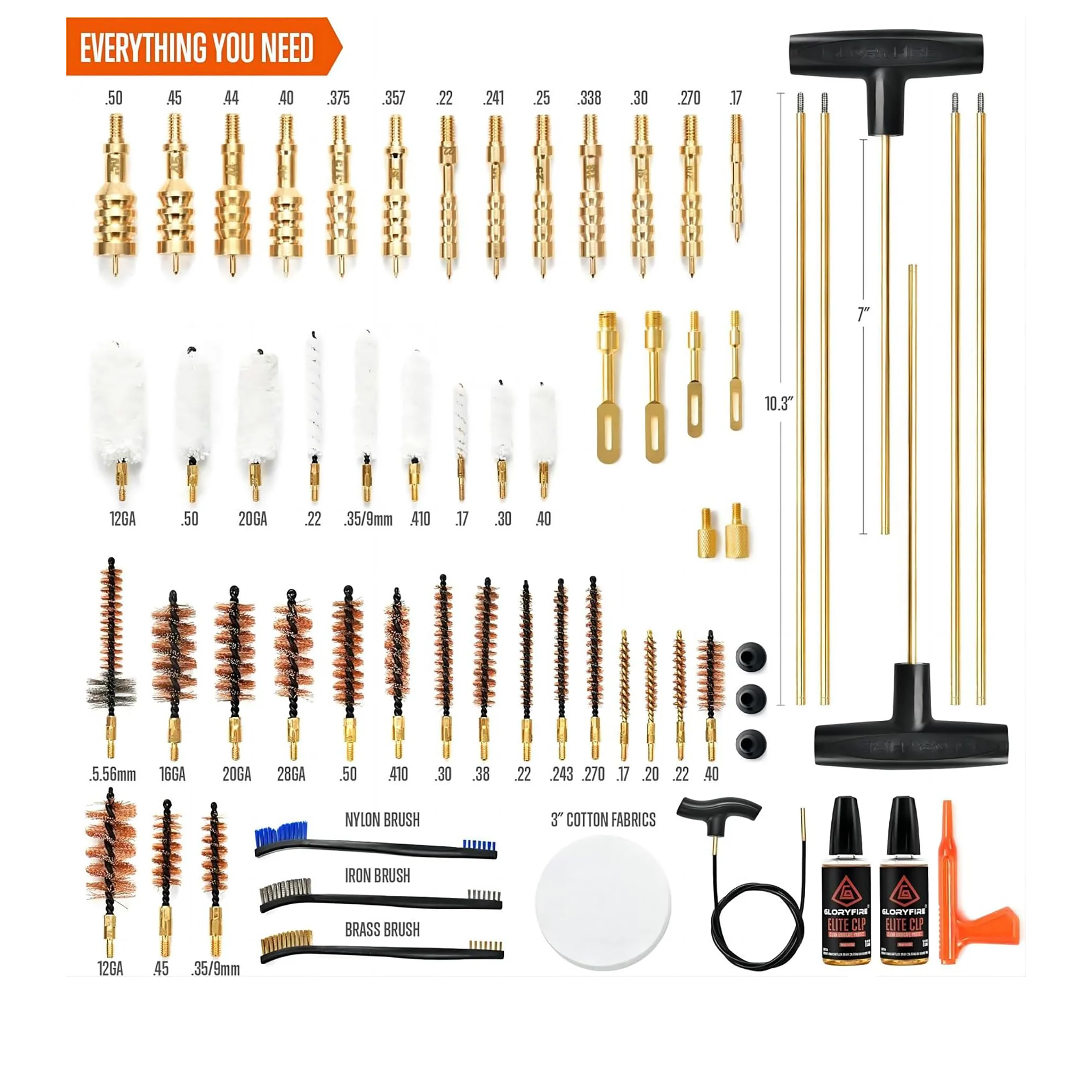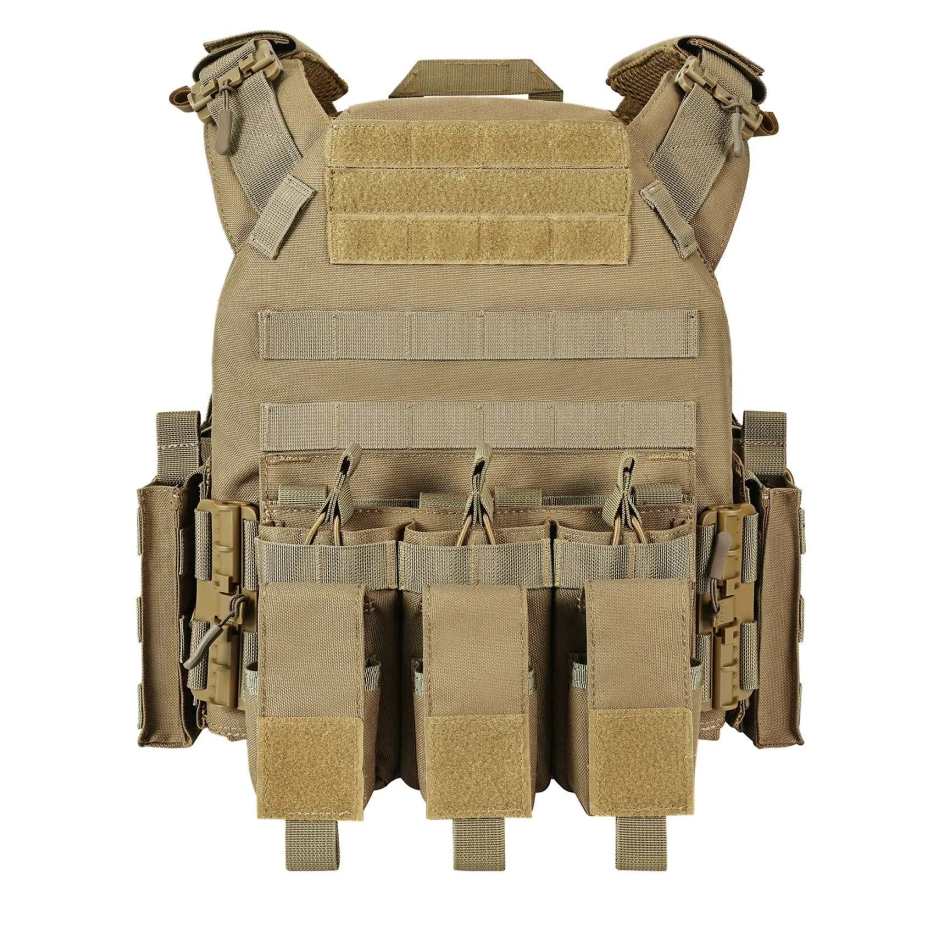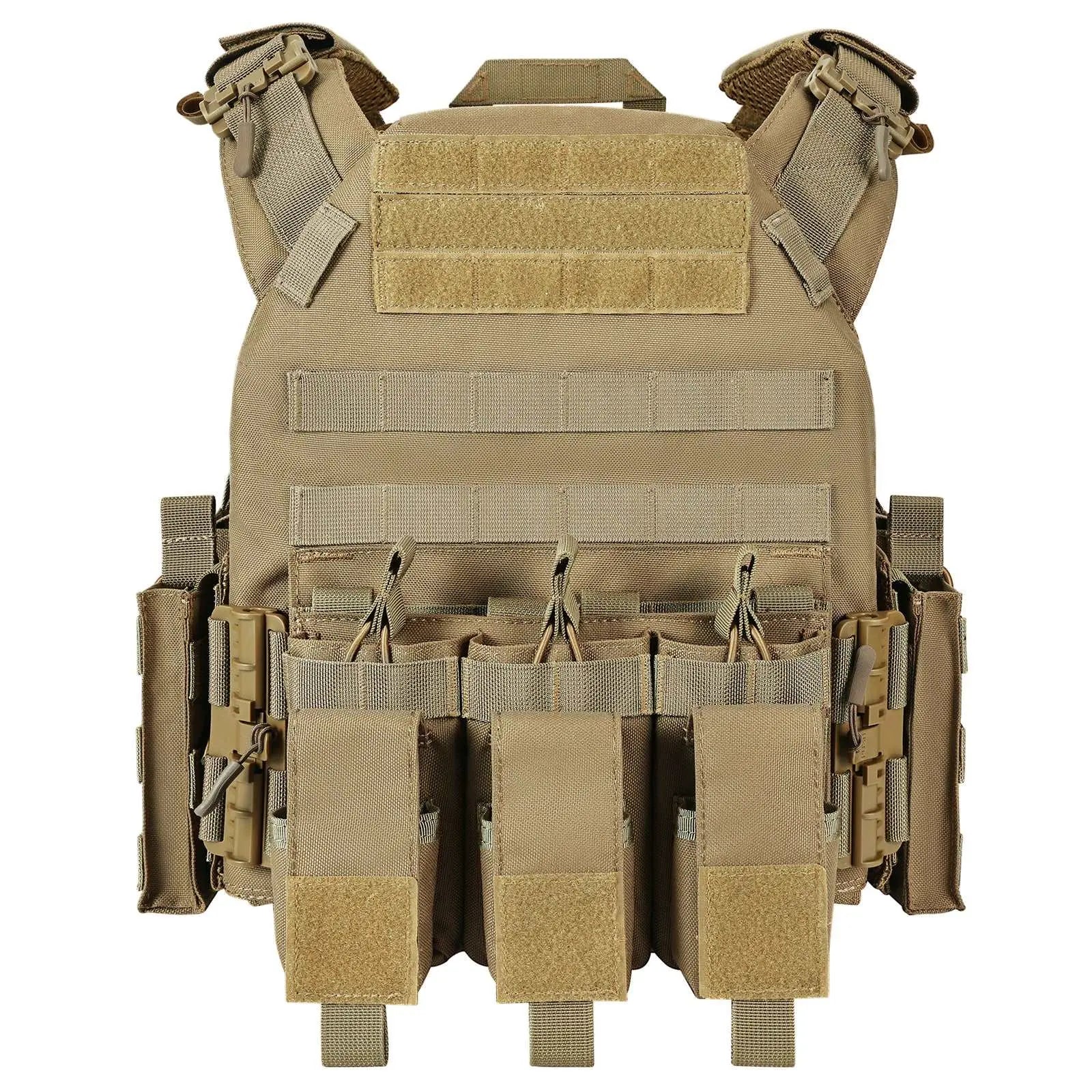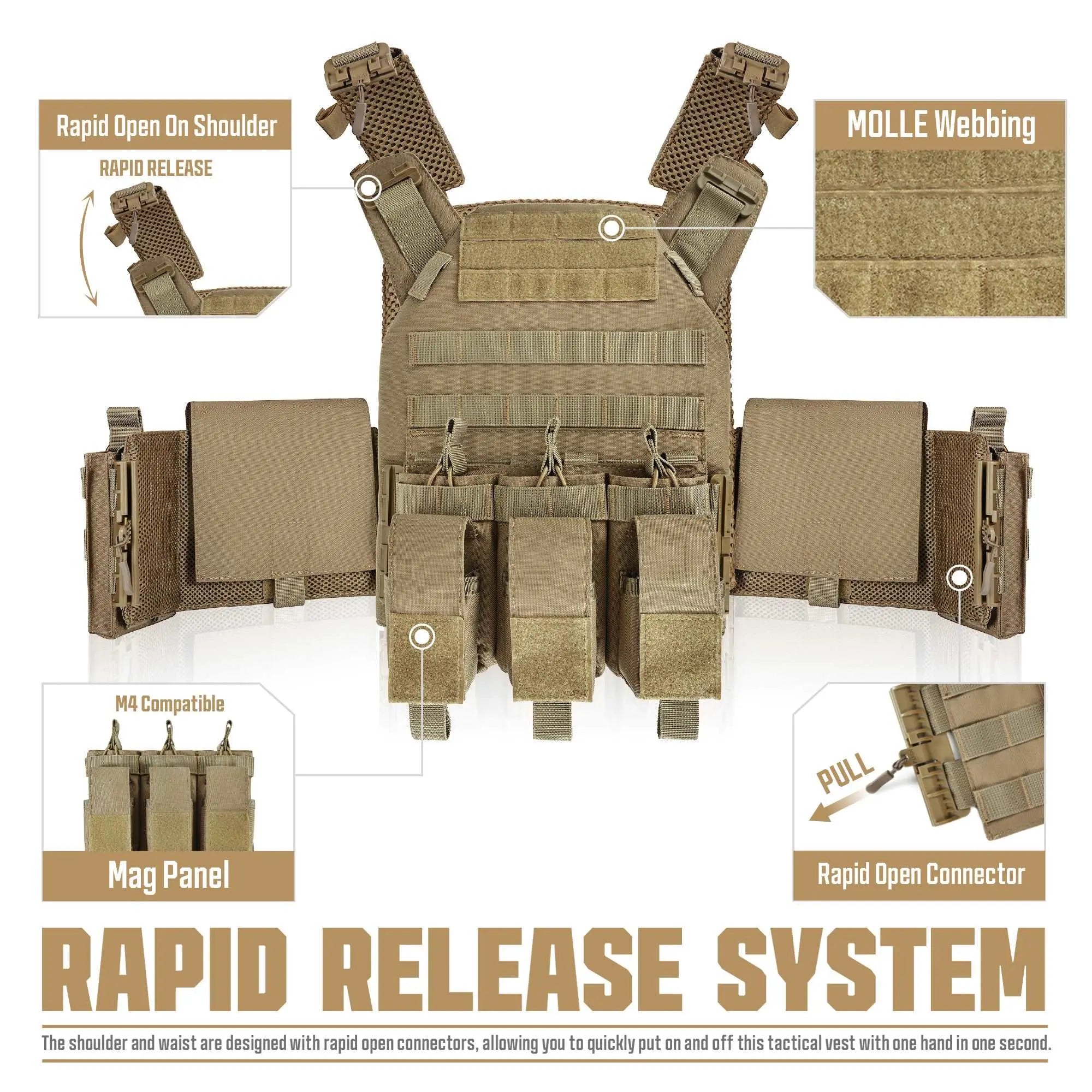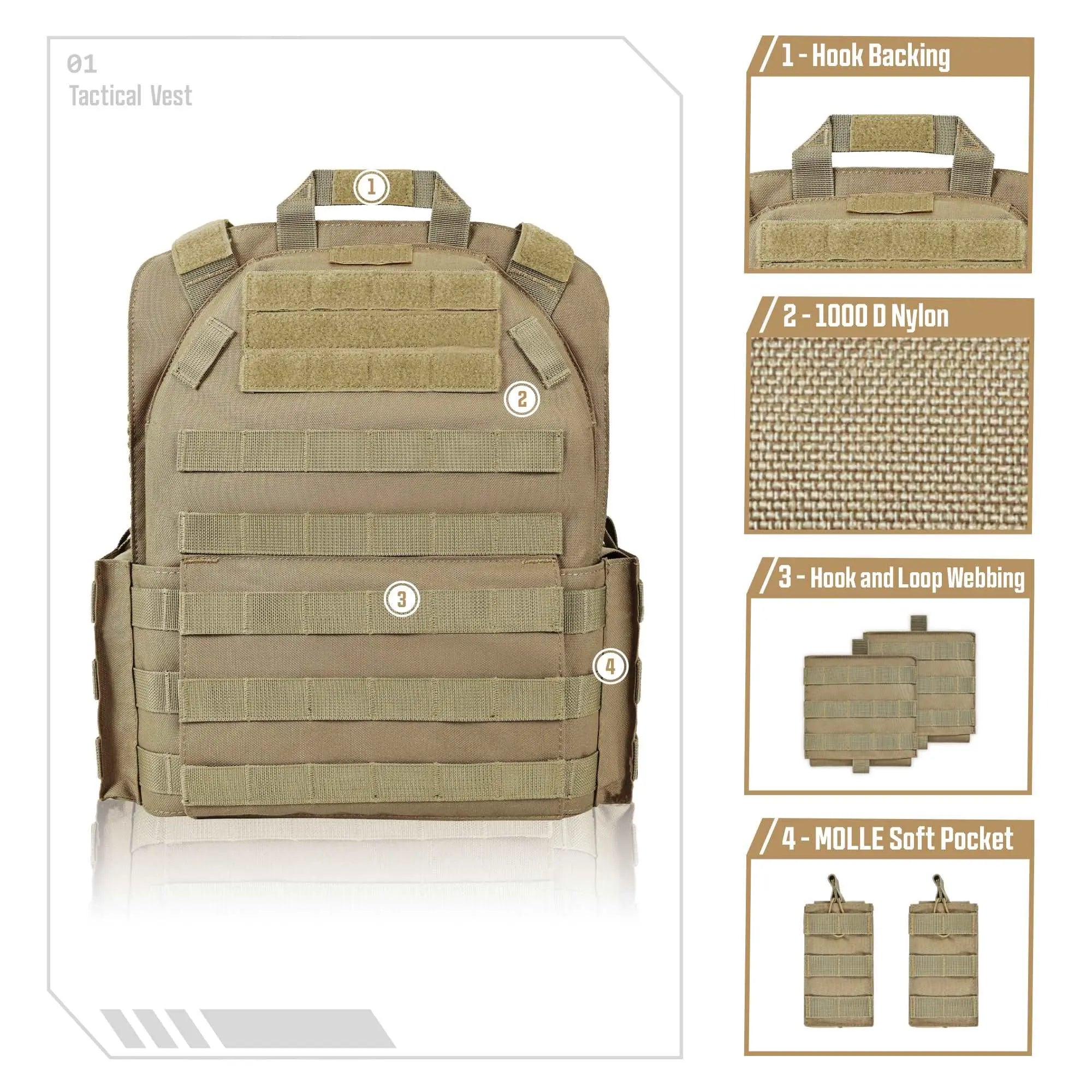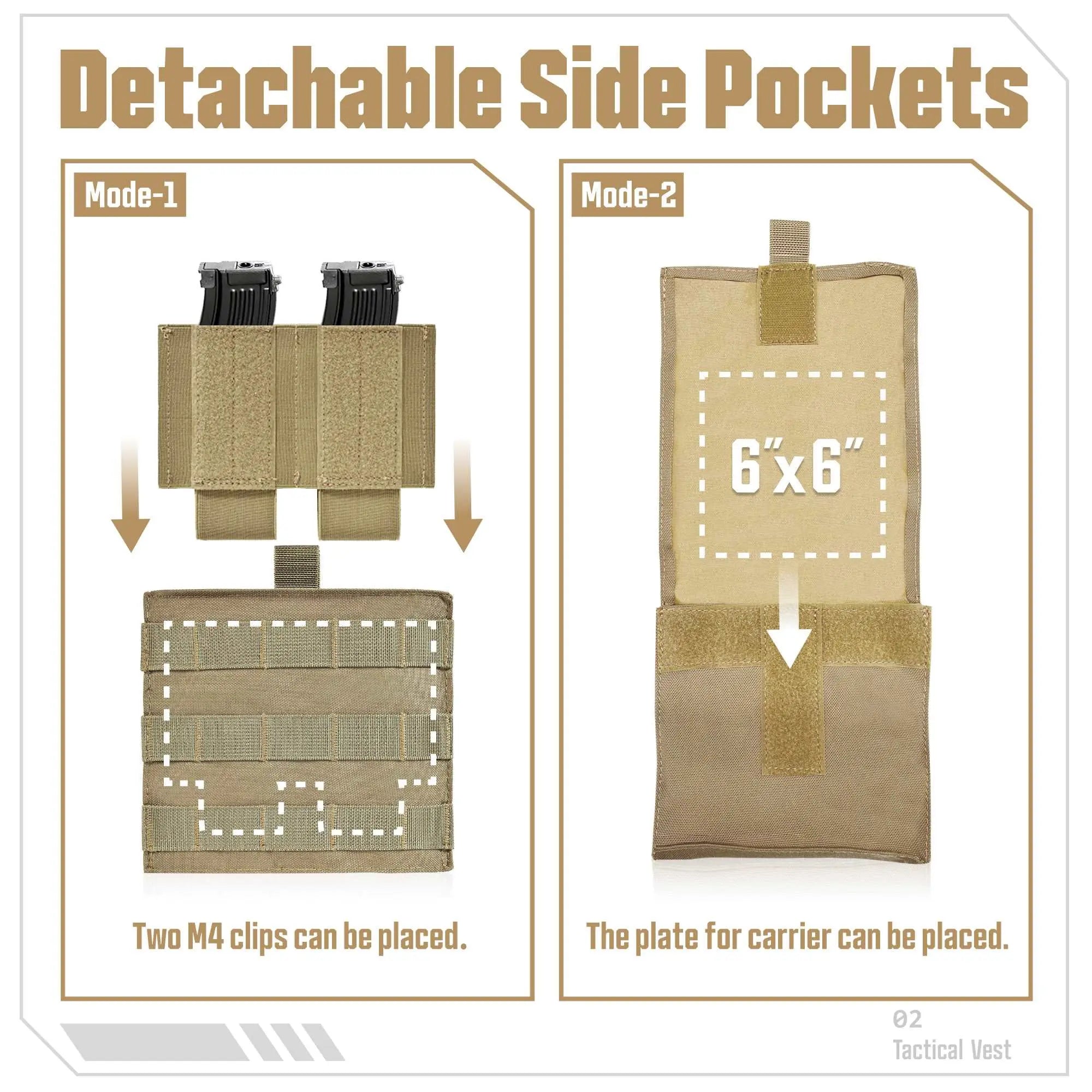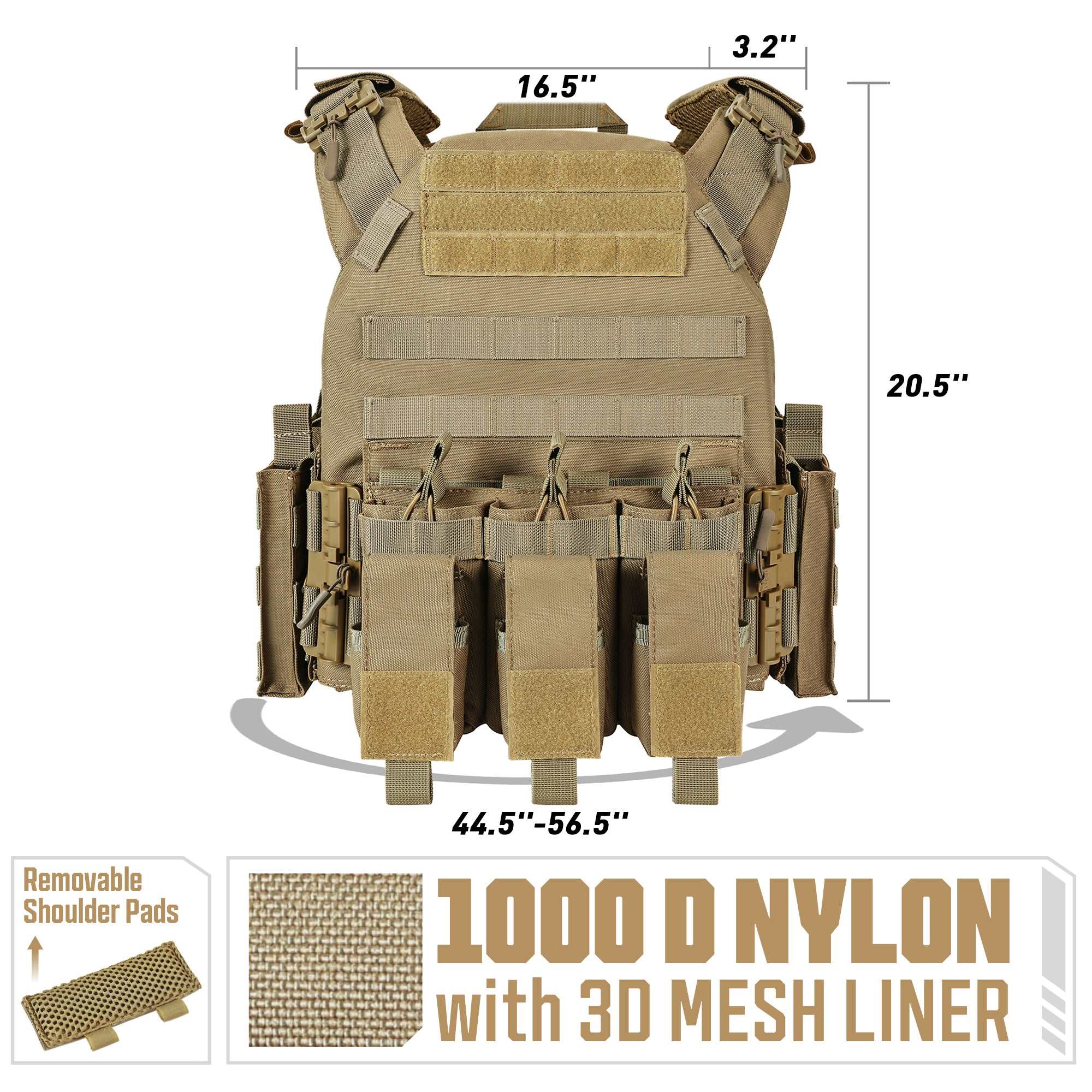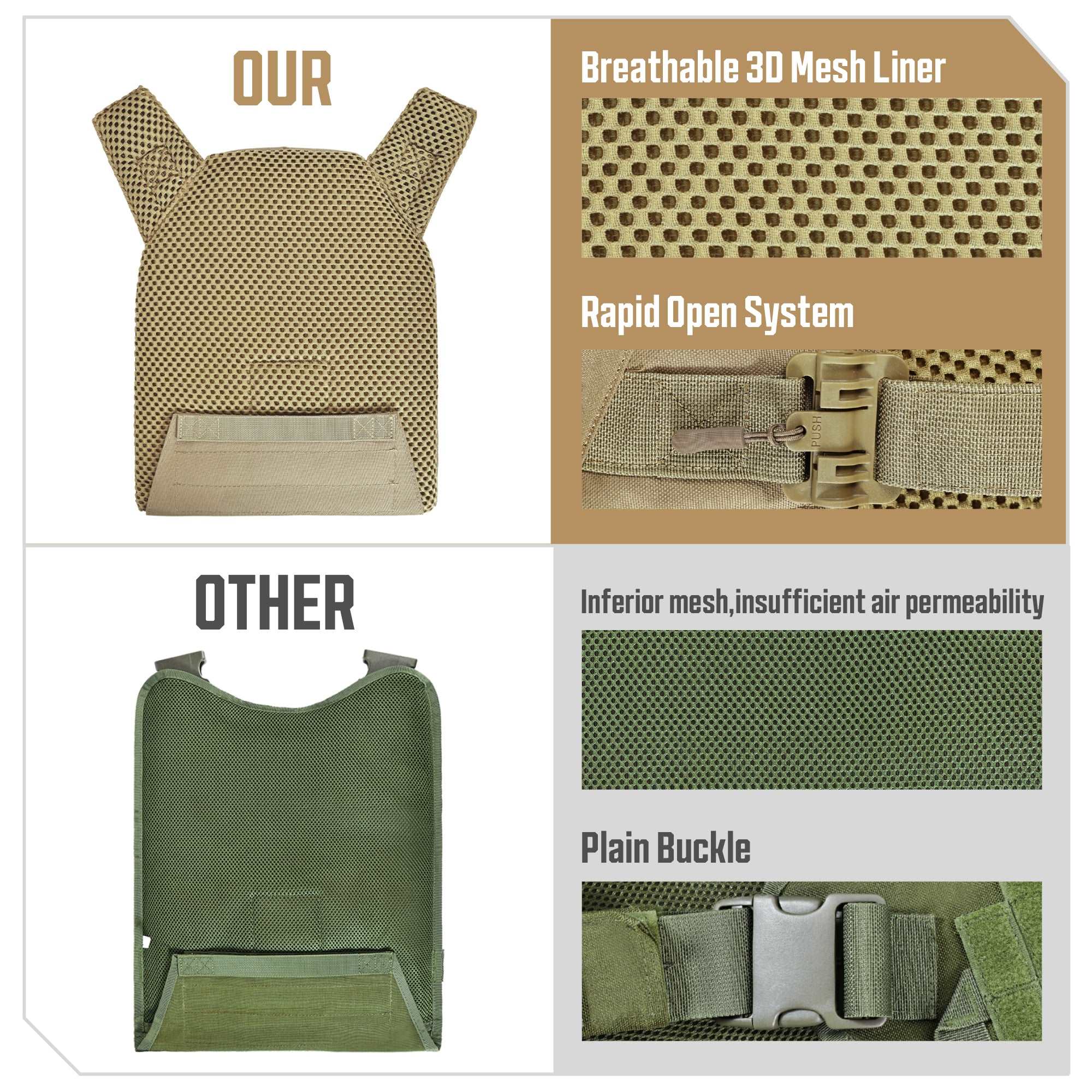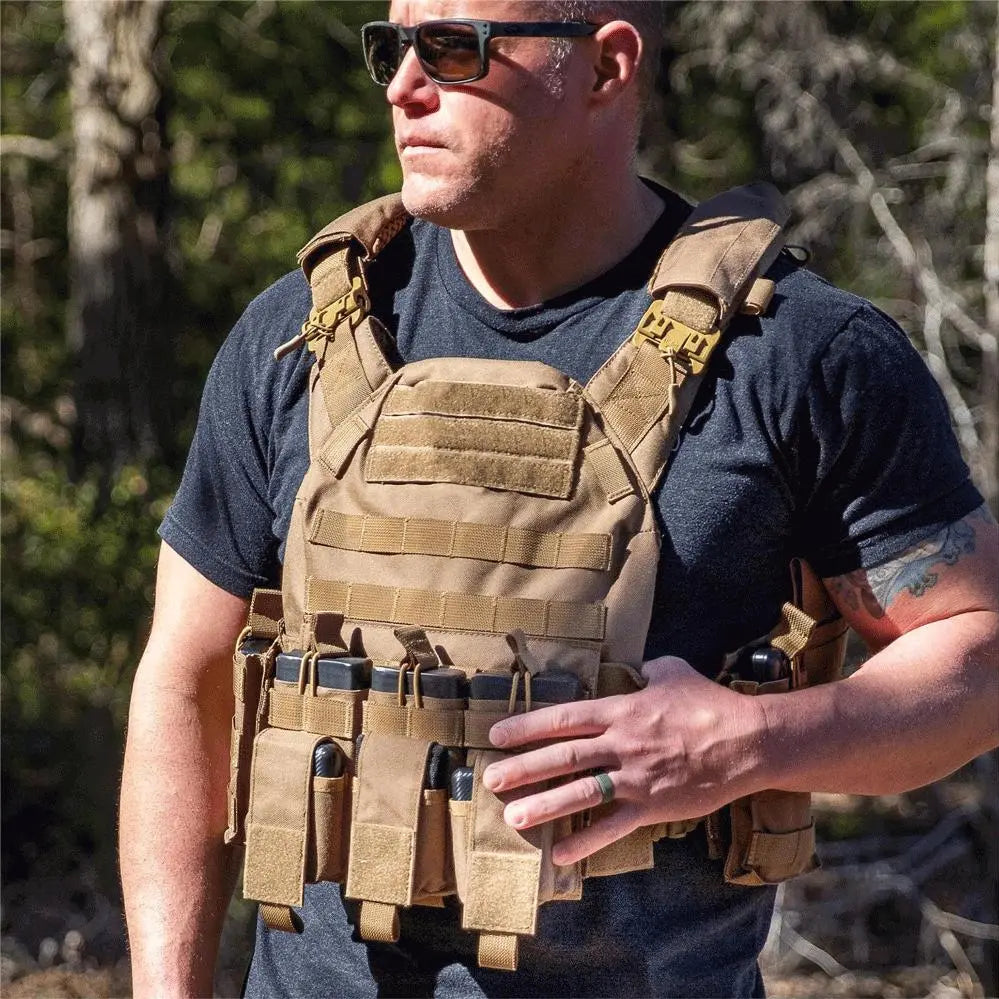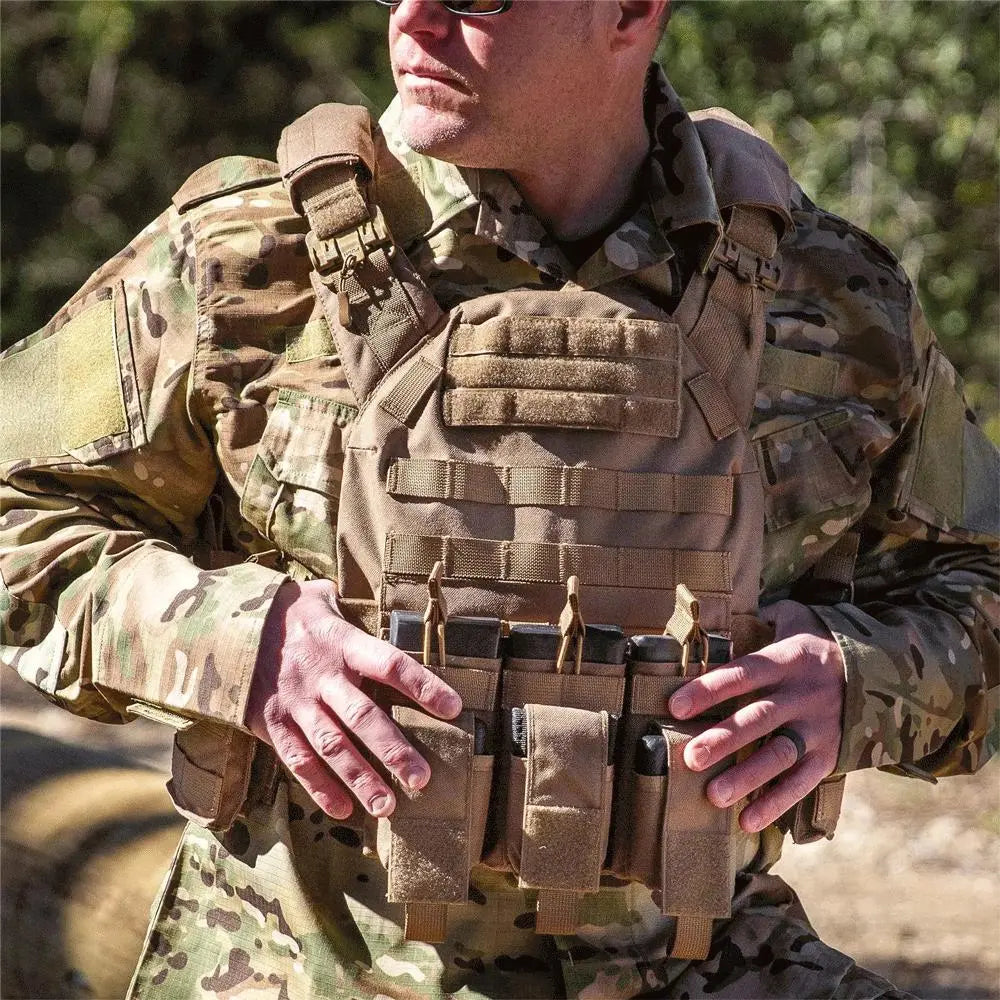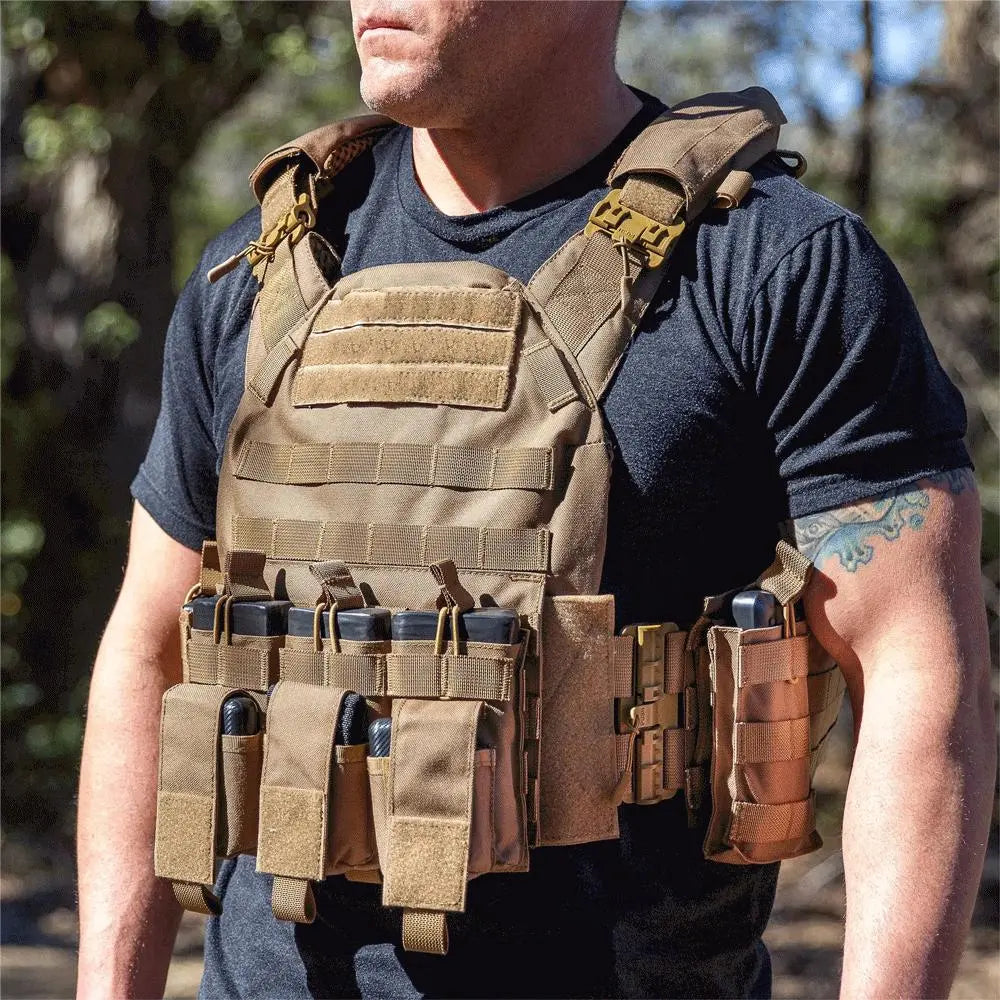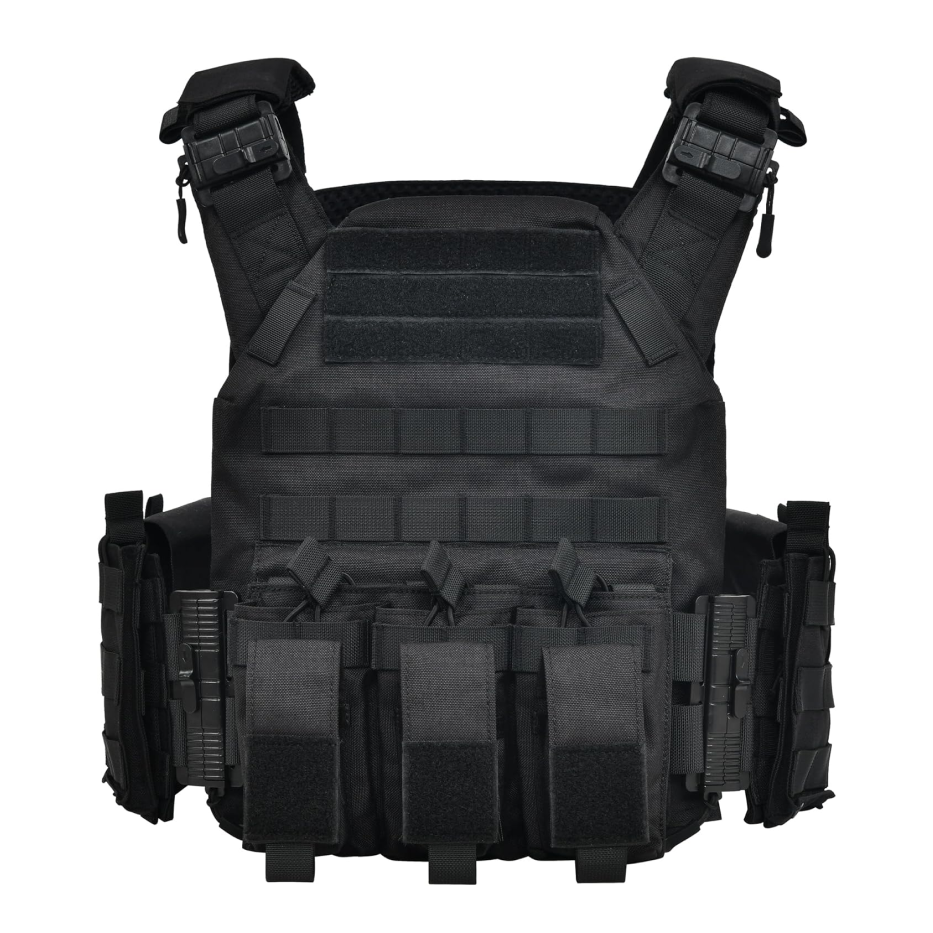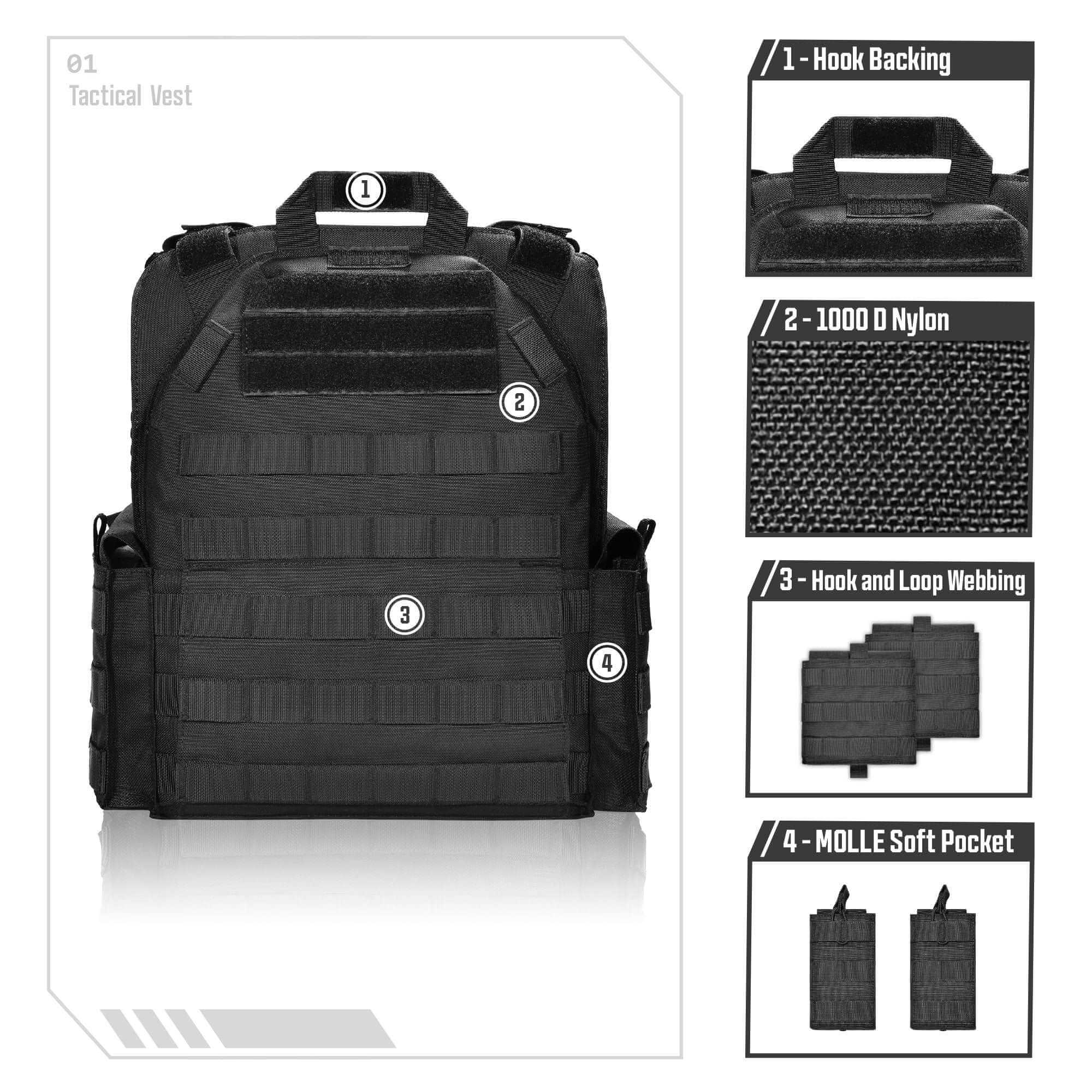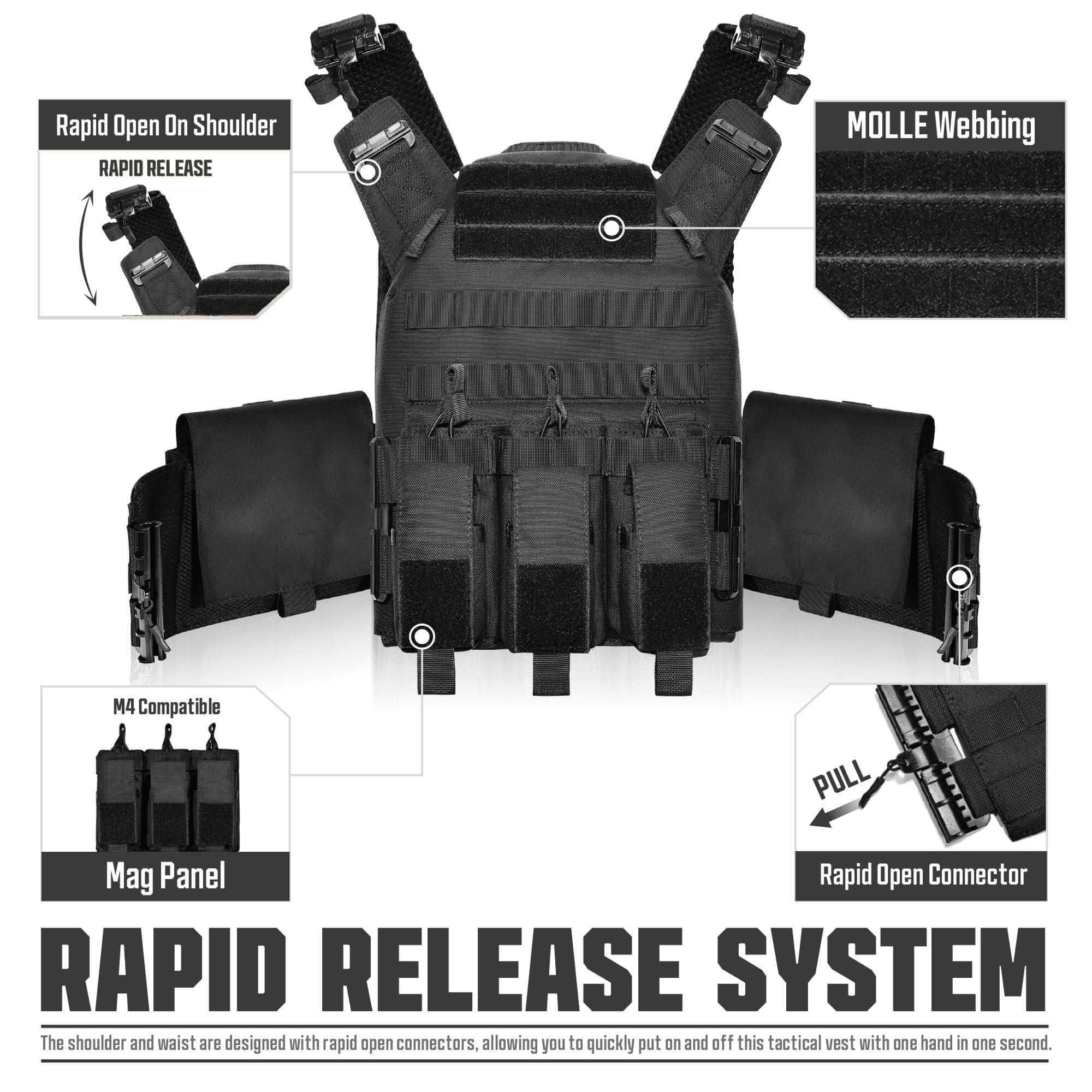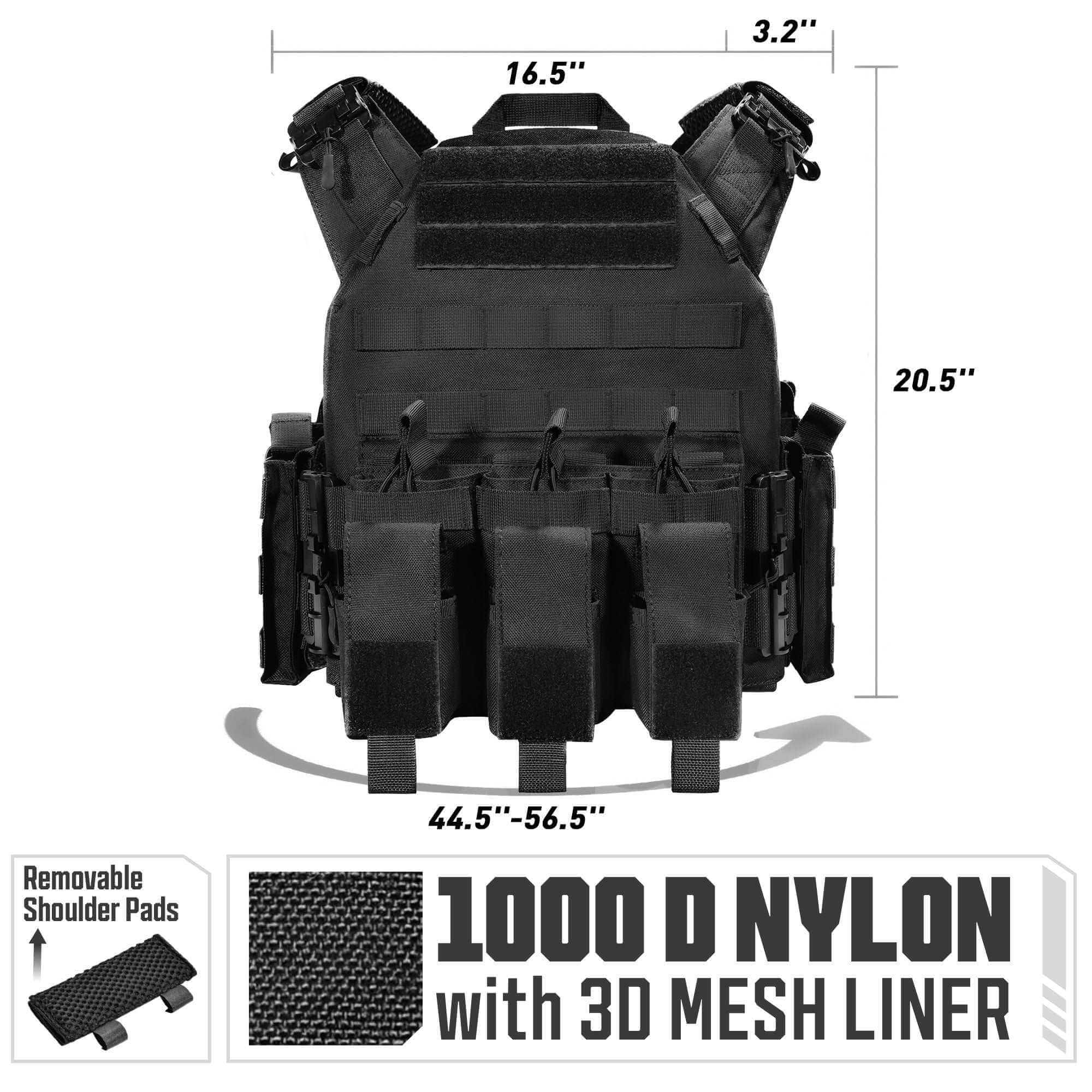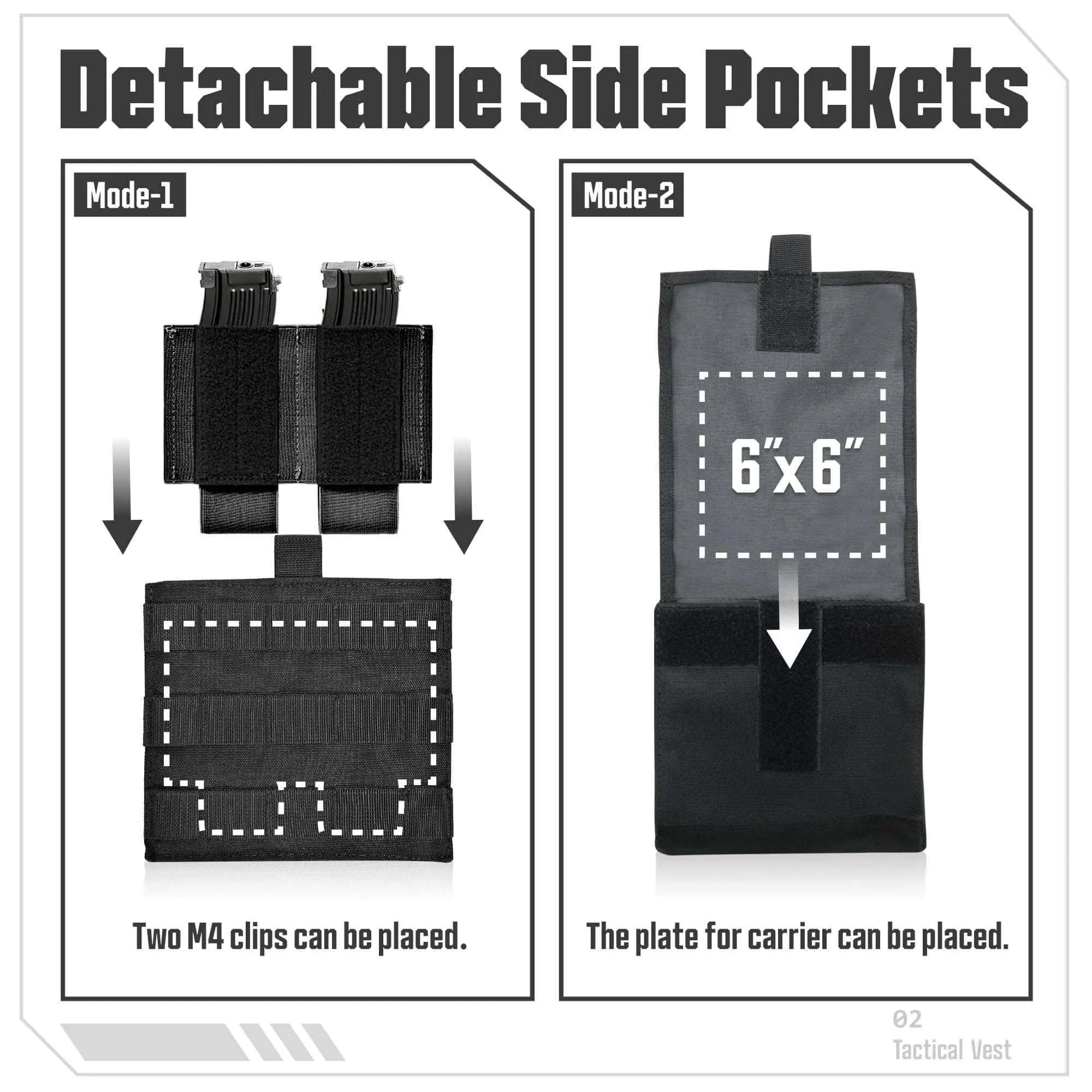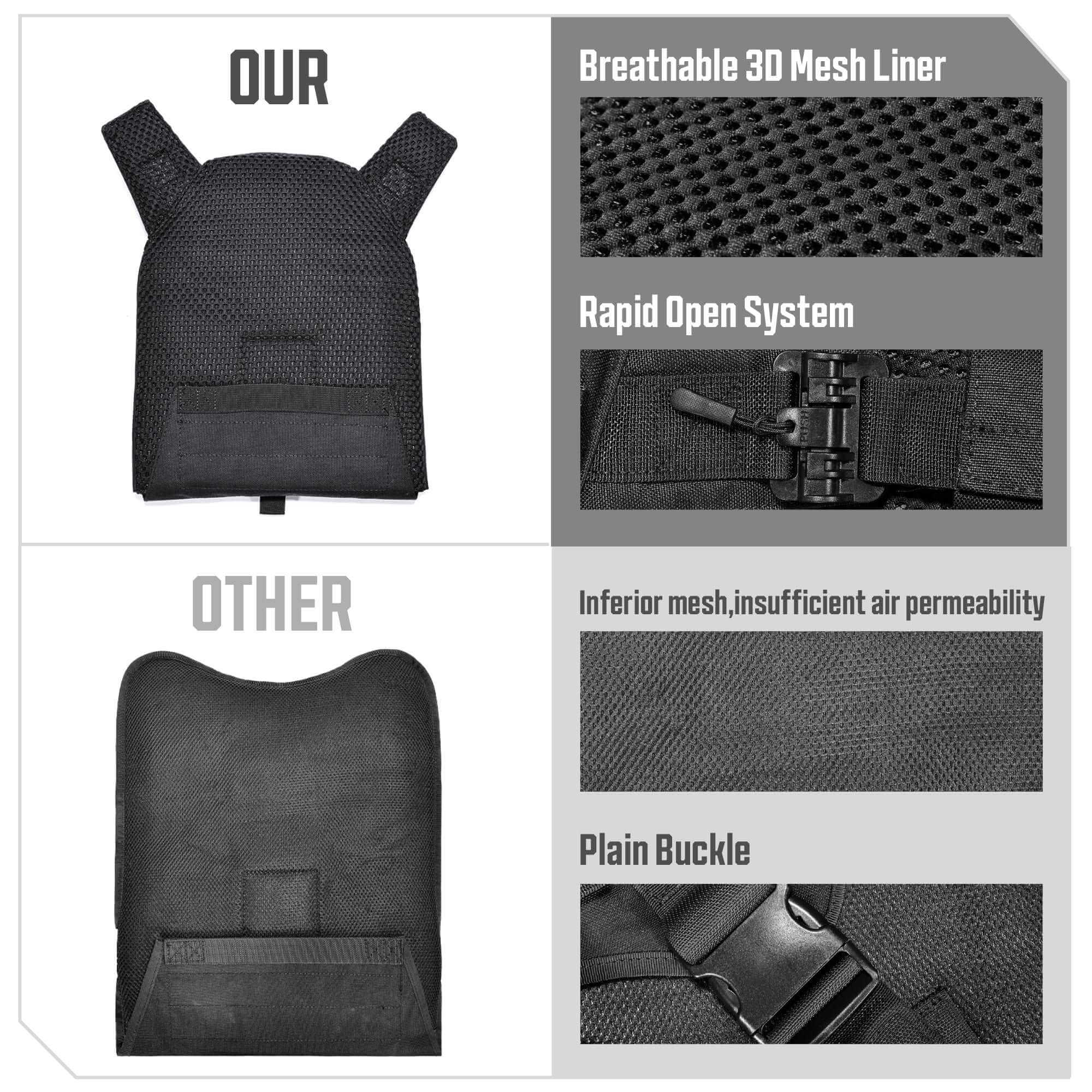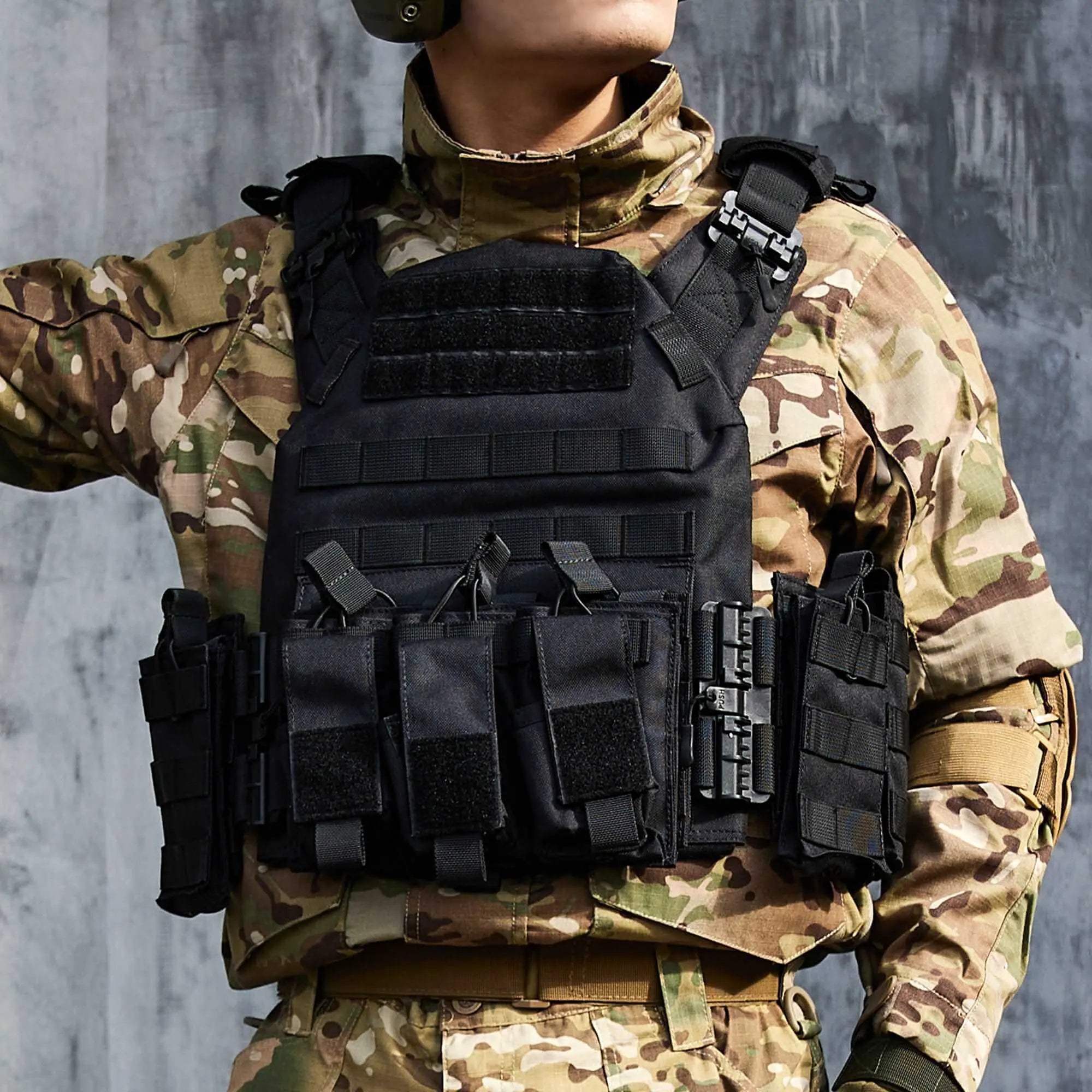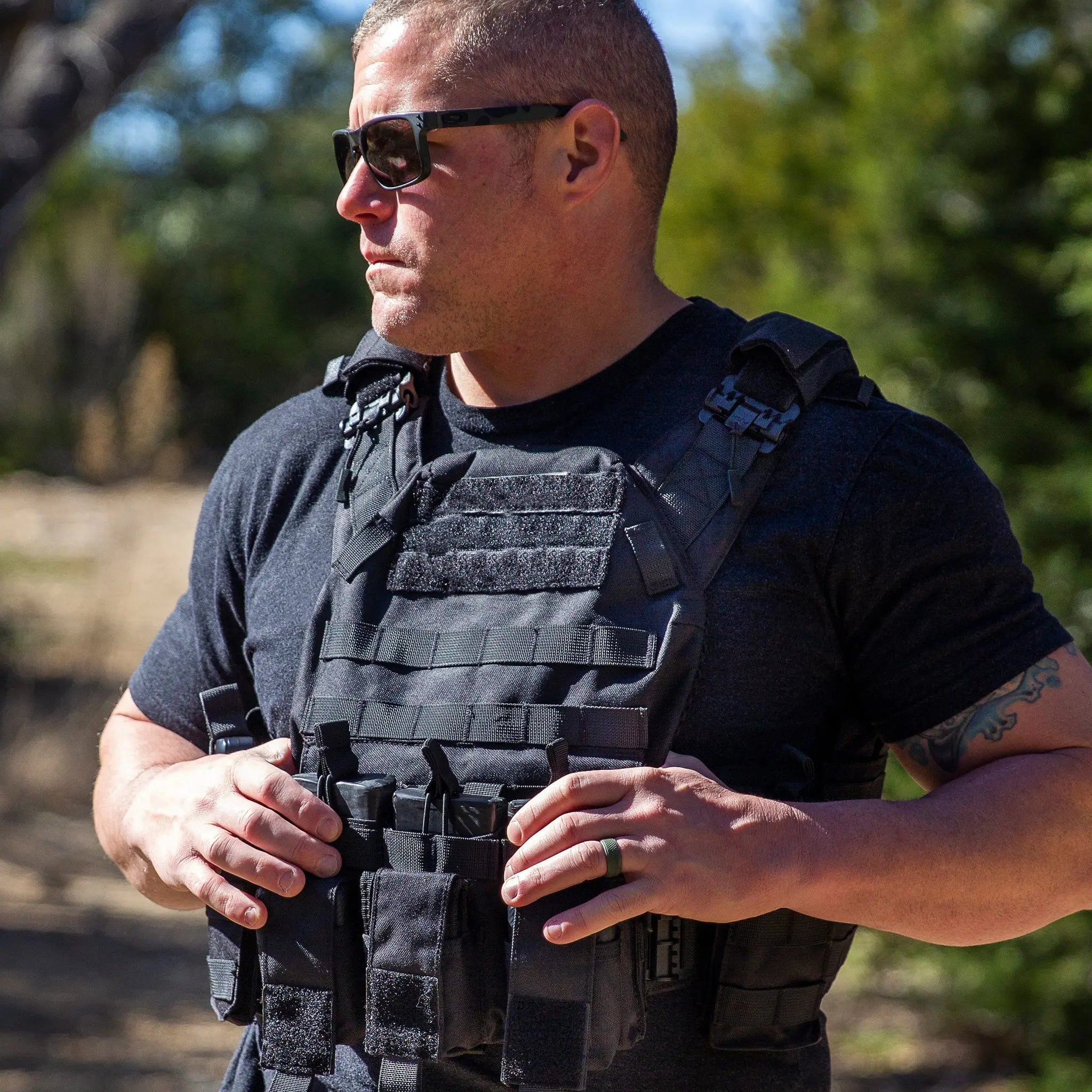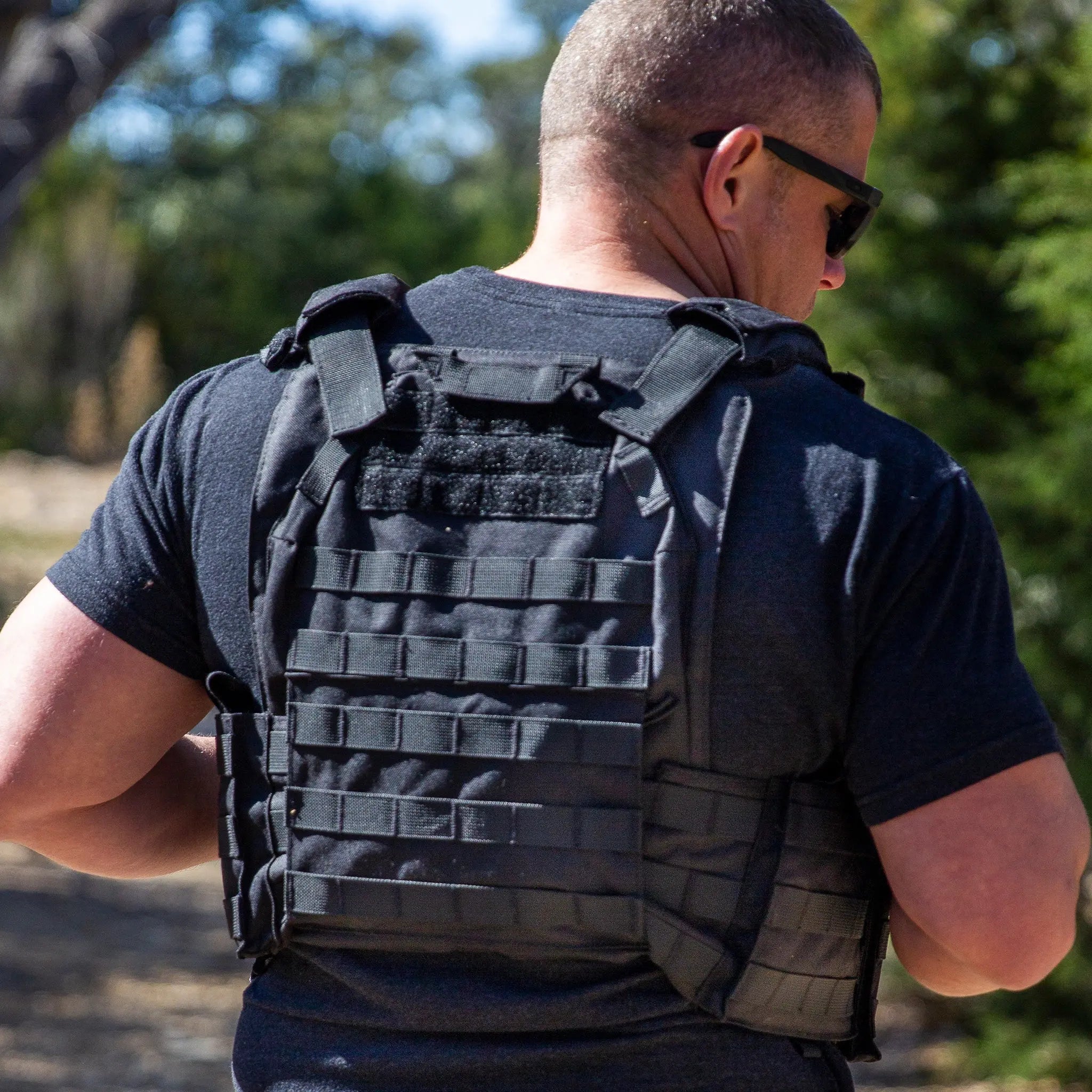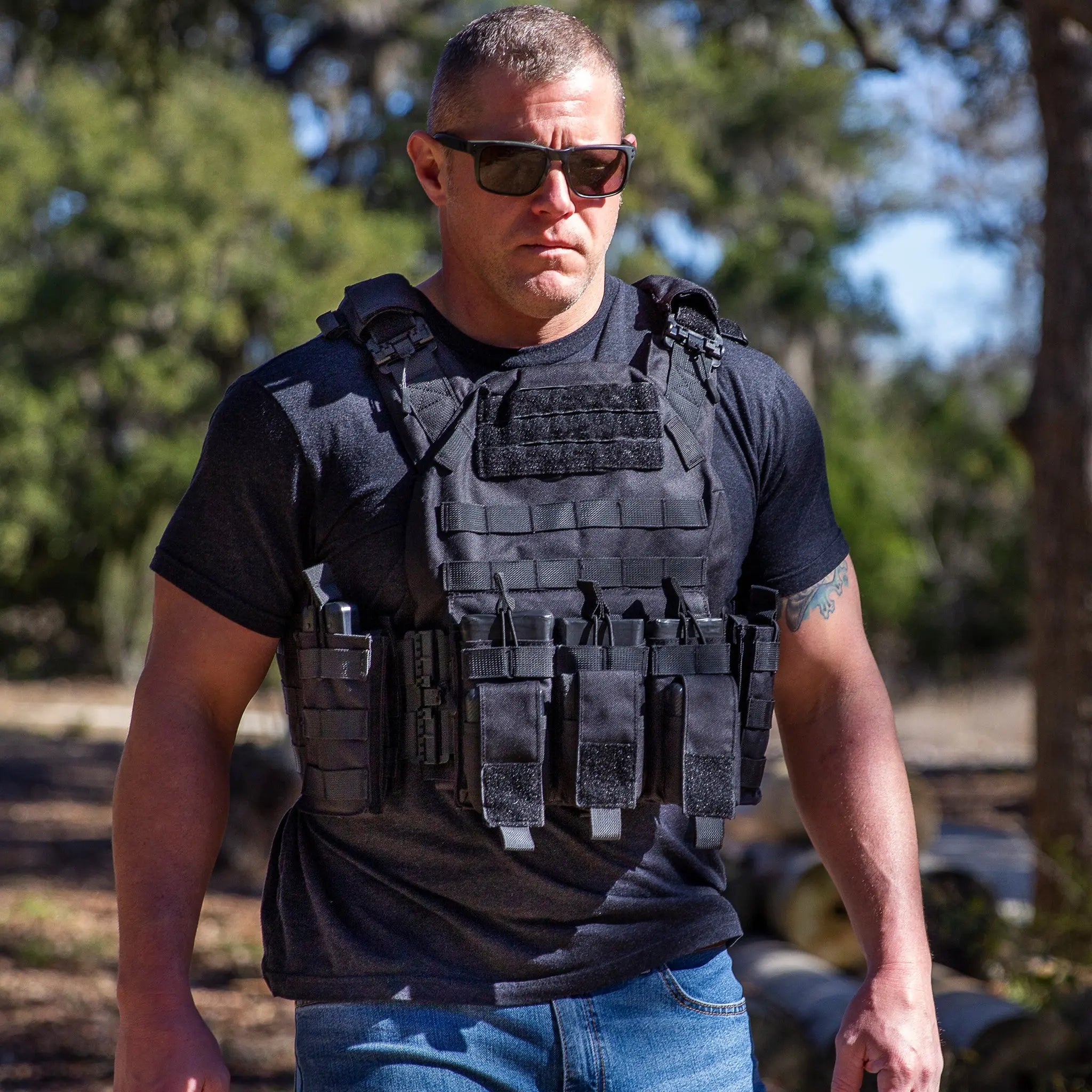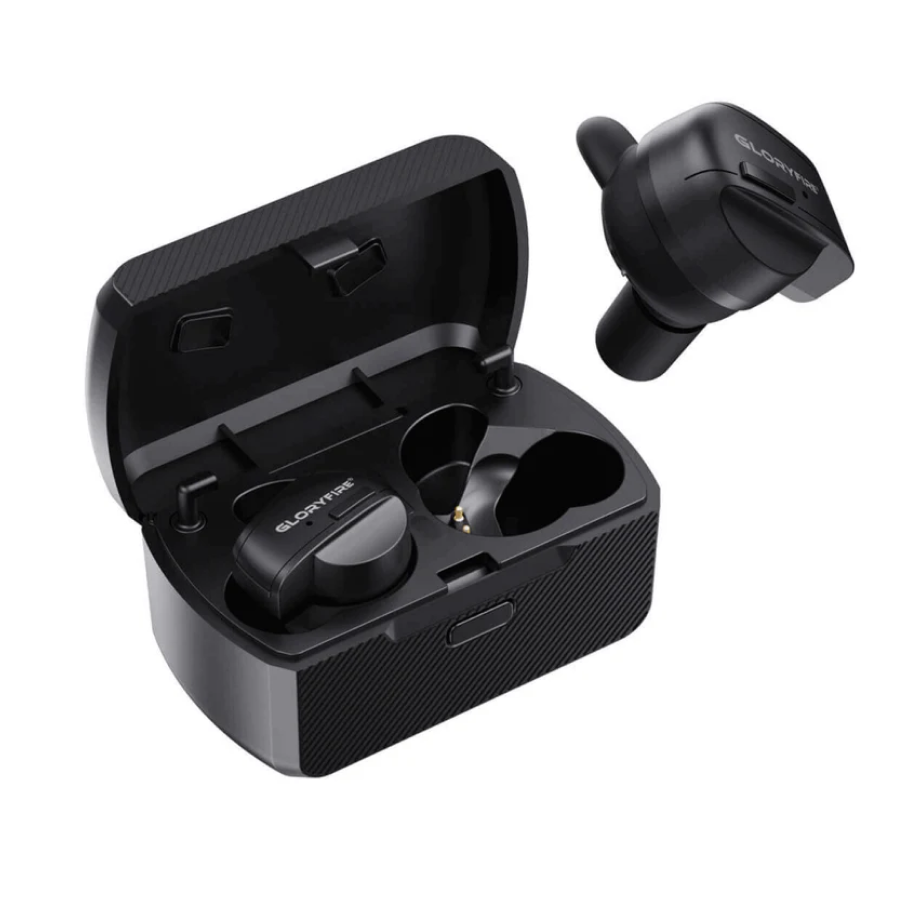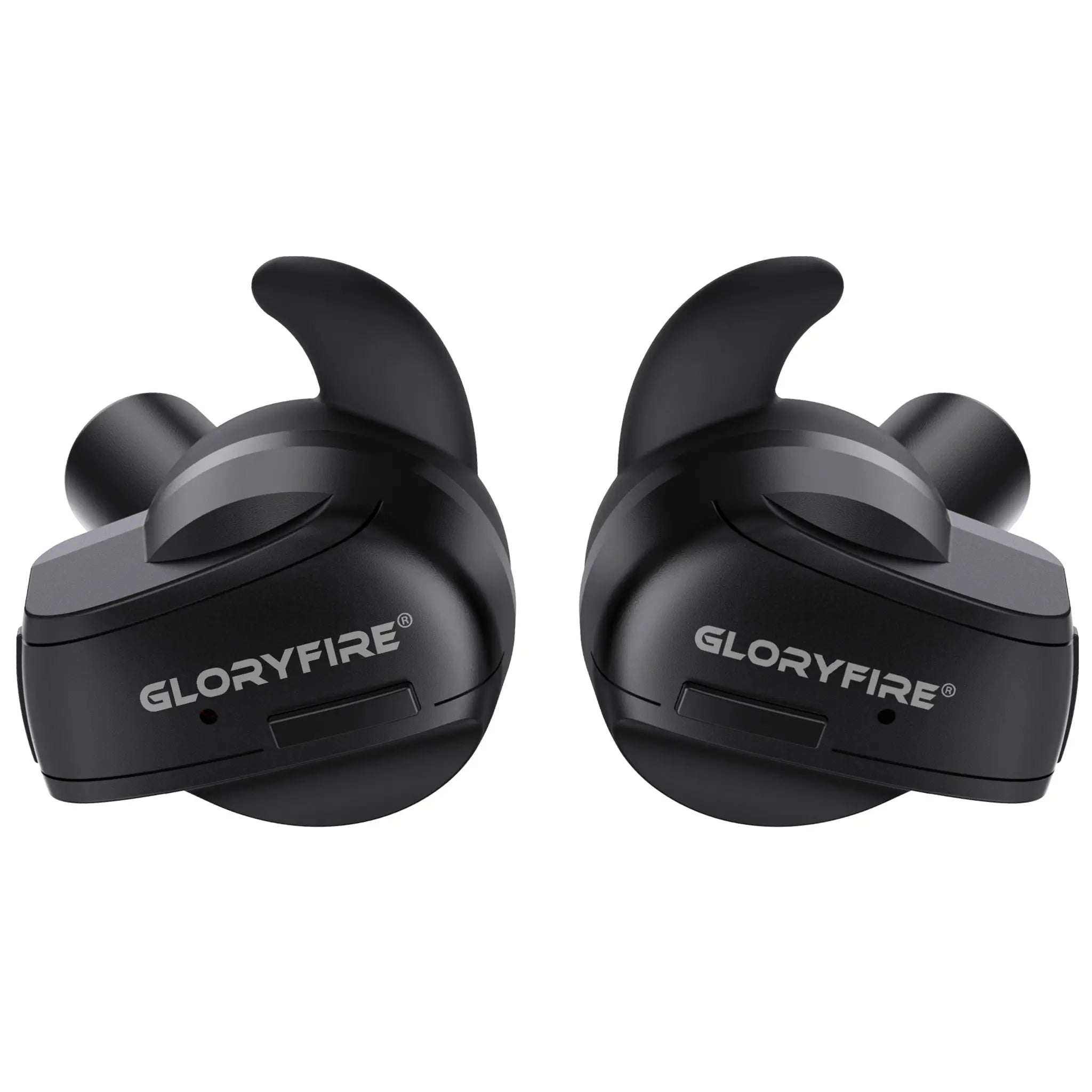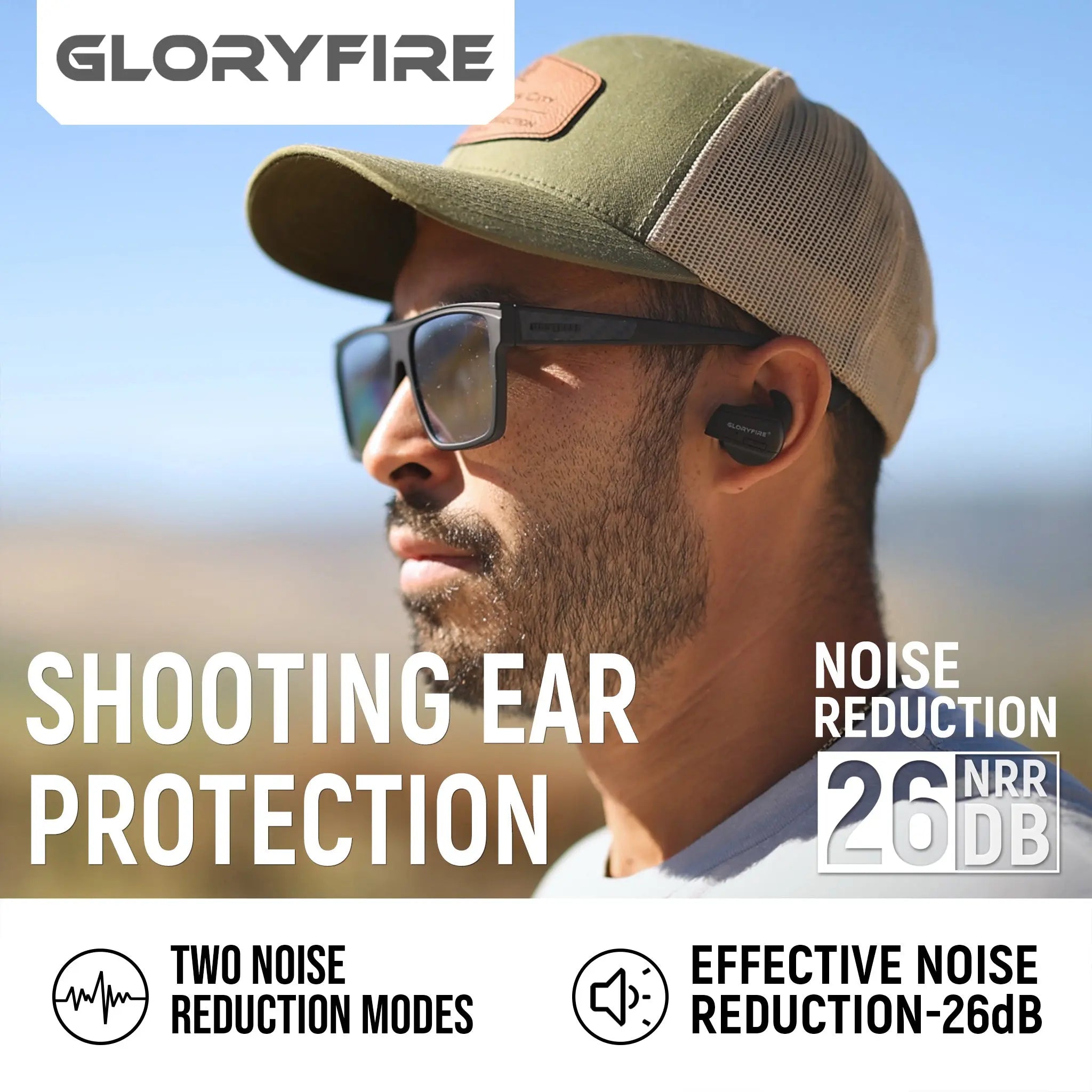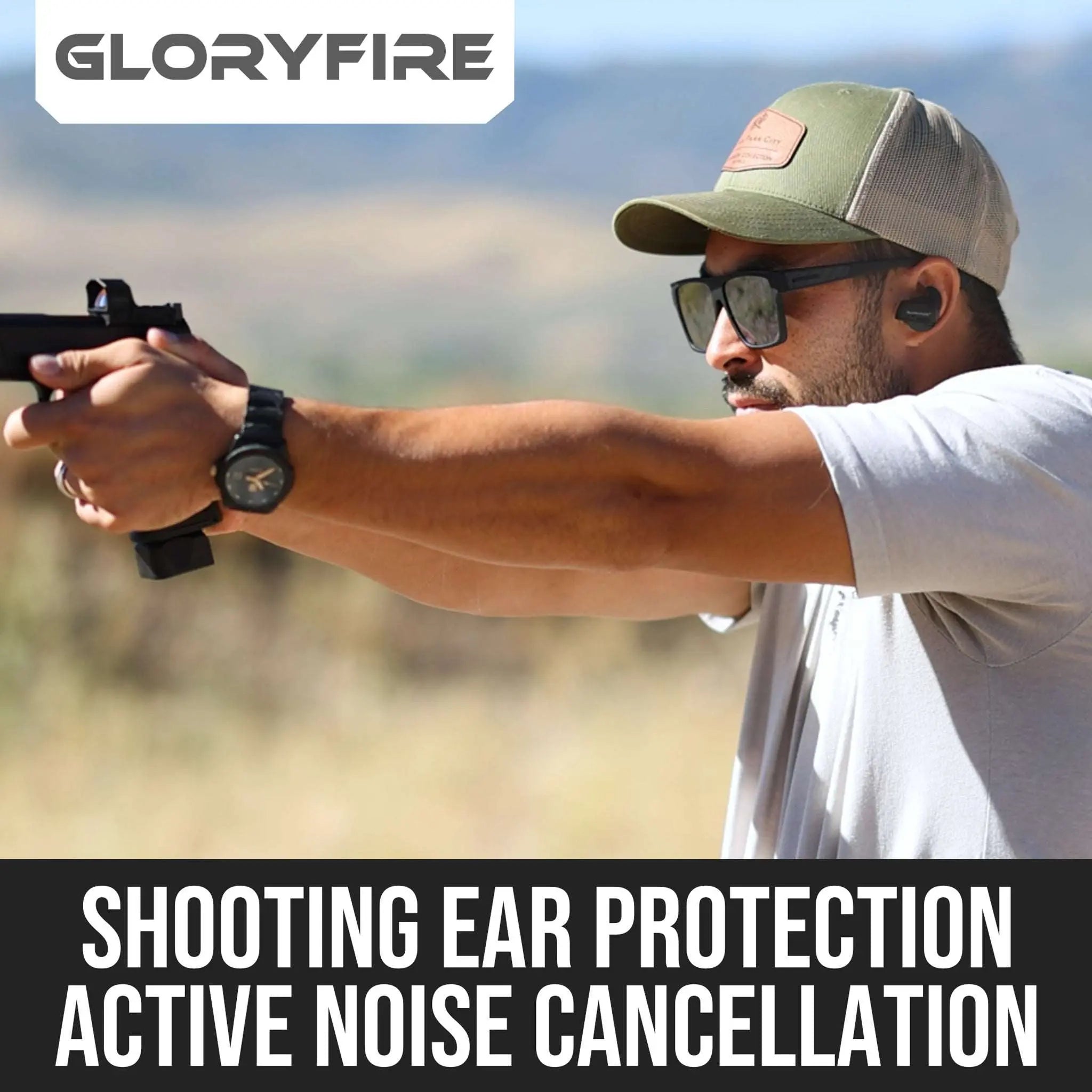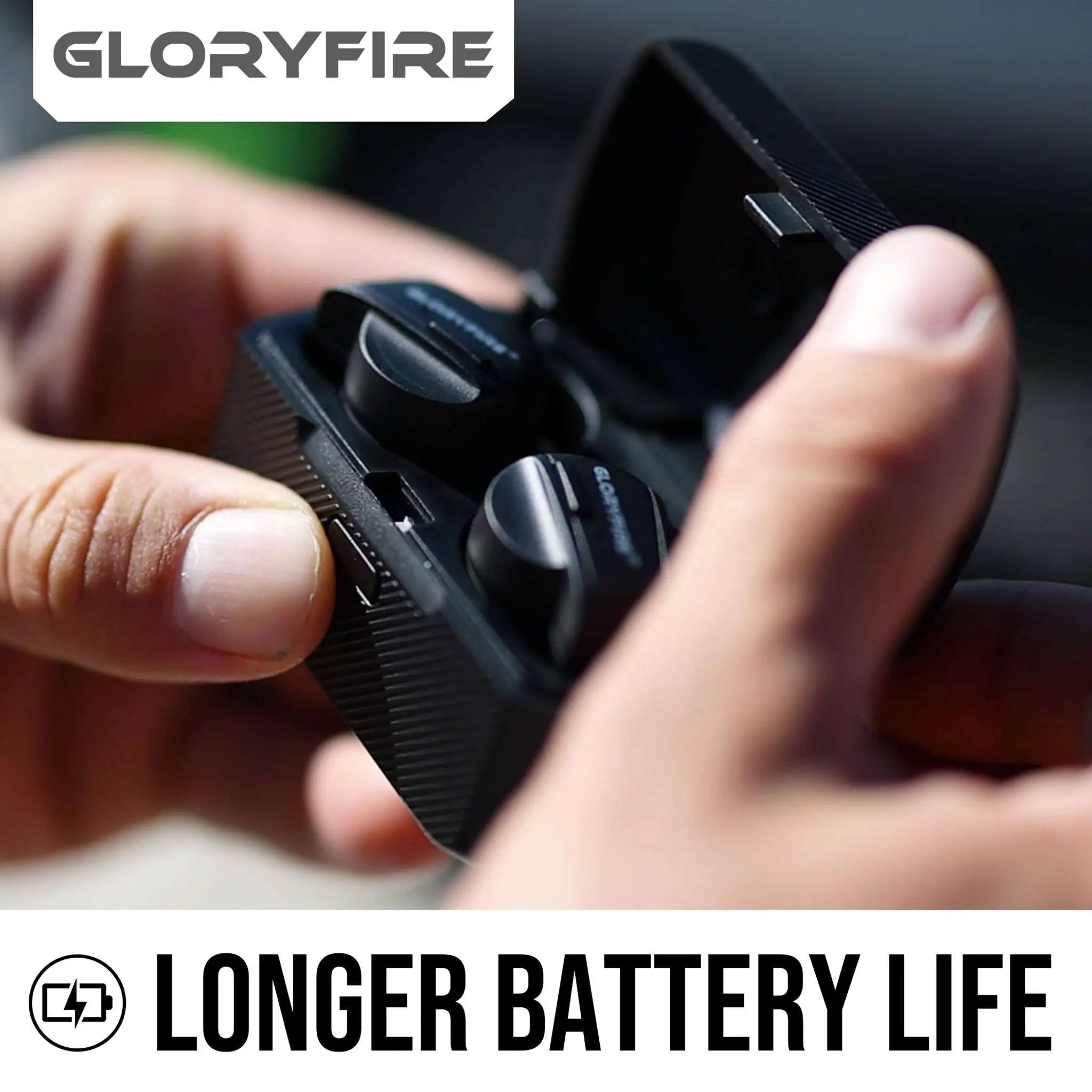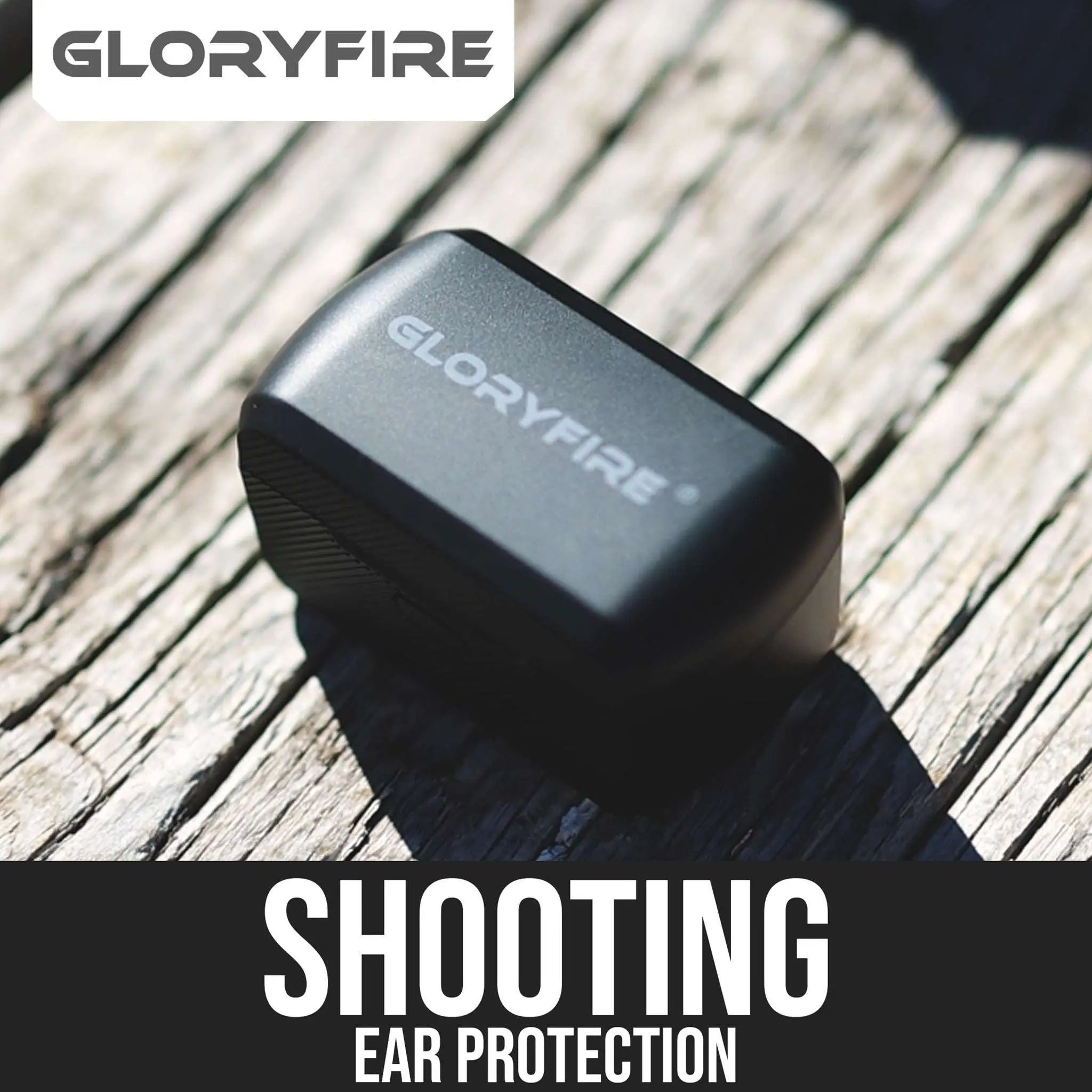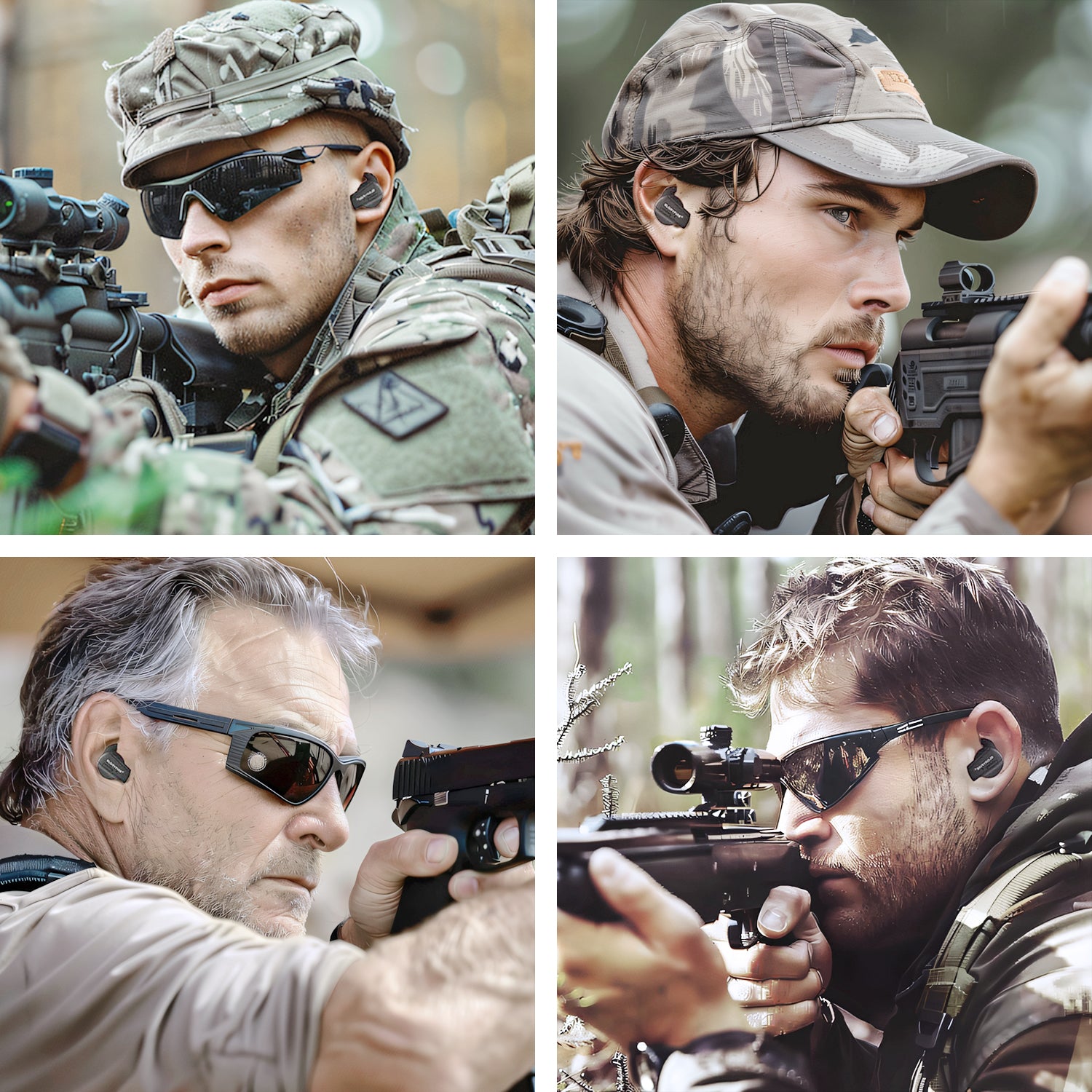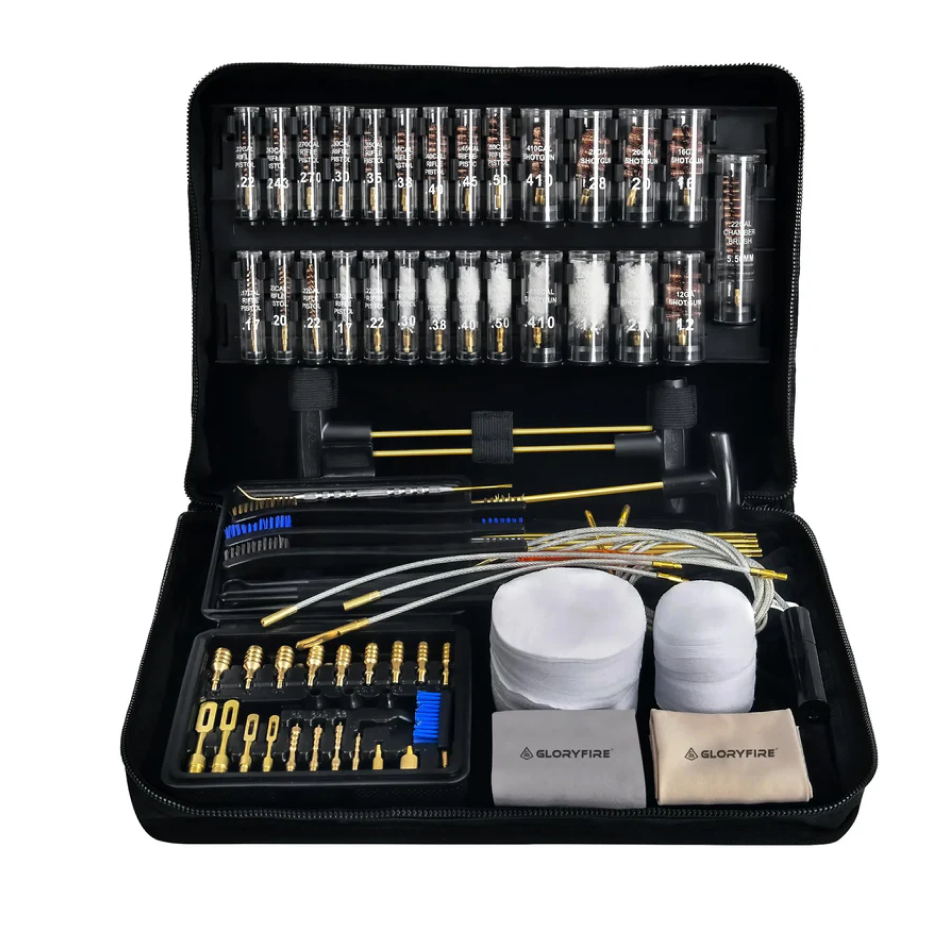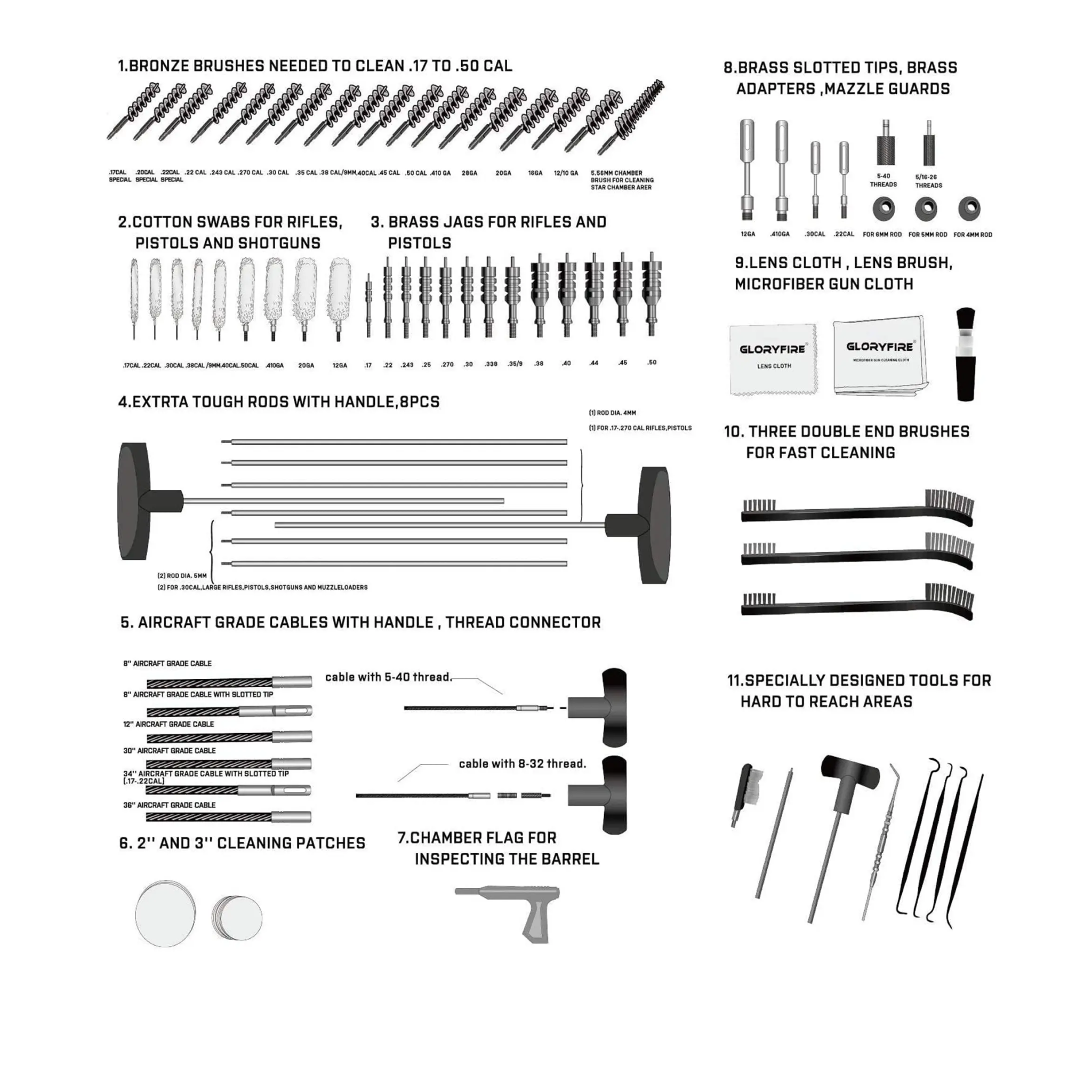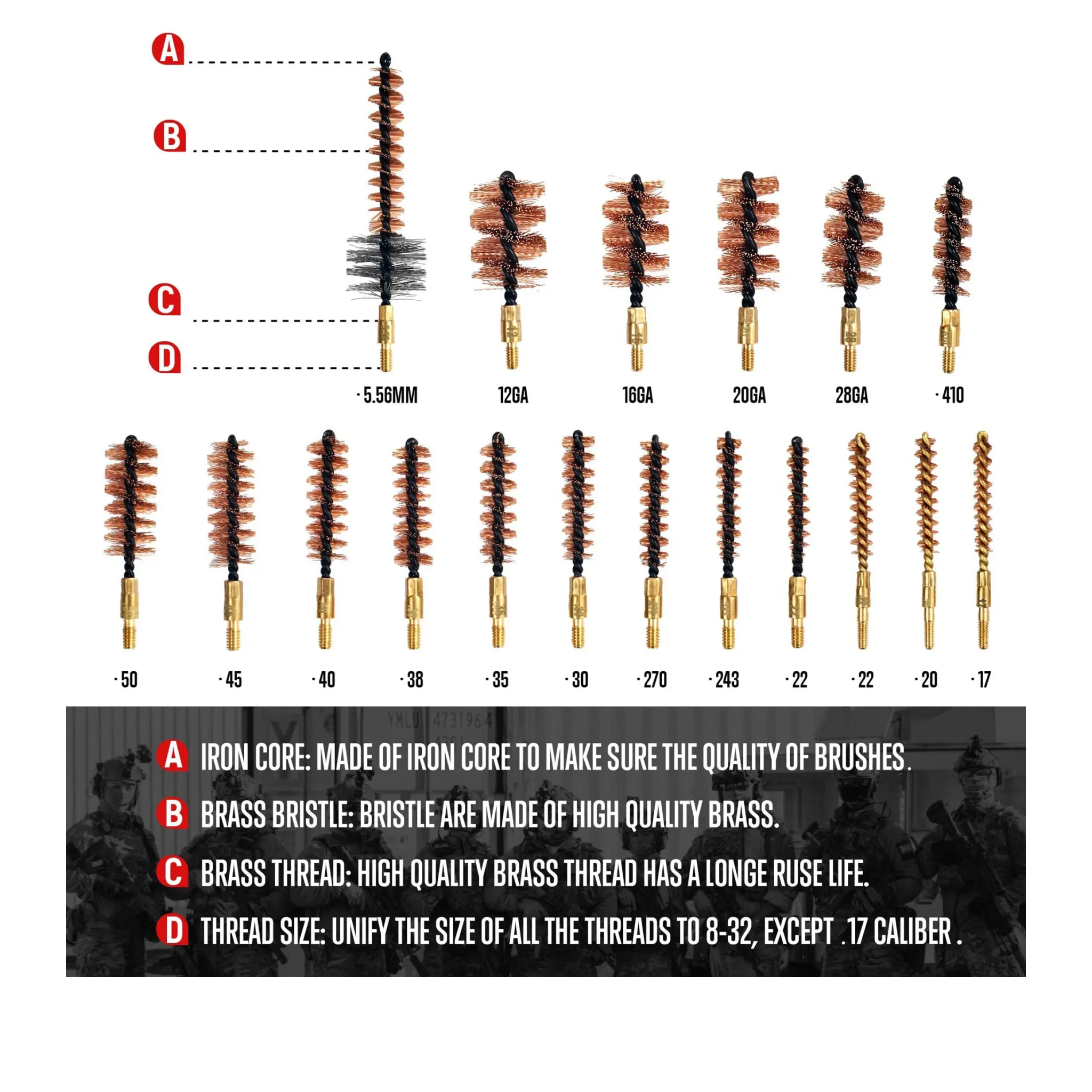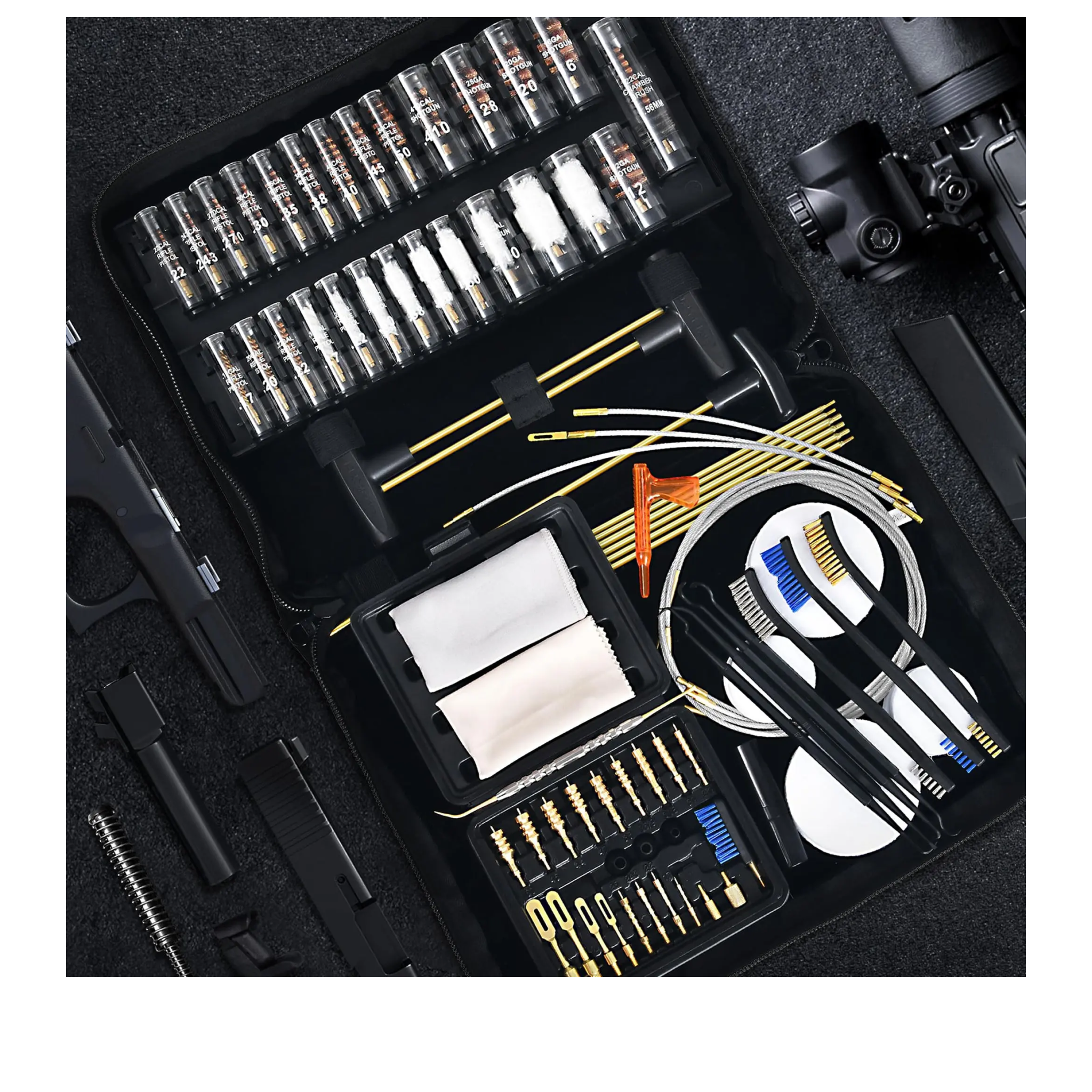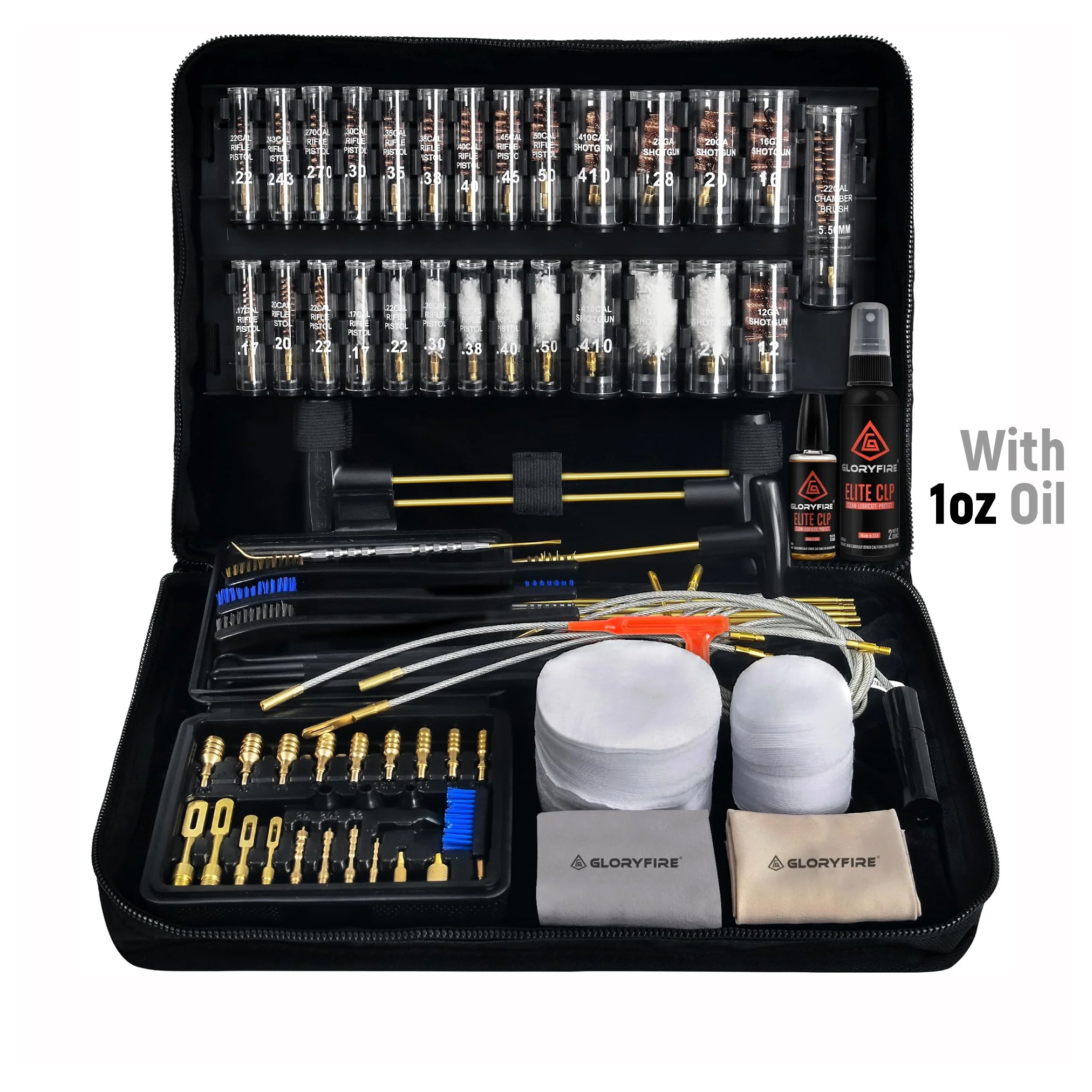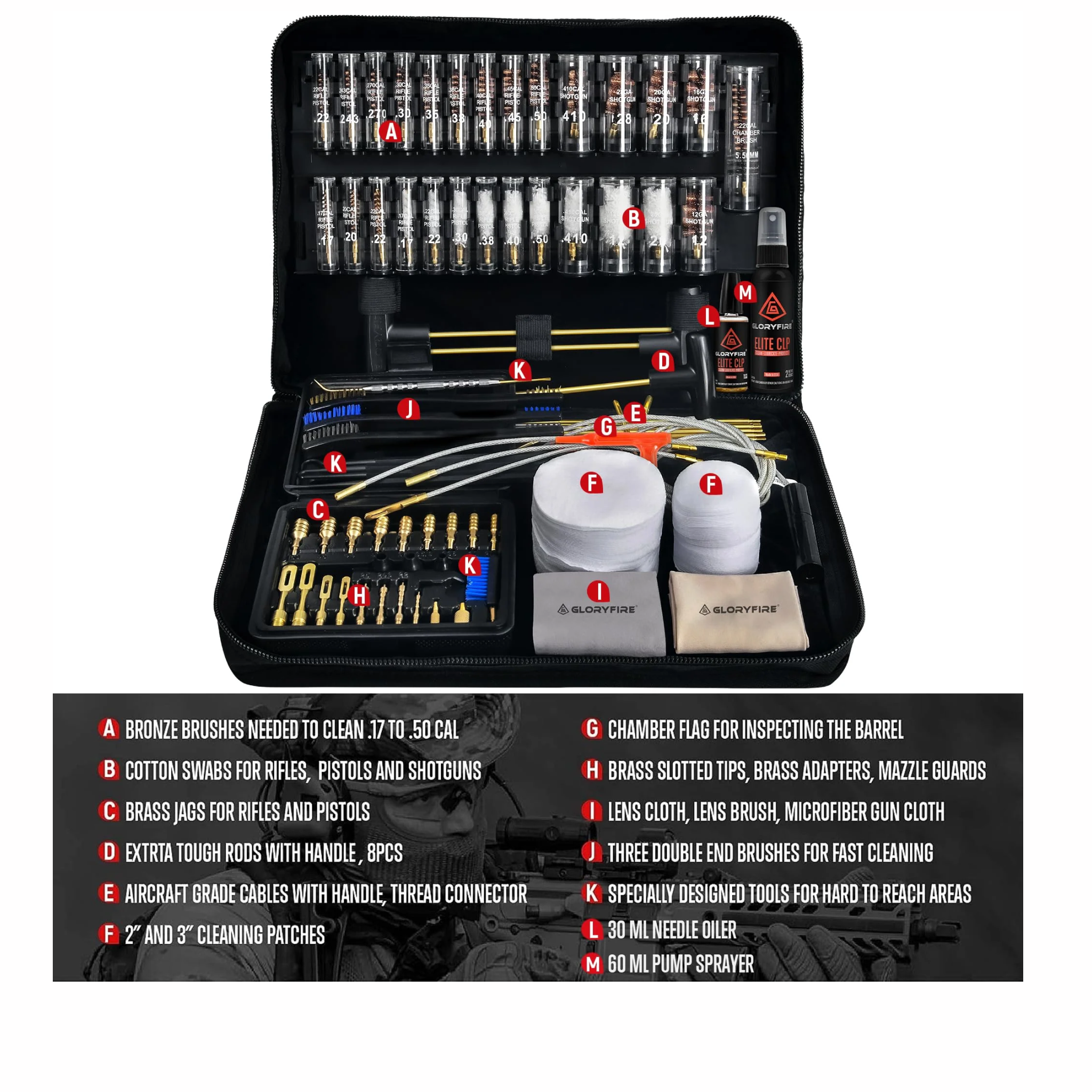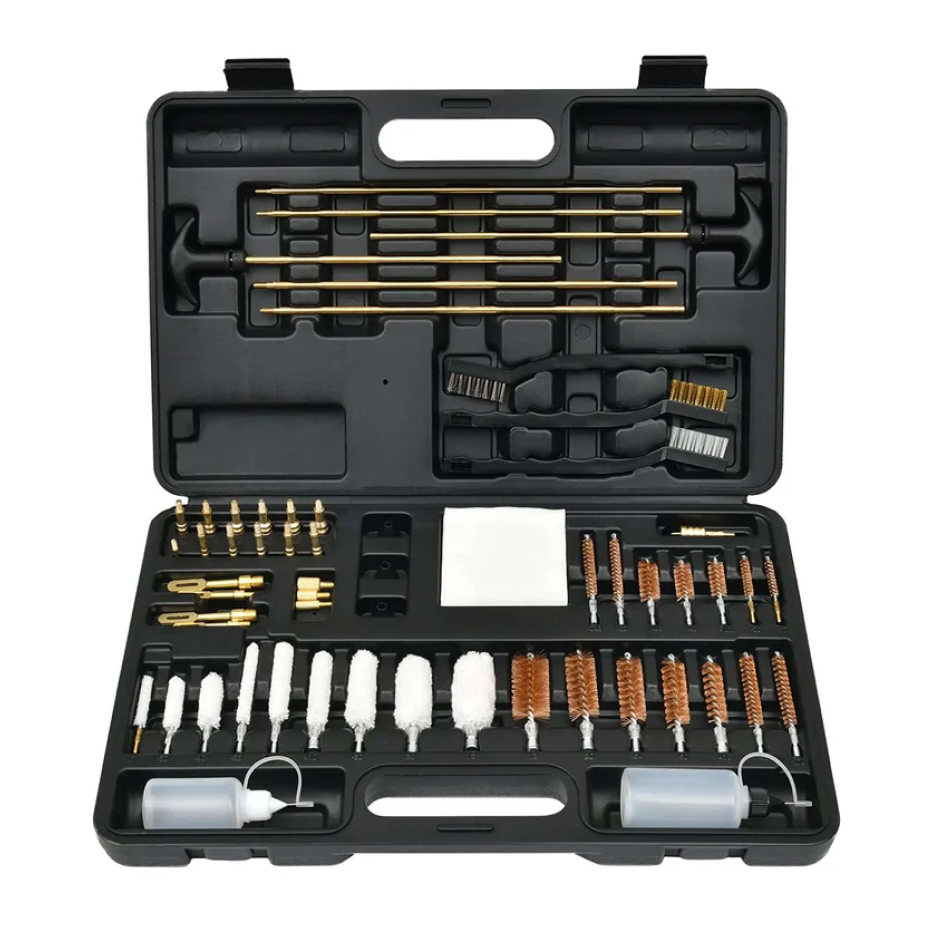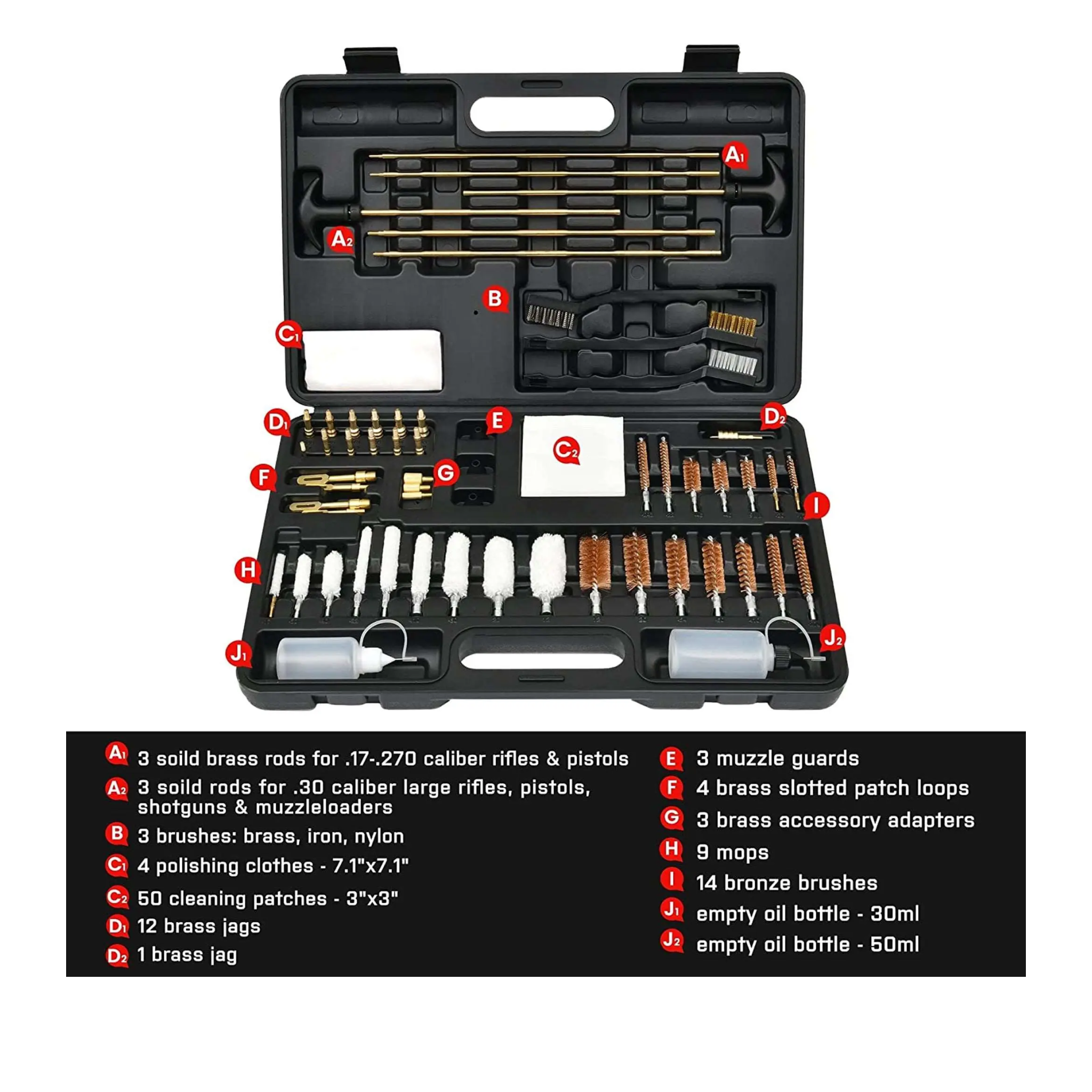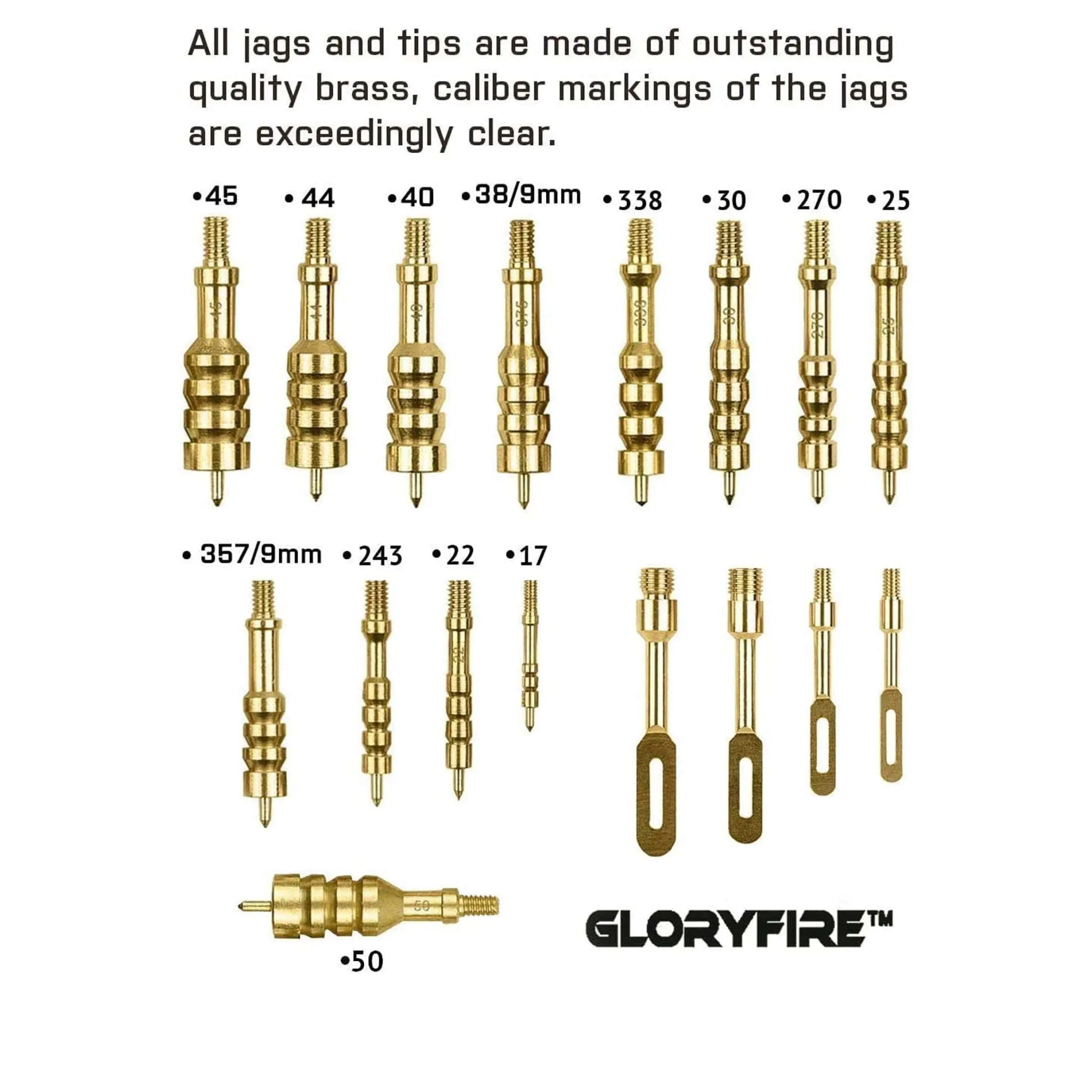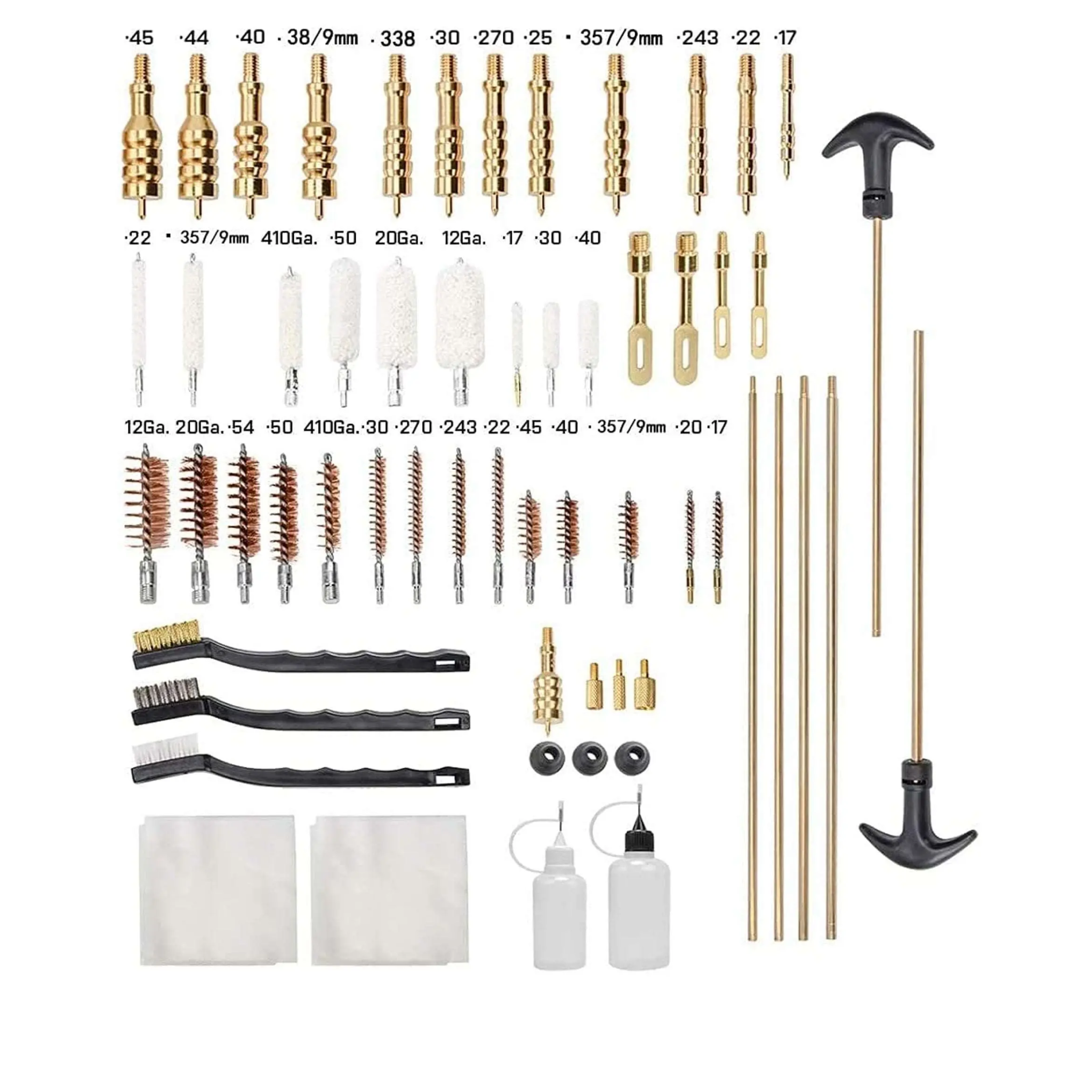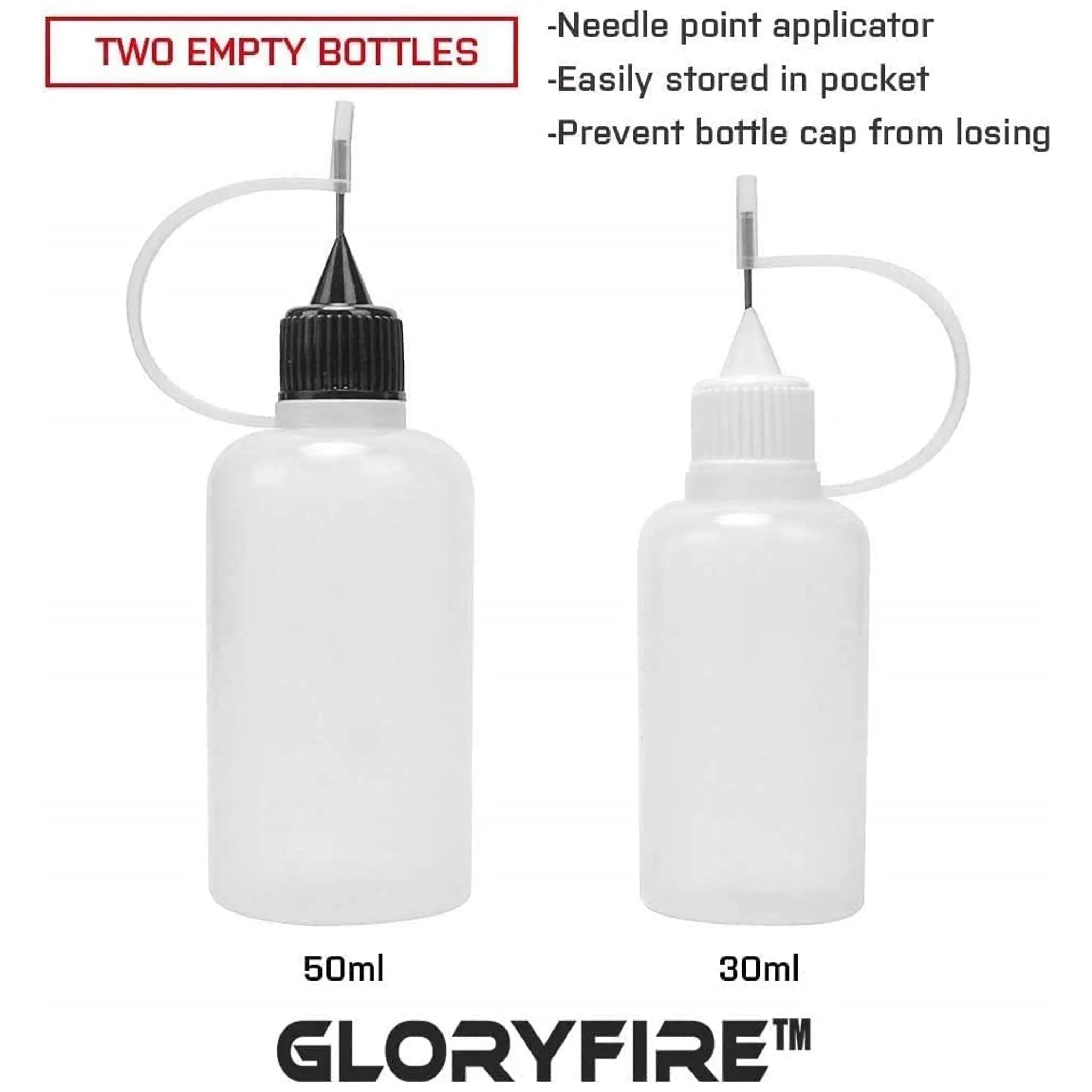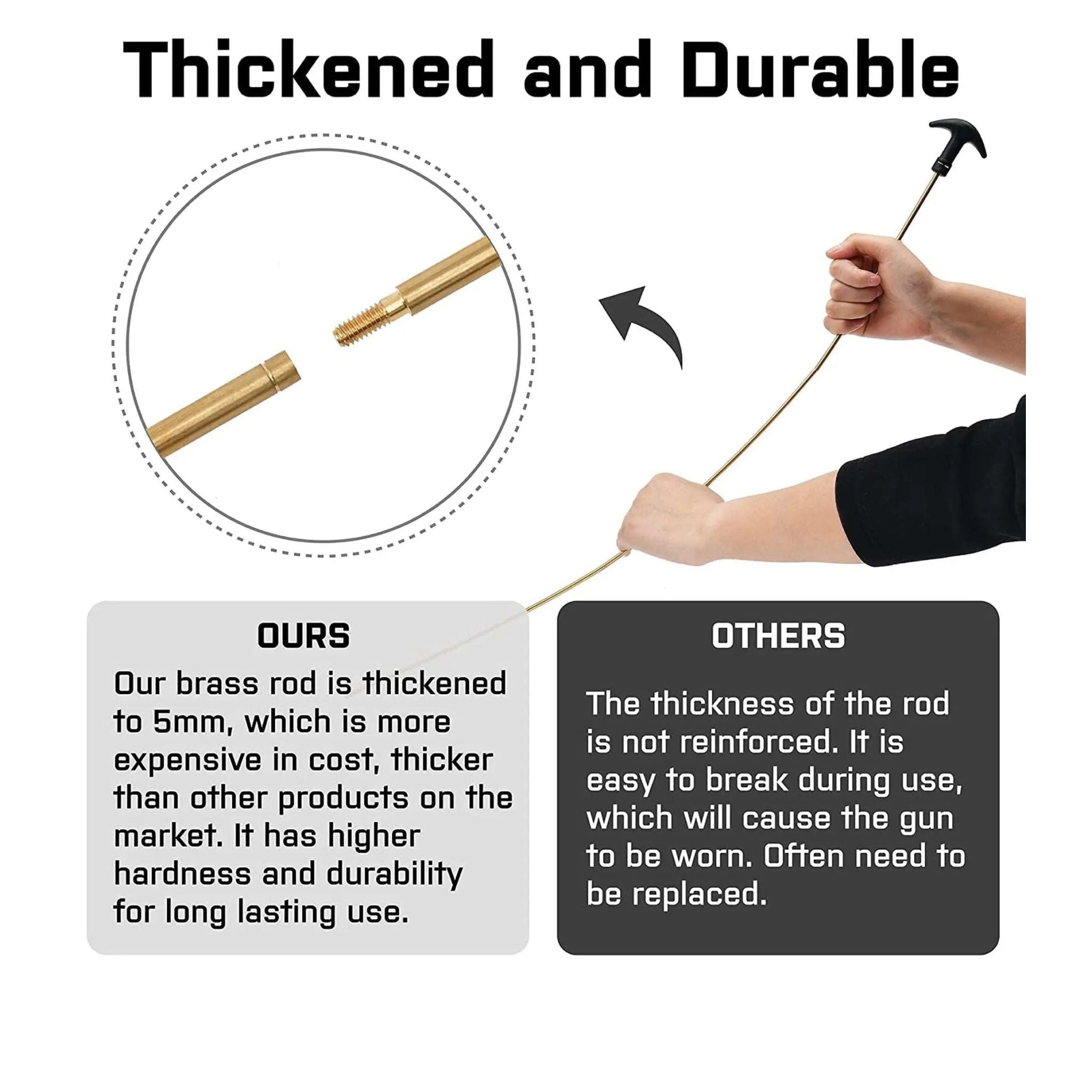BLOG & NEWS
How to Prepare Your Firearm for Hunting Season
How to Prepare Your Firearm for Hunting Season The whitetail deer hunting season is fast approaching, limited to just a few weeks in October and November, and it remains one...
The Unlikely Essential Gear For Hunting Experience
The Unlikely Essential Gear Today, we are going to talk about the unlikely essential gear for hunting experience. When it comes to hunting gear, most people think of rifles, scopes,...
EarBuds Essentials: The Best of 2024
WHY YOU NEED EARBUDS TO PROTECT YOUR HEARING? From the range to the hunt, ear protection is essential for shooters - and we've got the top 5 earbuds to help...
How Much Does it Cost to Own a Gun?
Let's take the first handgun as an example and list out the items needed along with their reference prices. You'll need to purchase several categories of items, including: Handgun/pistol Ammo...
Why Should You Use Shooting Ear Protection When Shooting A Firearm?
You should wear shooting ear protection when using a handgun these days, which is pretty much a given. It's important to understand that hearing loss is cumulative, which means that whatever hearing you lose today will be added to the hearing you already have lost in the past.
What Is Electronic Hearing Protection And The Best Electronic Protection For Shooting?
It's crucial to use electronic hearing protection when shooting. As you'll see, the majority of weapons emit a decibel (dB) level that will permanently harm hearing.
Top Rated Shooting Ear Protection
It's crucial to use shooting ear protection. You'll find that the majority of weapons create a decibel (dB) level that will permanently harm hearing. Yet, there are several varieties and levels of protection available for shooting hearing protection. Above 140 dB of intense noise exposure can permanently harm your hearing. As most rifles fire at 140 dB or more, this is crucial information for shooters.
Top Hearing Protection Options for Shooting Enthusiasts
One of the most crucial items that every shooter should have in their range bag is a pair of electronic shooting ear protection earbuds. Compared to conventional foam or rubber hearing protection, these plugs offer significantly better acoustic protection.
2024 Best Comfortable Shooting Ear Protection
About shooting ear protection, Earplugs are one of the most effective types of hearing protection available for working in areas with a high degree of noise exposure, as they block out loud noises while still allowing users to hear lesser sounds at safe levels.
What Is The Best Ear Plugs for Shooting?
Wearing shooting ear protection when shooting is essential to defend against the terrifyingly dangerous noises that firearms make. Decibels are used to measure noise levels, and sound levels over 85 dB are considered to cause hearing damage. It is advised that you use hearing protection when there is a nearby shooting or when you are the shooter to protect yourself from the very lethal noises that these rifles produce.
What Is The Best Ear Protection for Shooting?
If you're going to shoot, you need to wear shooting ear protection. The majority of firearms produce decibel levels that irreversibly damage hearing. For shooting hearing protection, there are, however, a number of styles and levels of protection available.
Ear Plugs Vs. Ear Muffs: How to choose the best shooting ear protection for you
GLORYFIRE shooting ear protection earbuds earphones provide excellent sound quality and control, effective noise cancellation, and exceptional battery life for the price range. The immediate sound-triggered compression instantly reduces any sound exceeding 85 dB by 26dB to avoid hearing damage from muzzle blasts.




